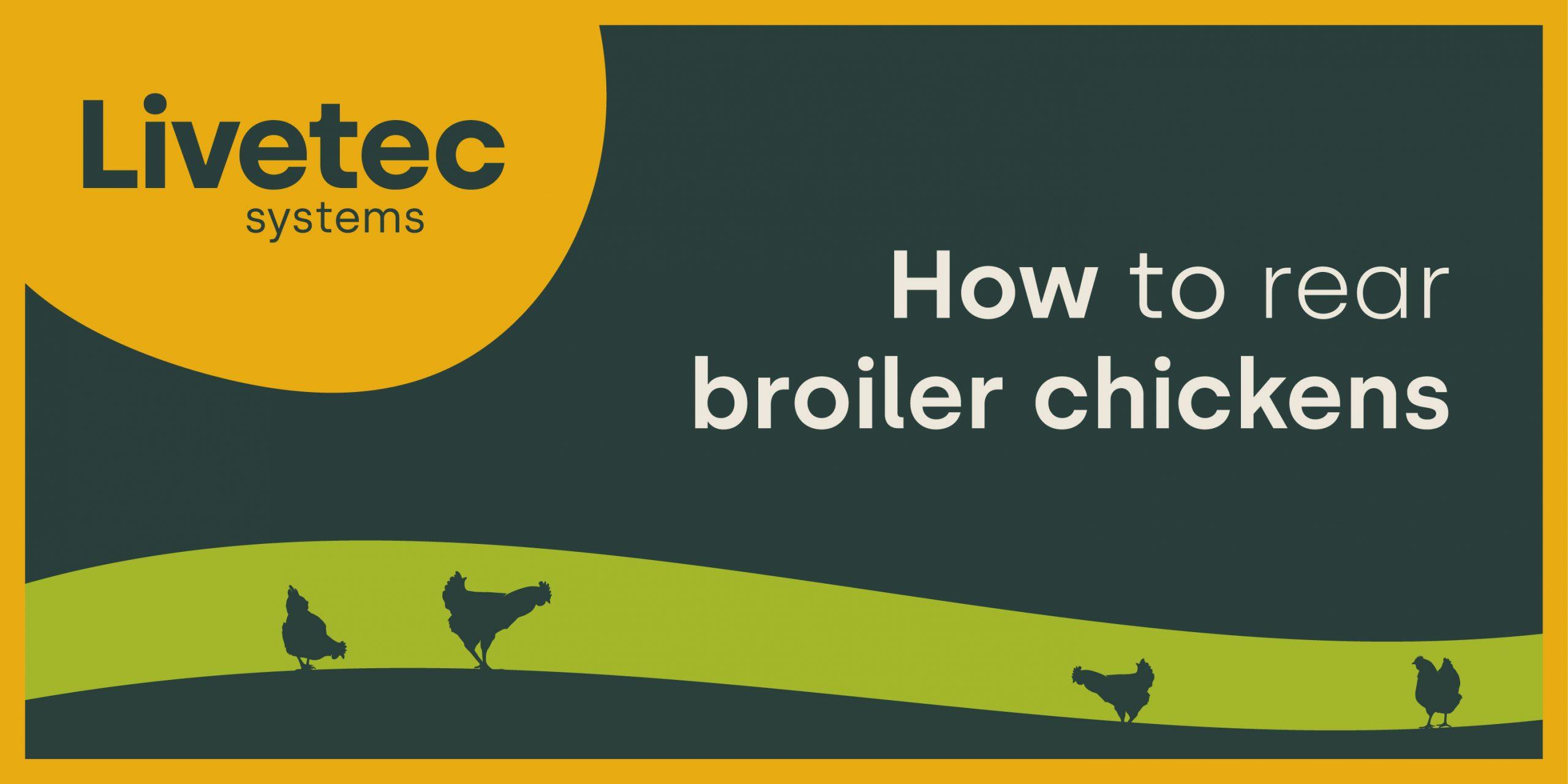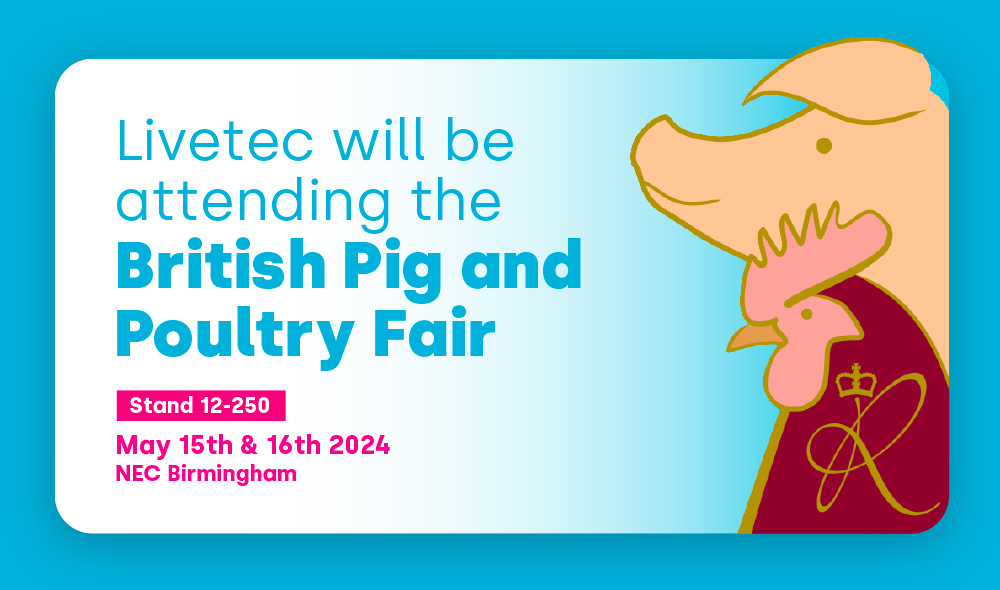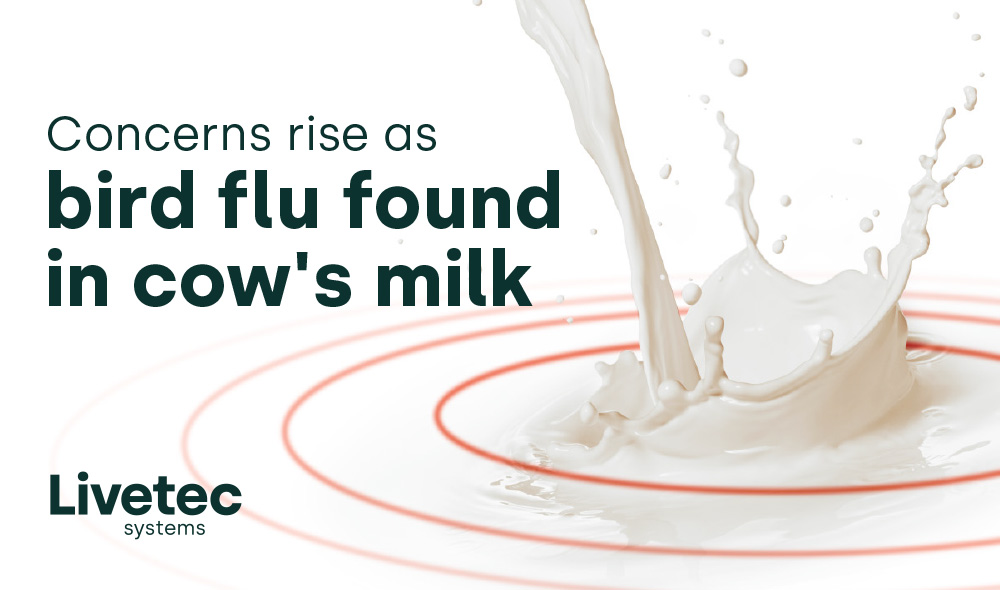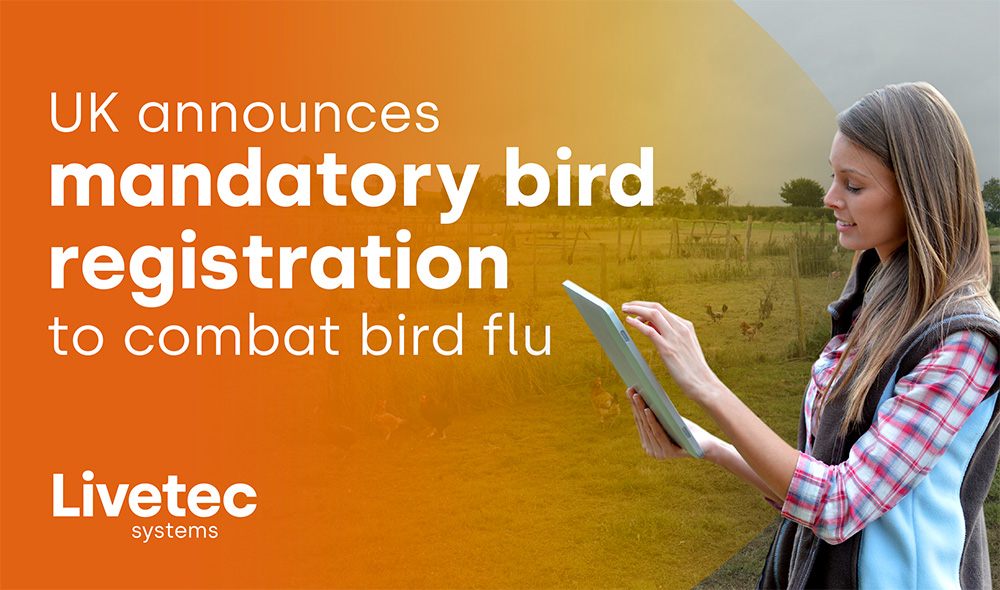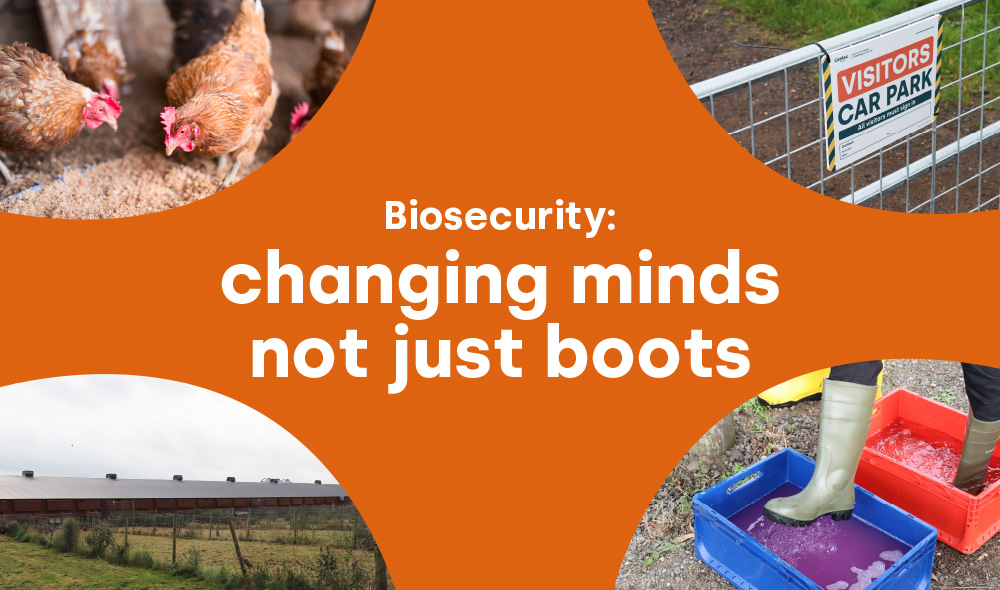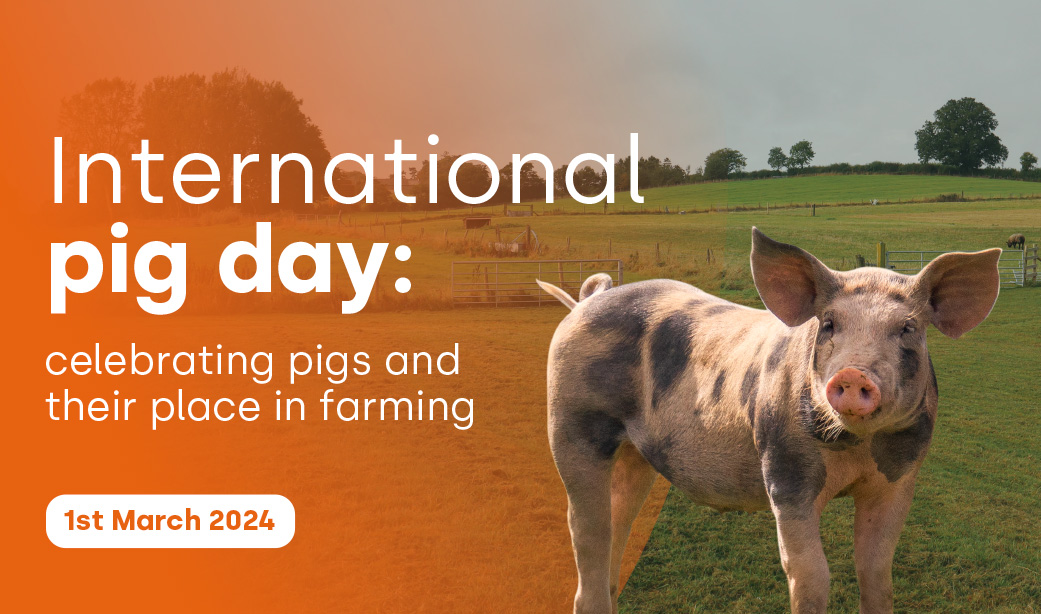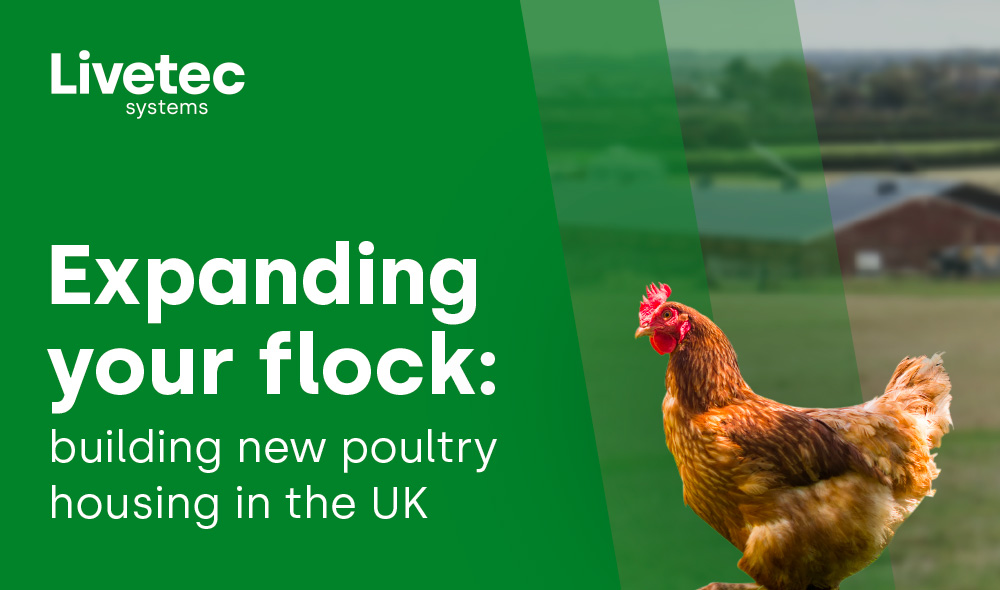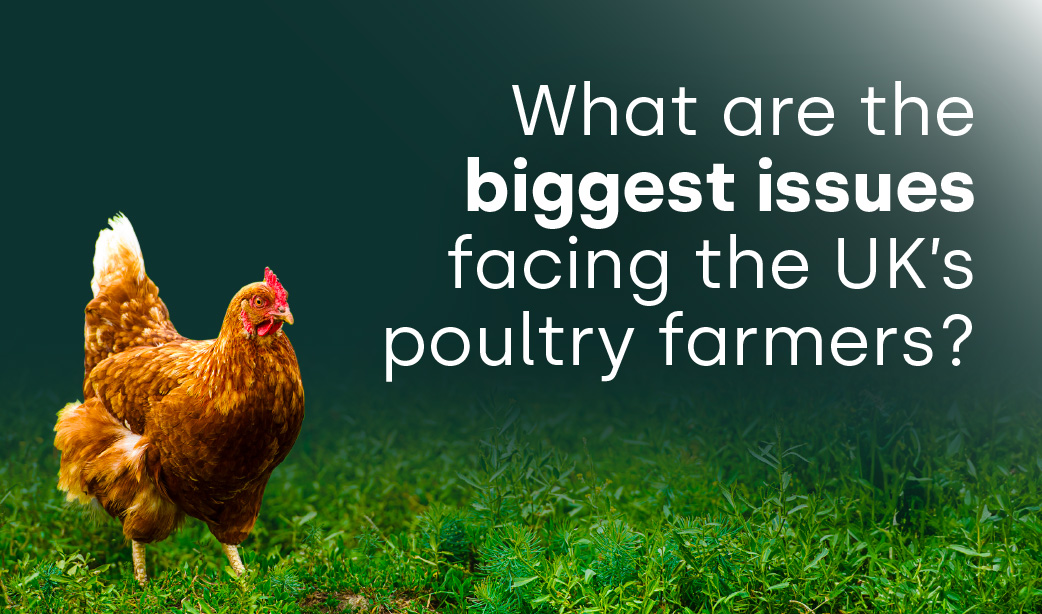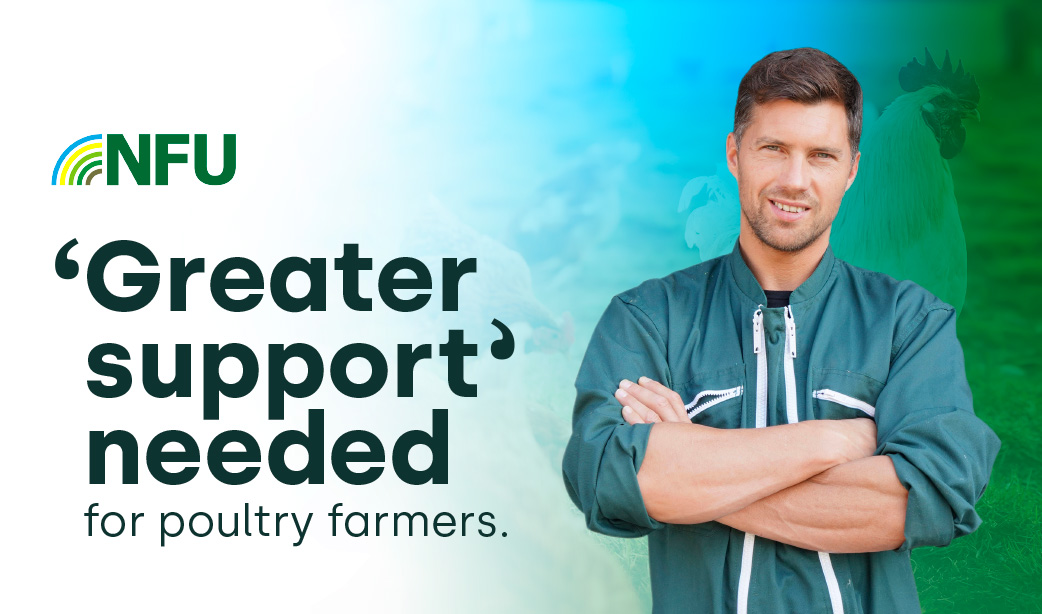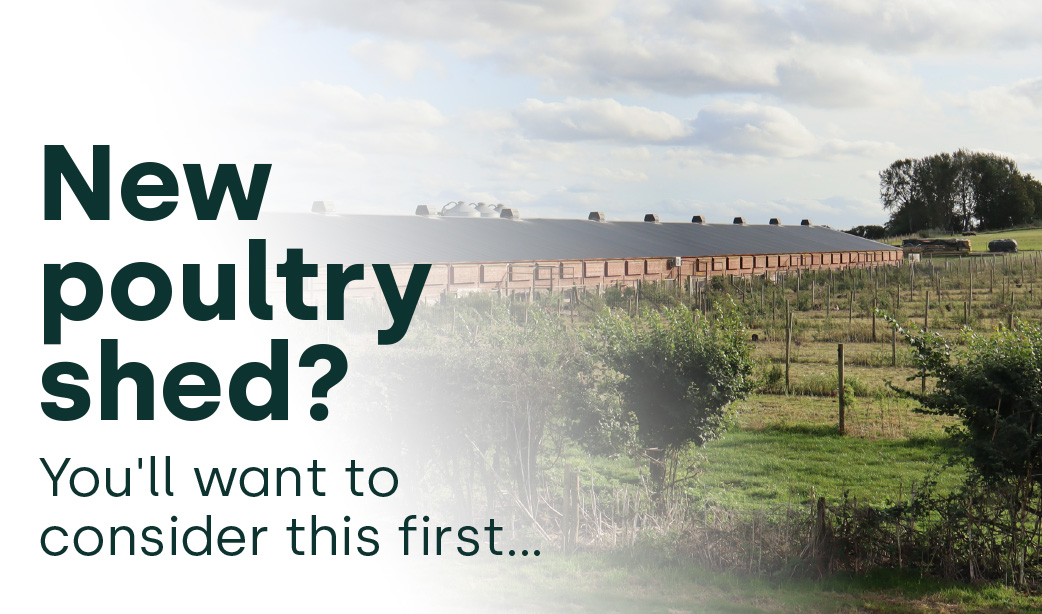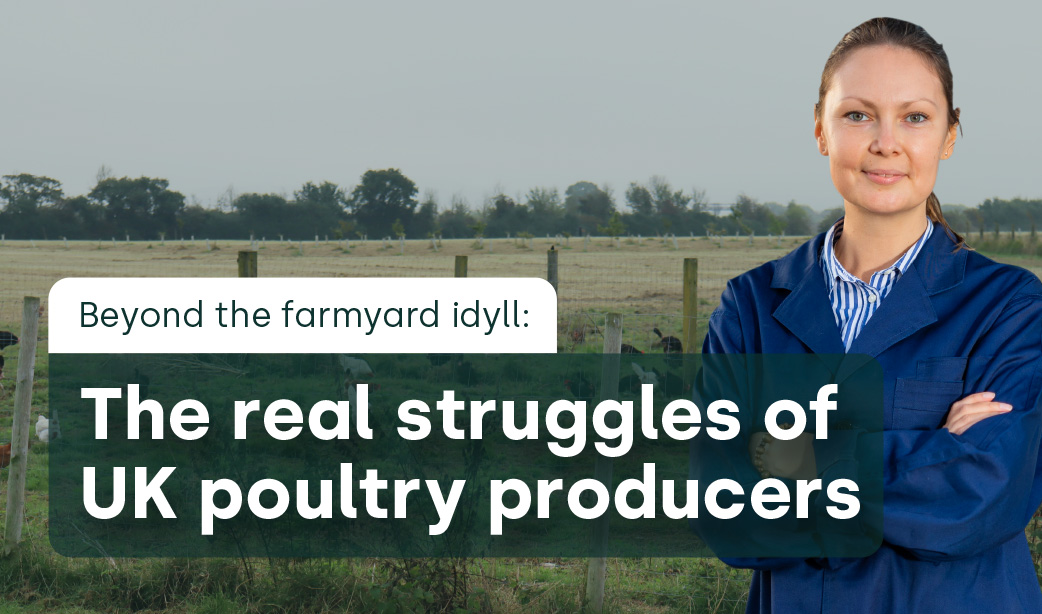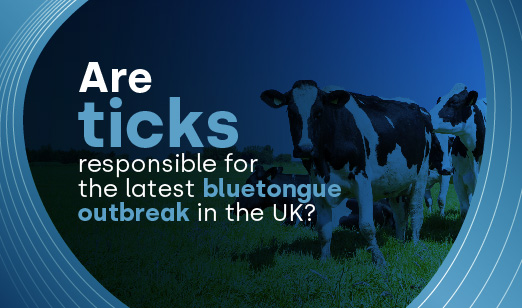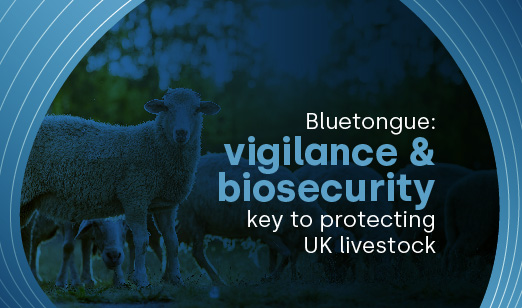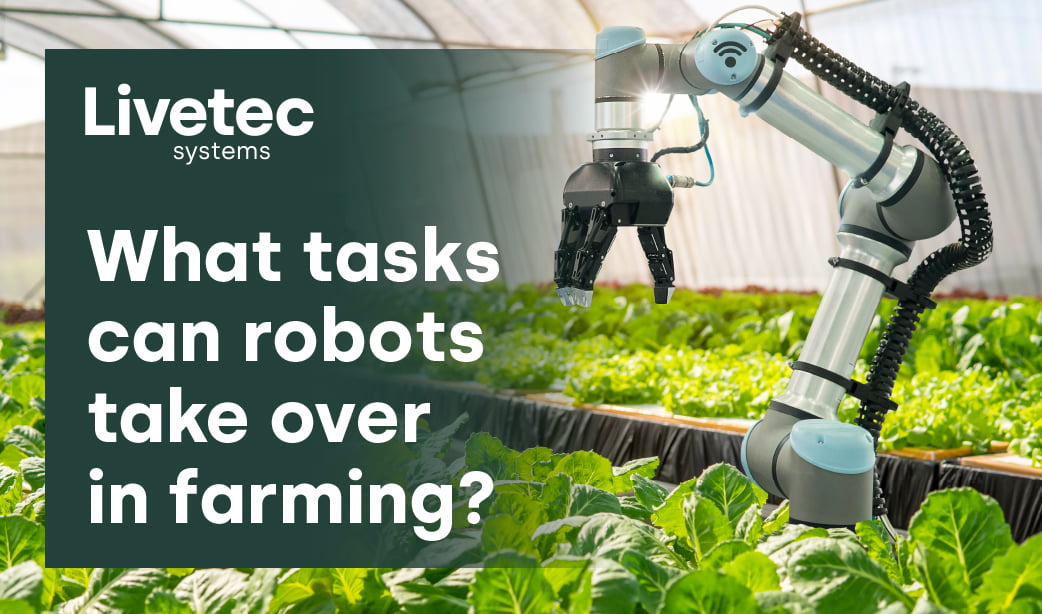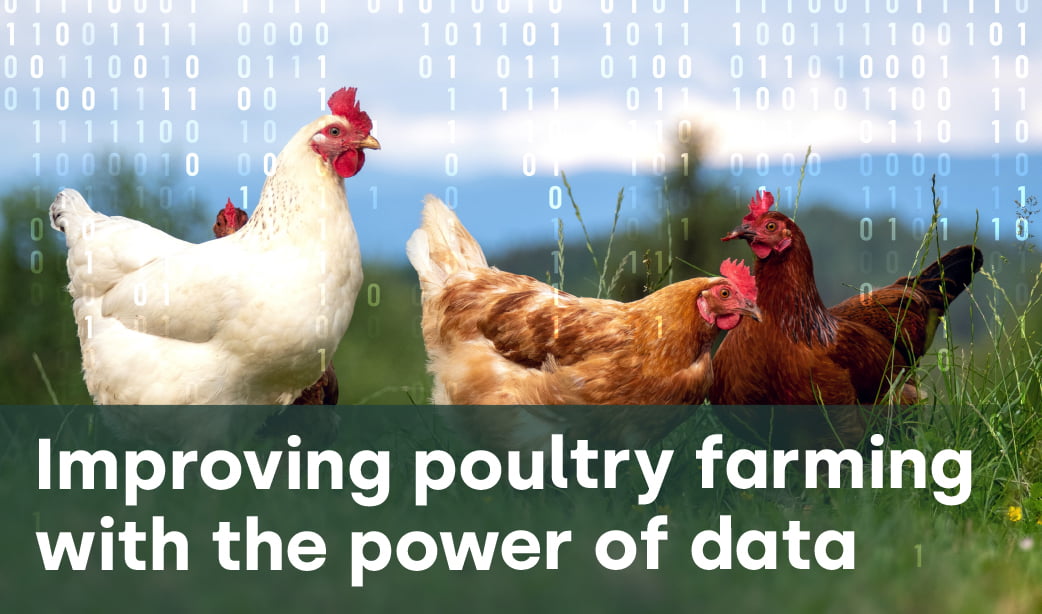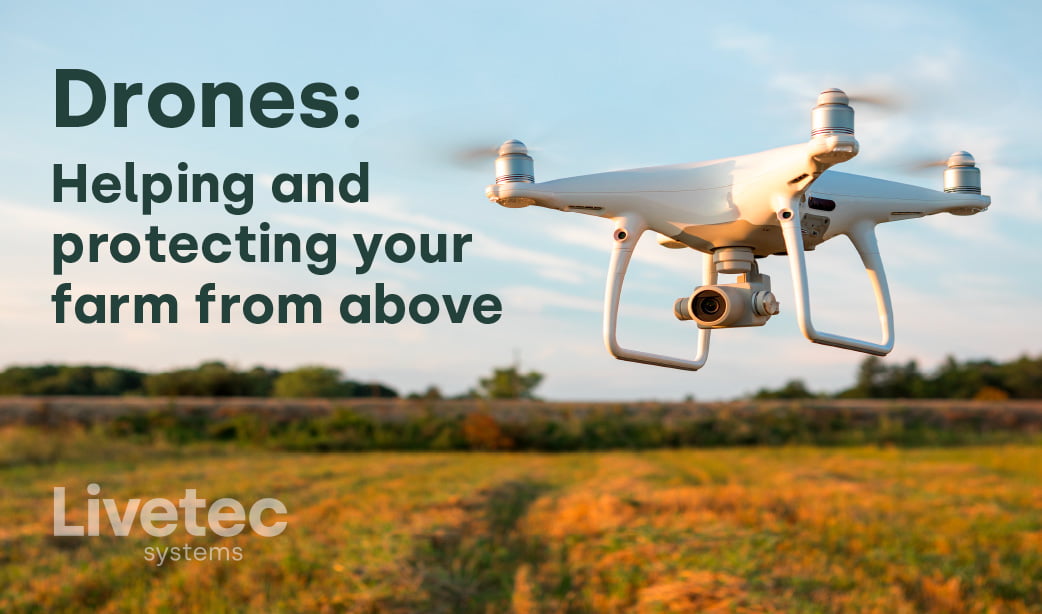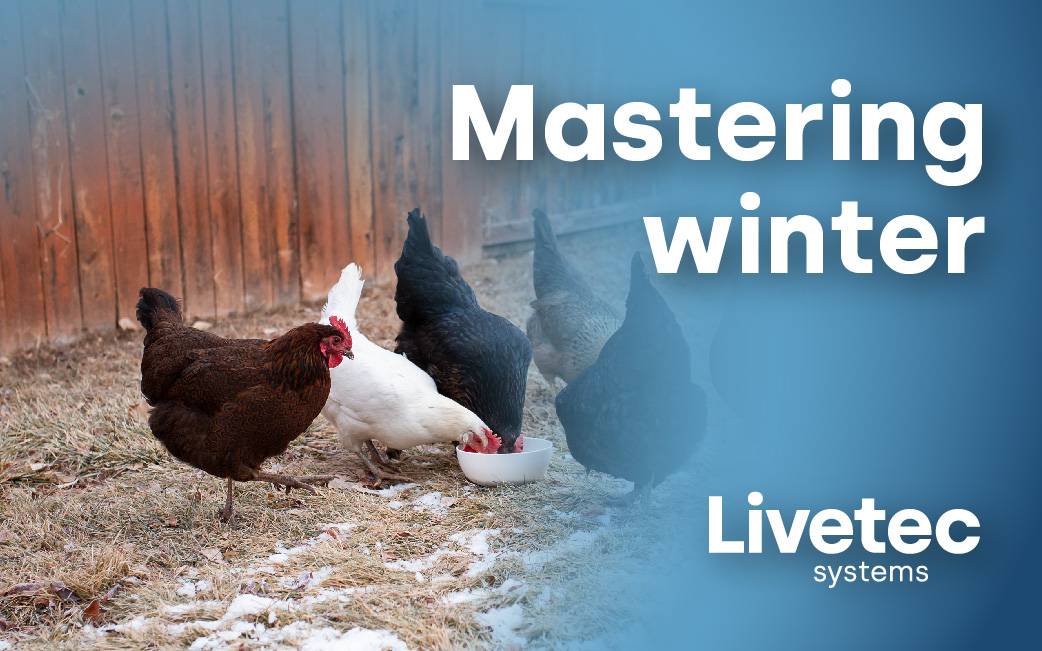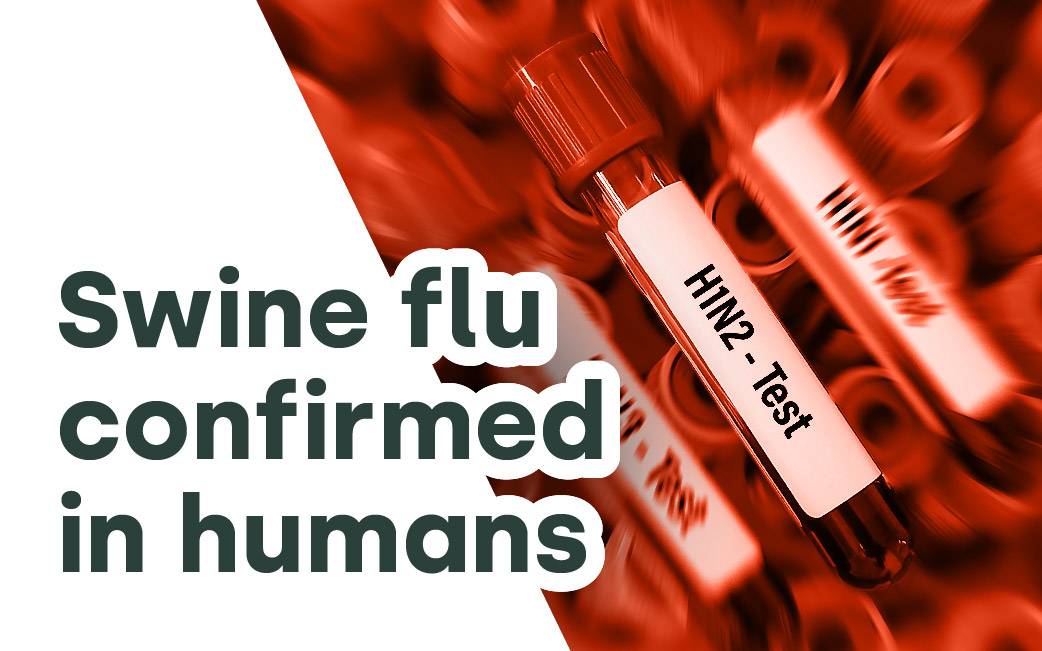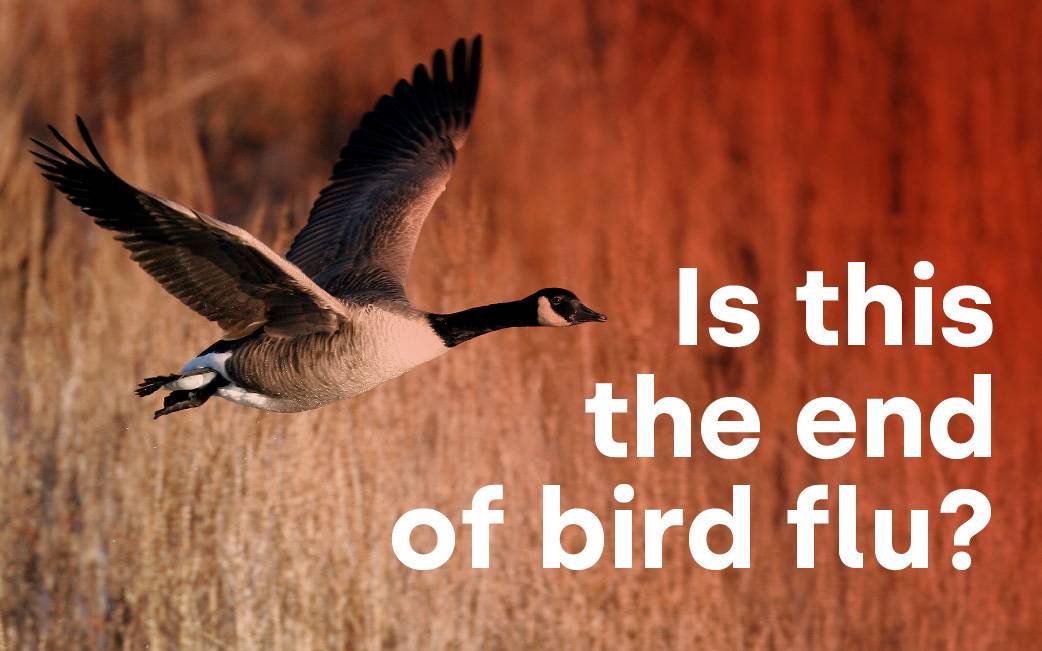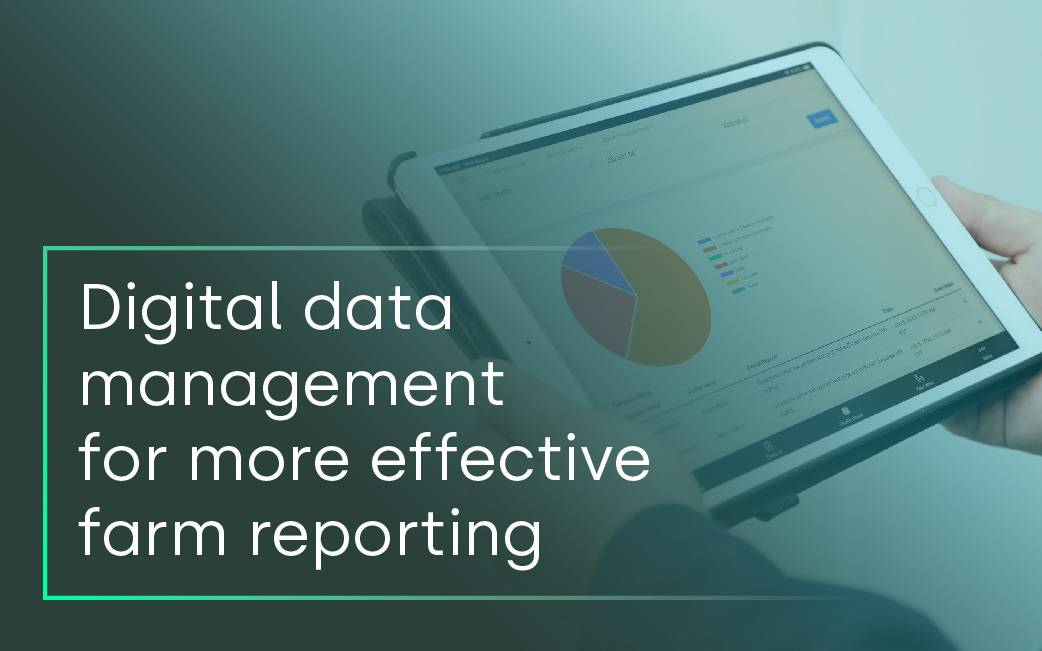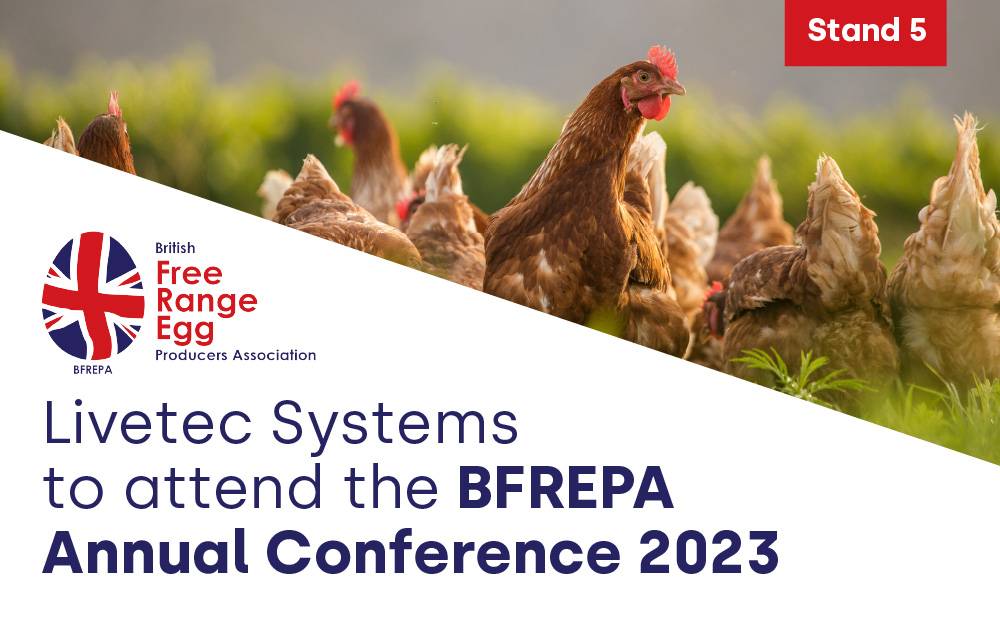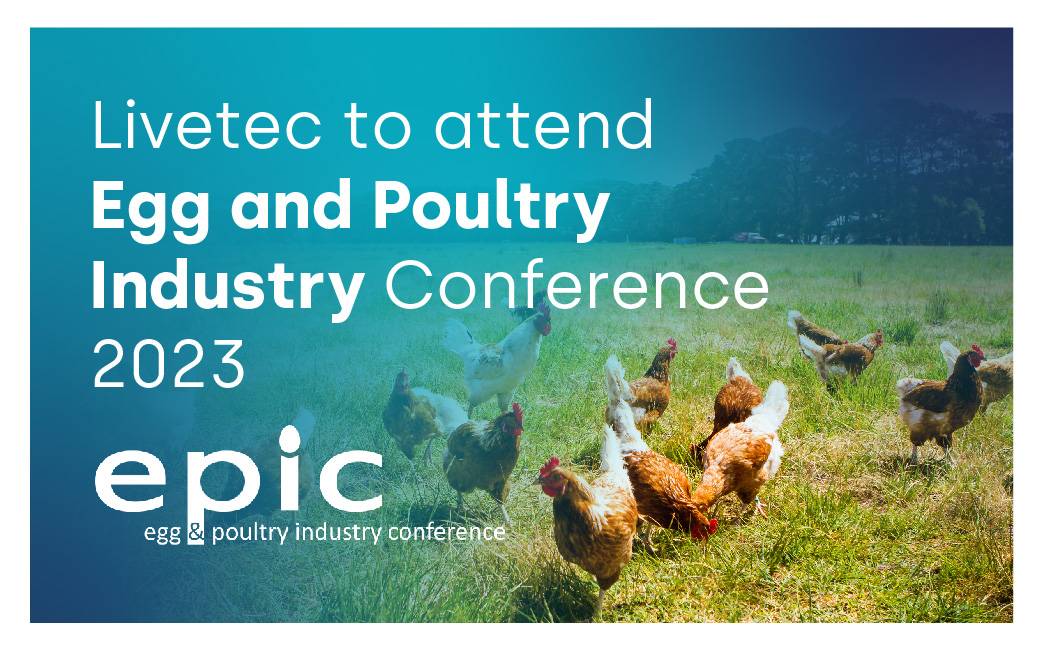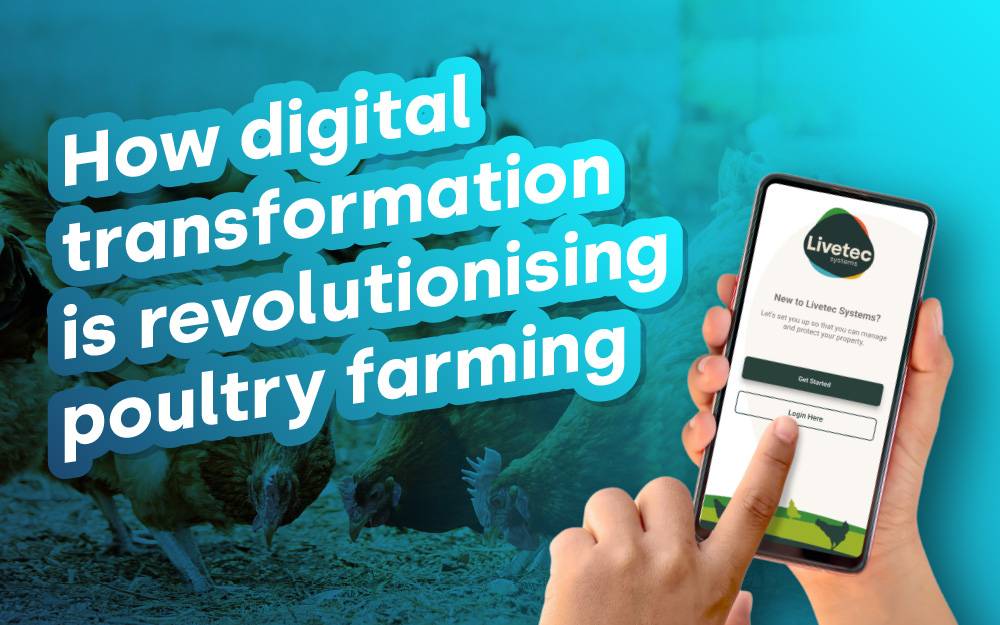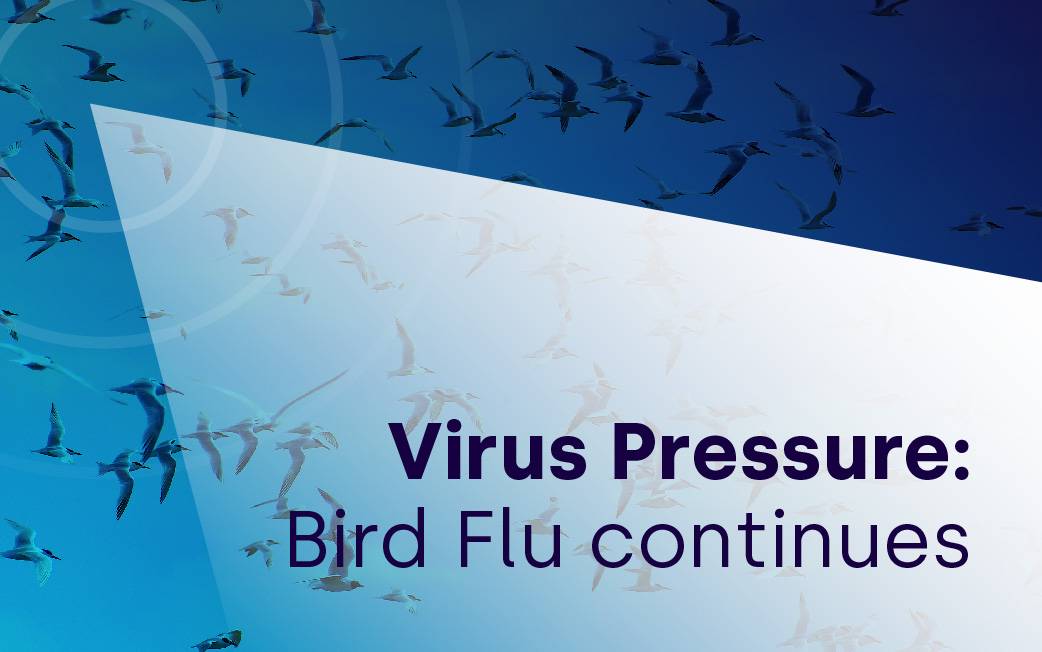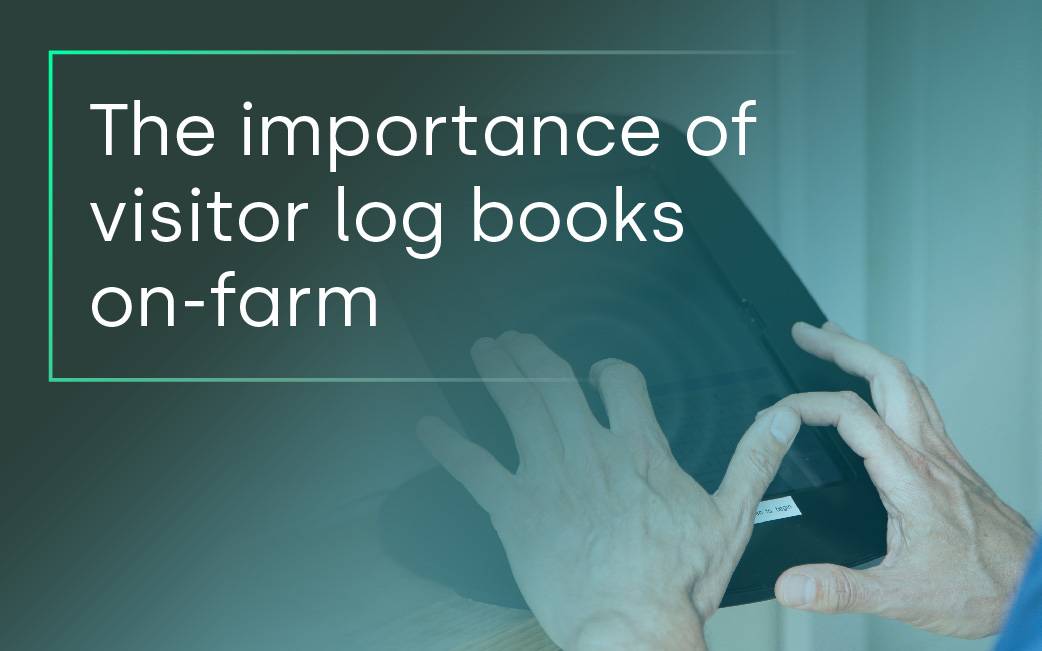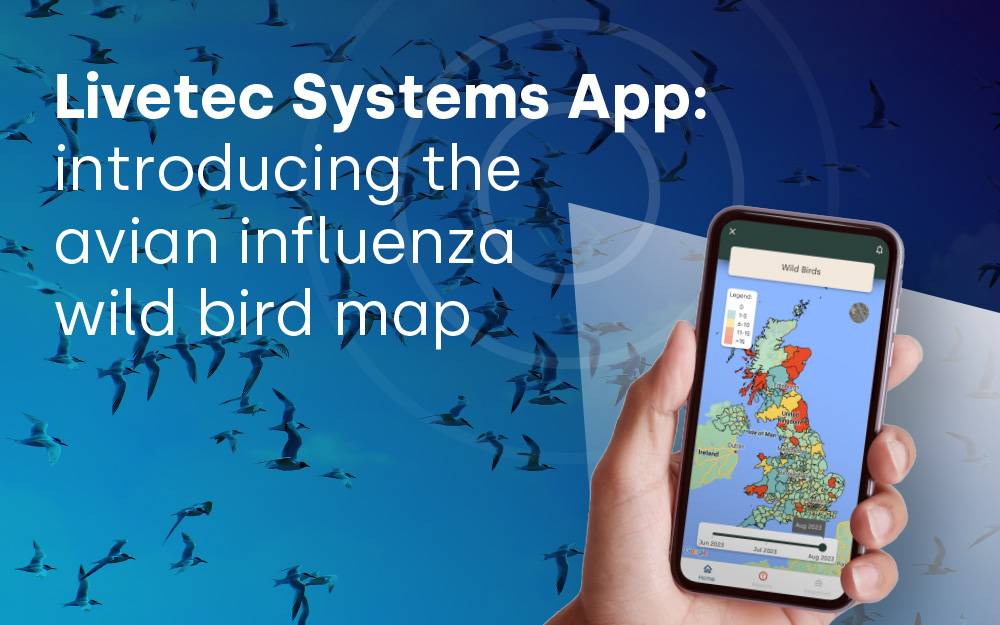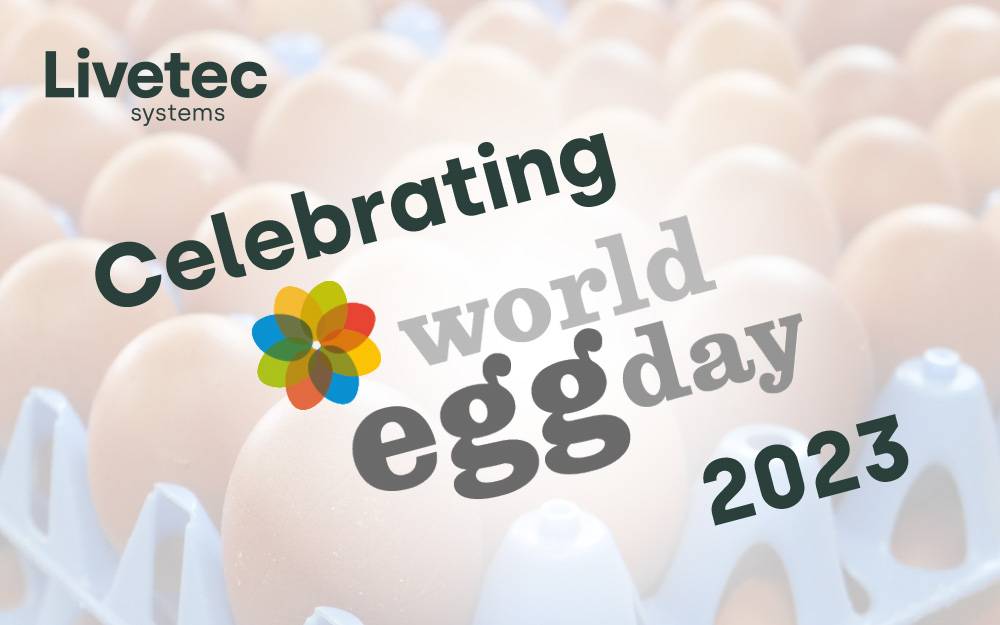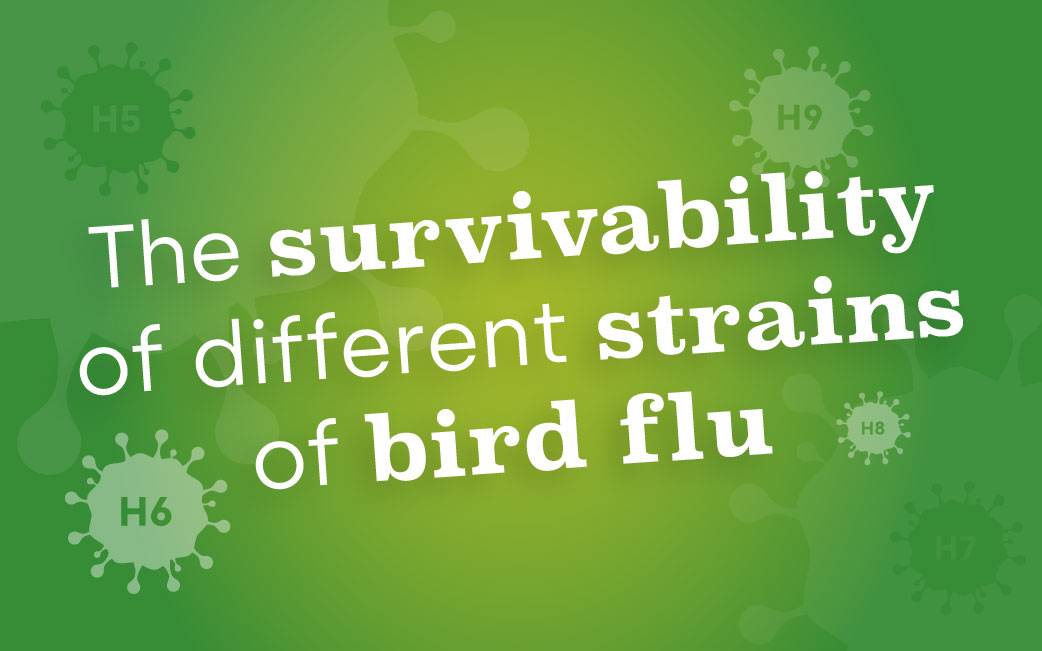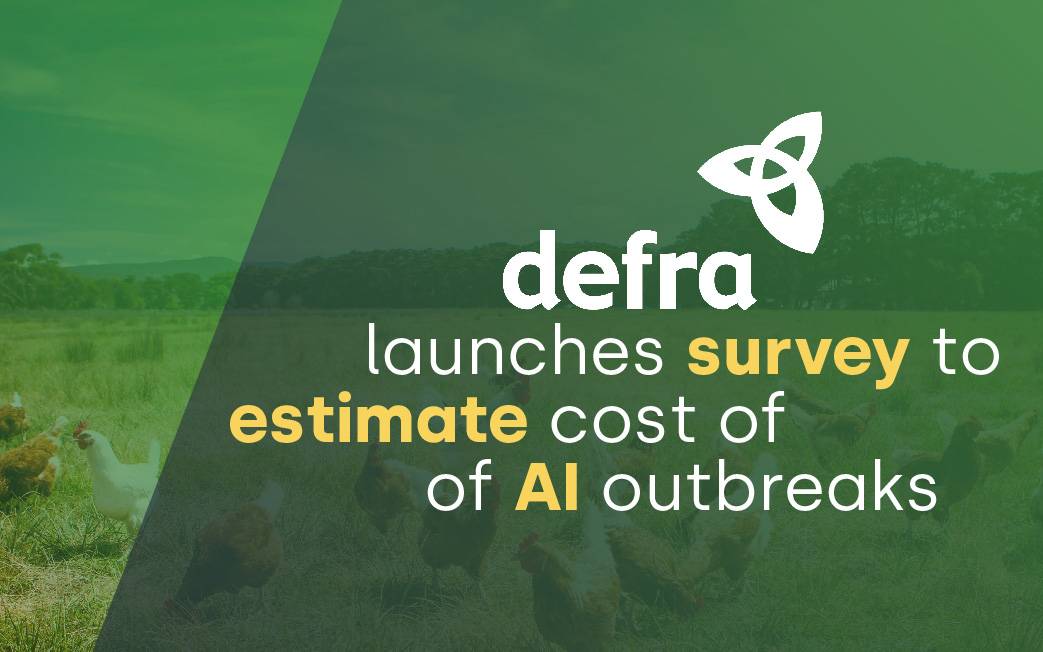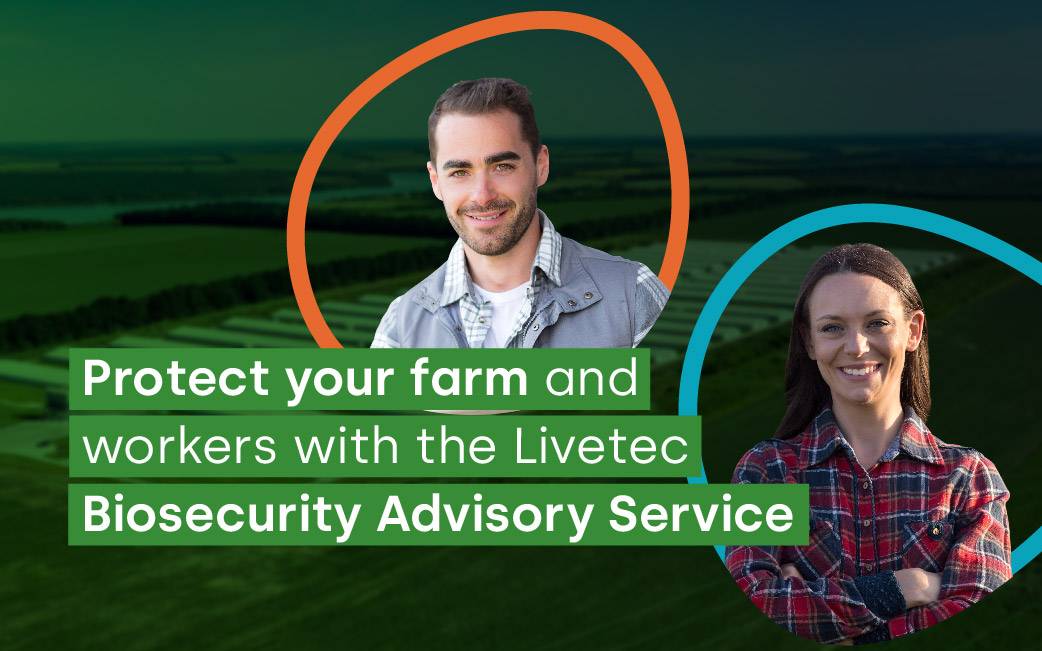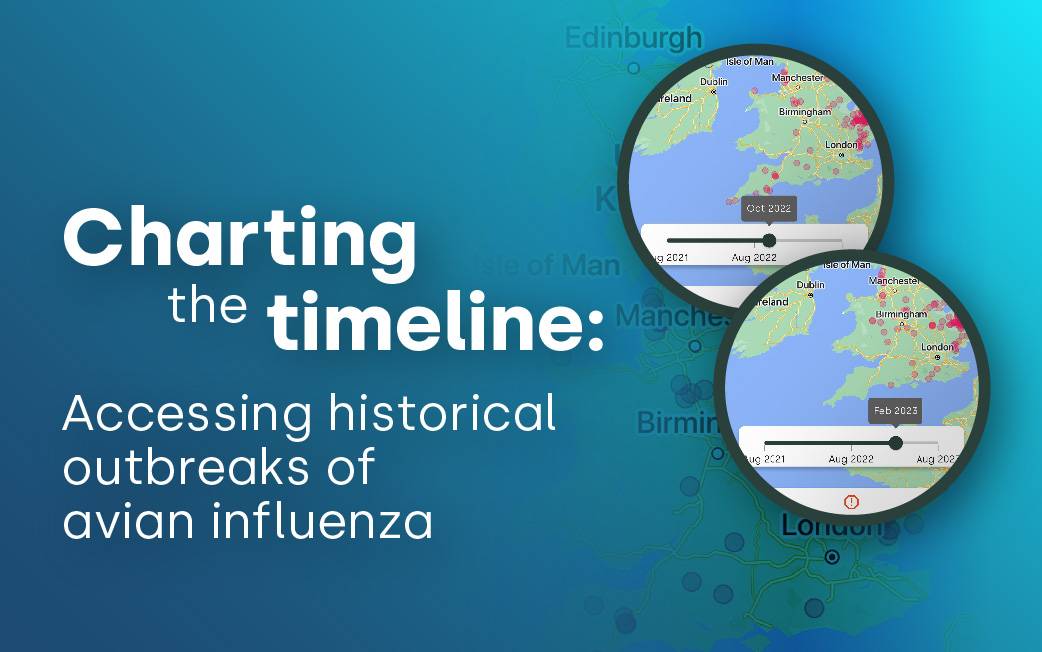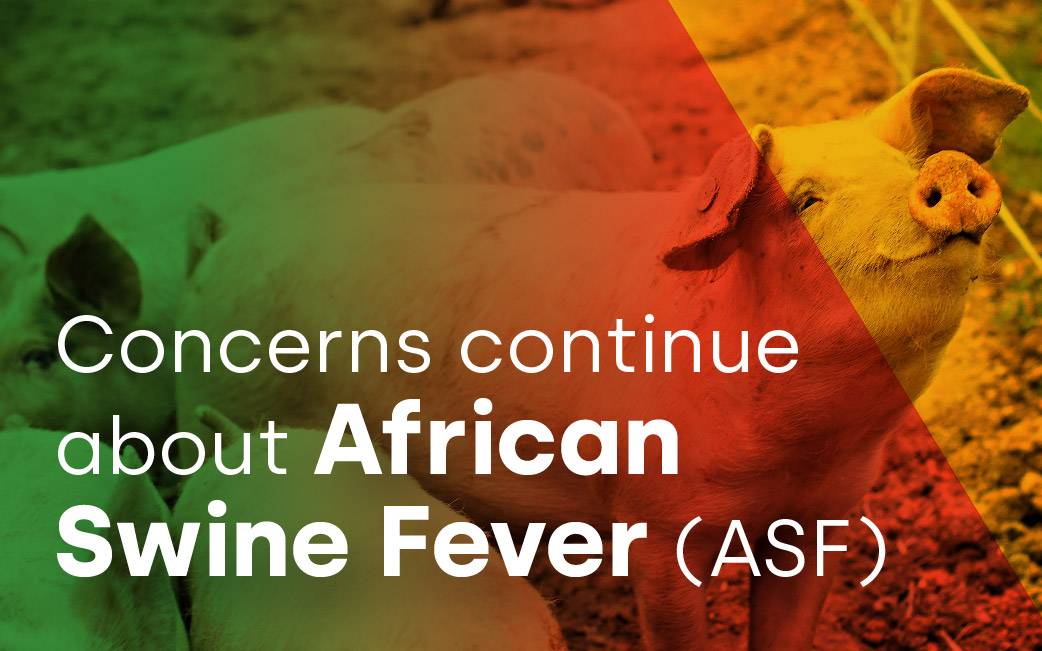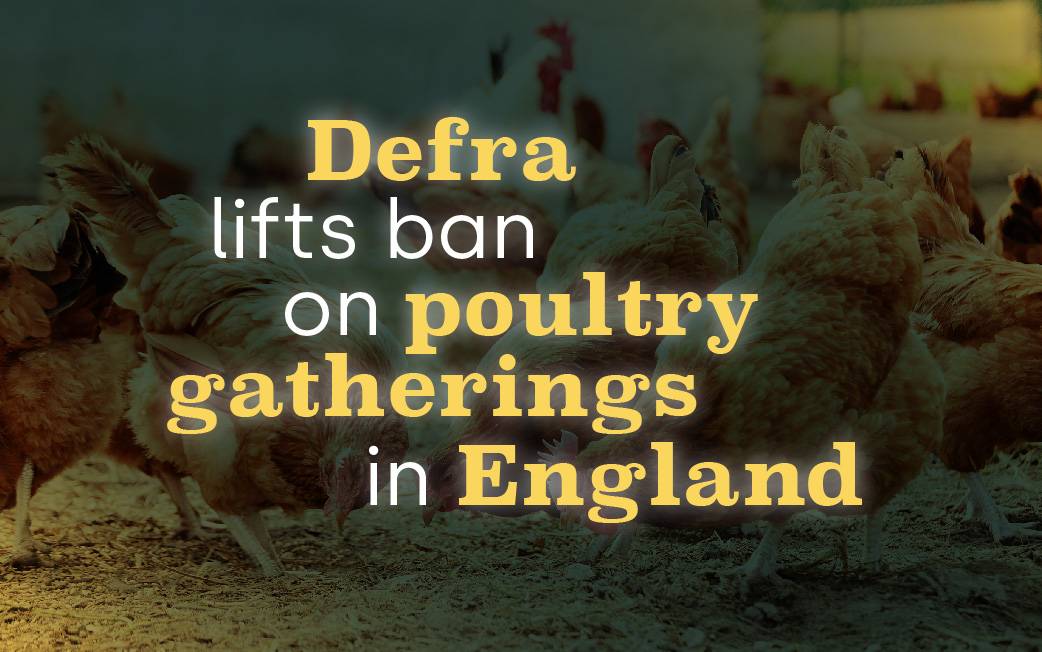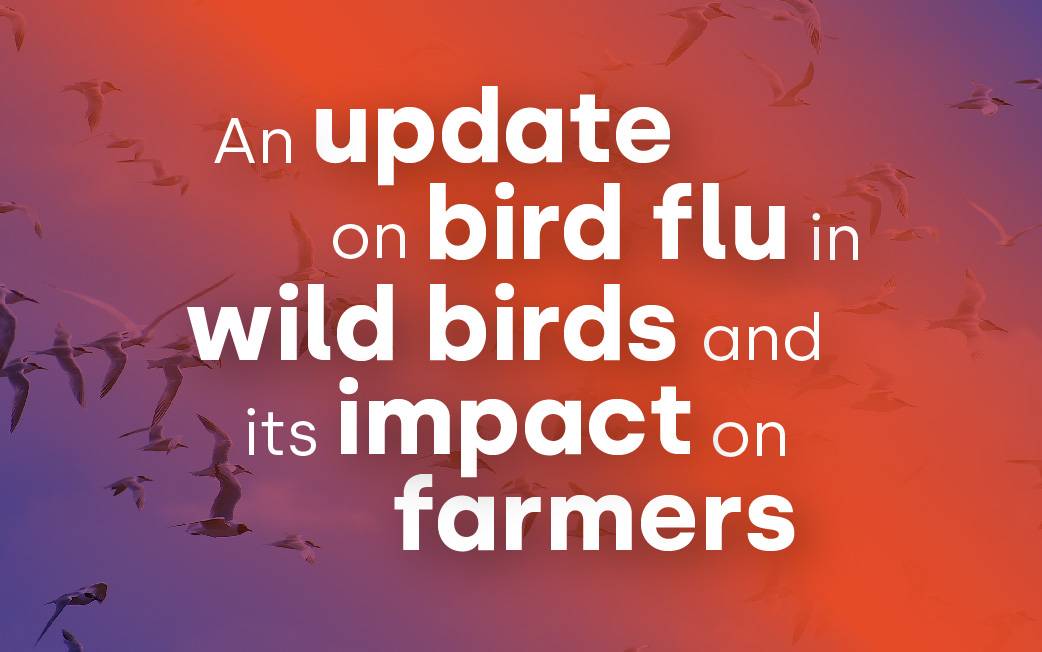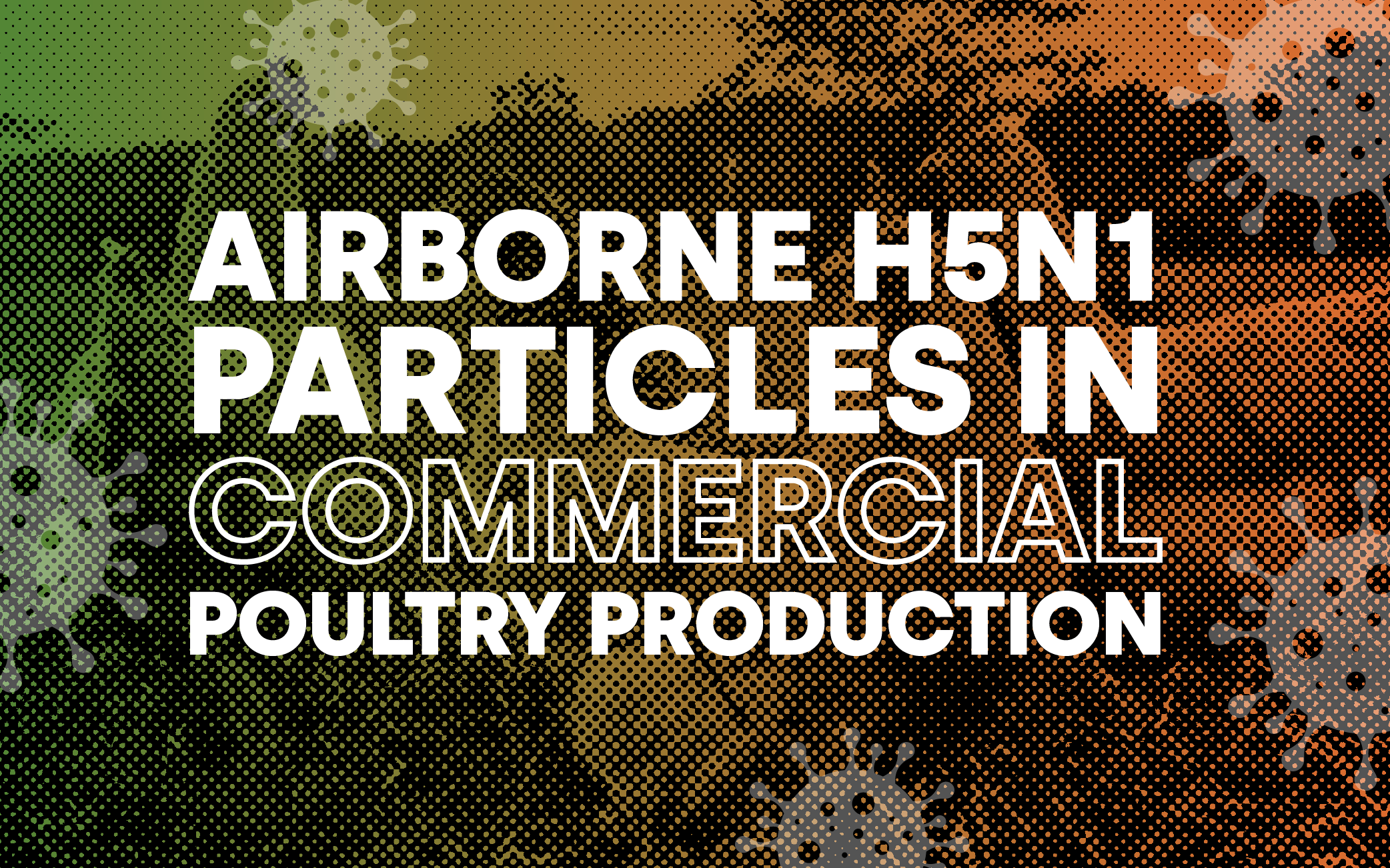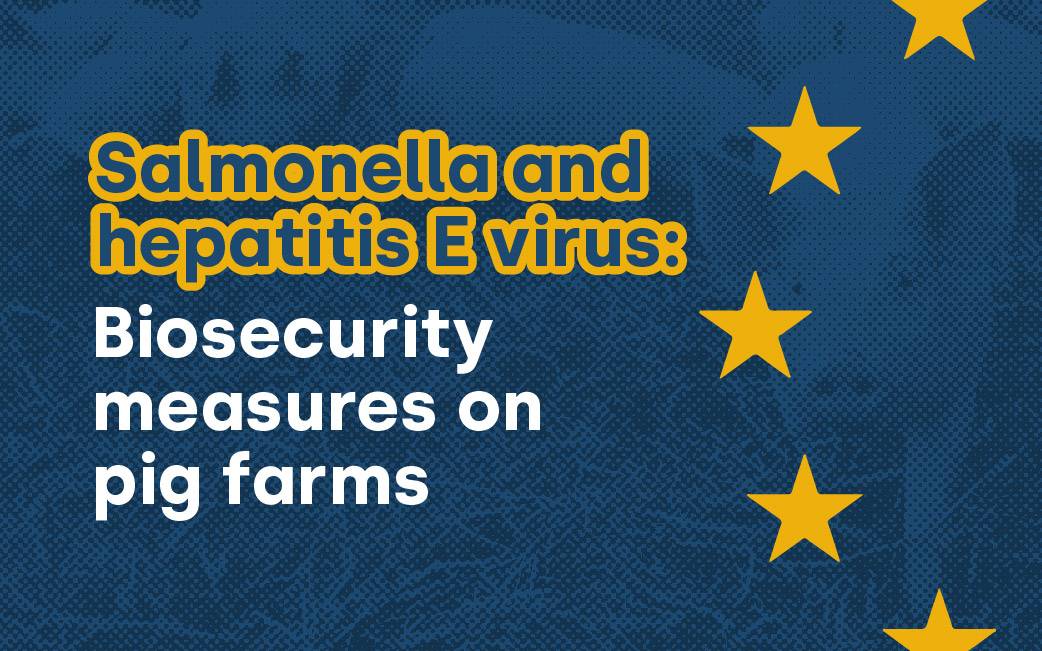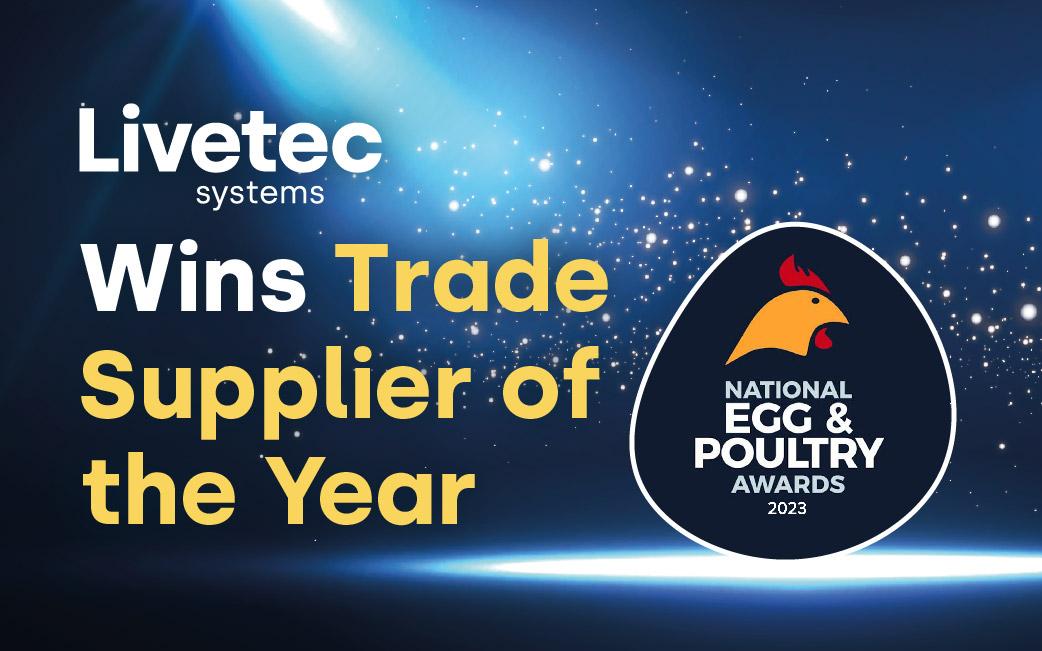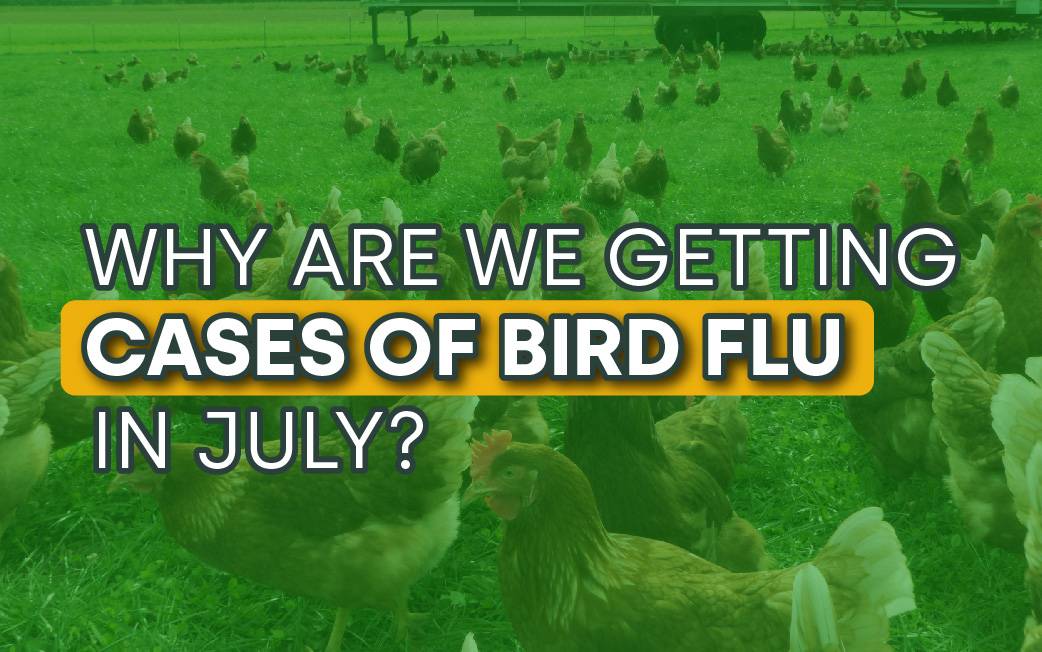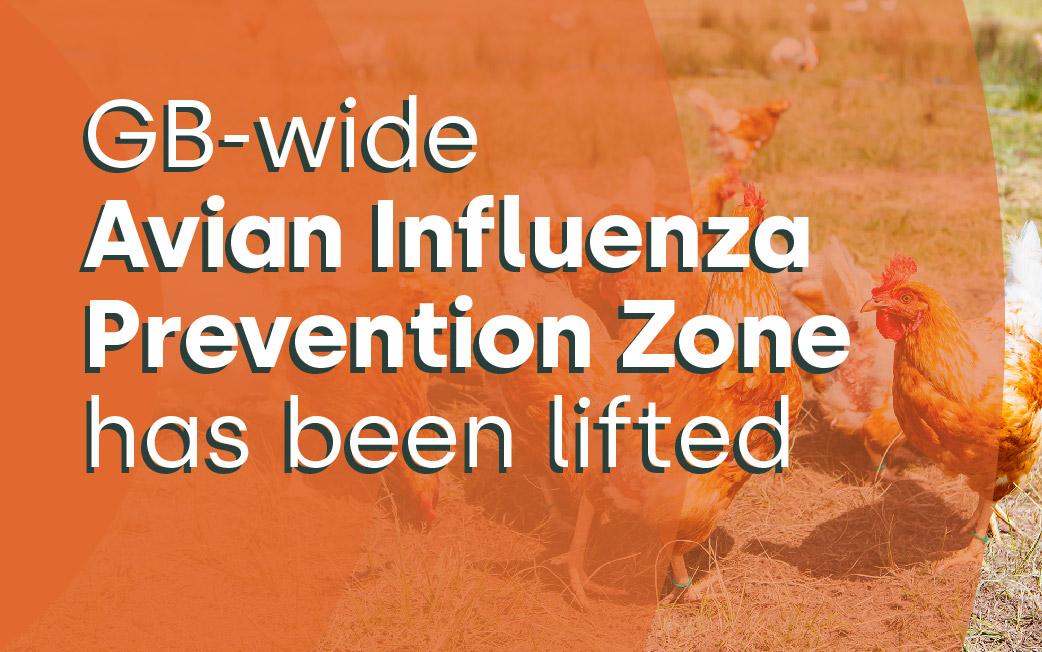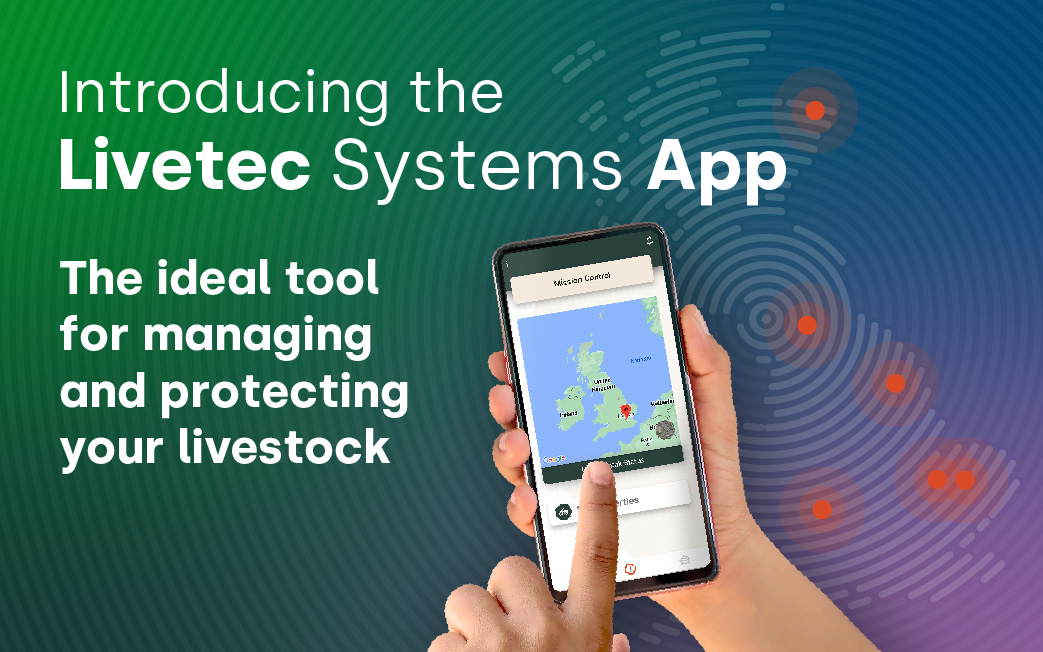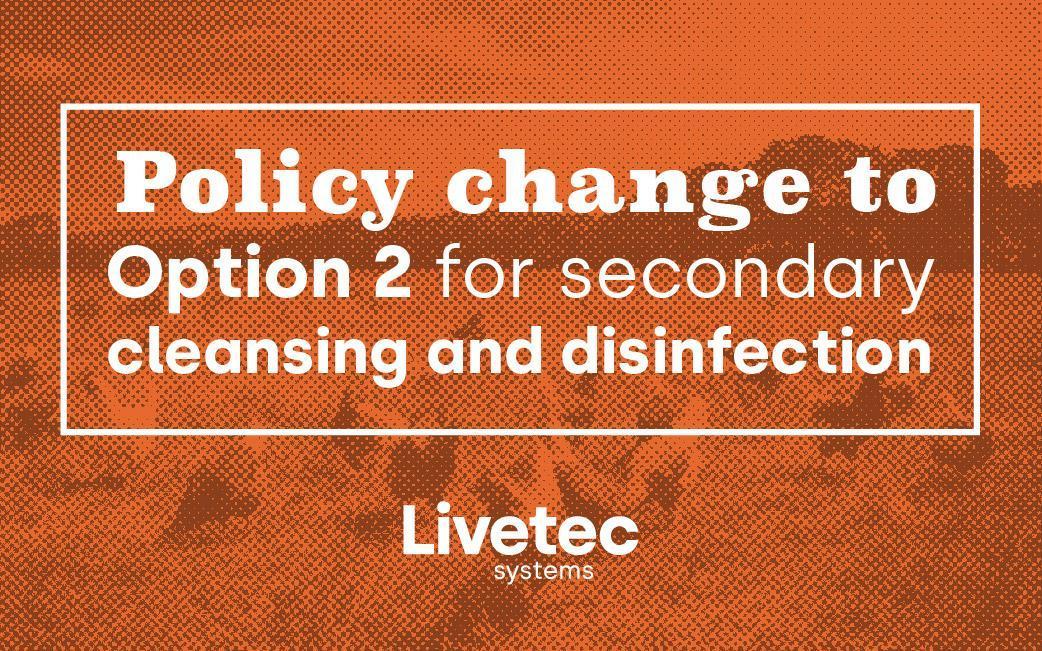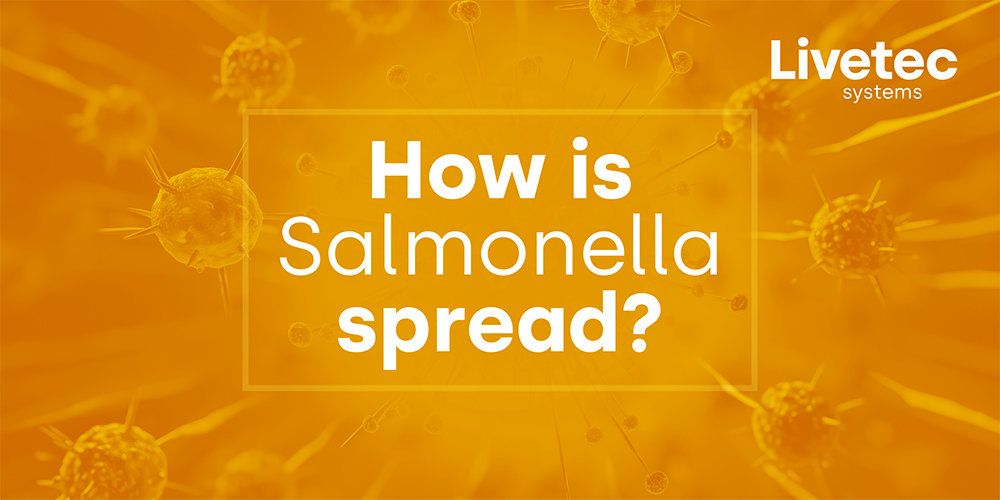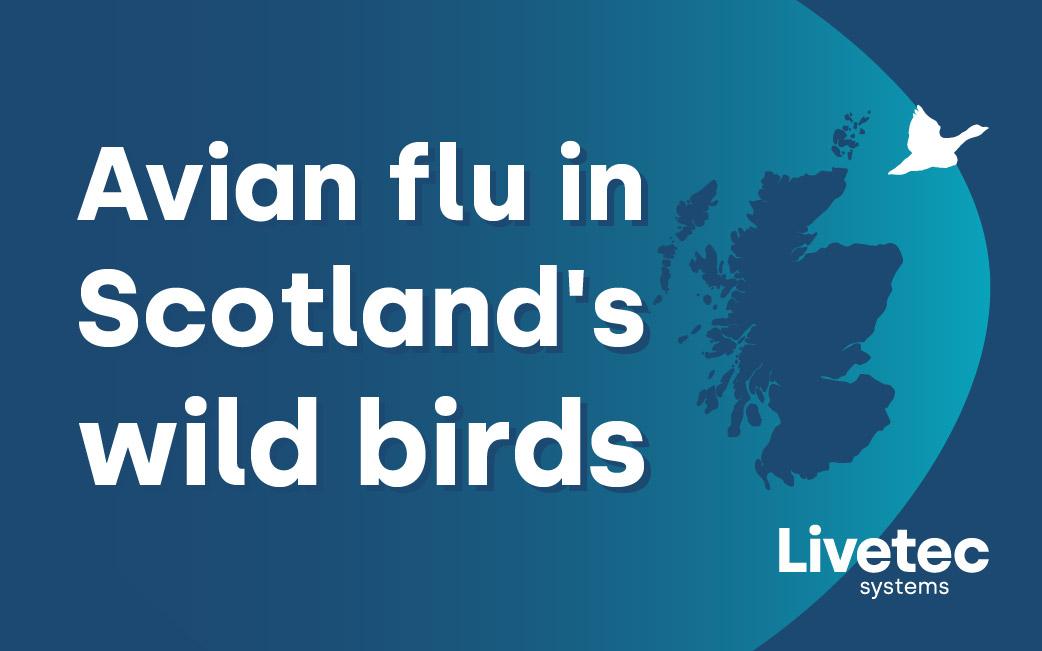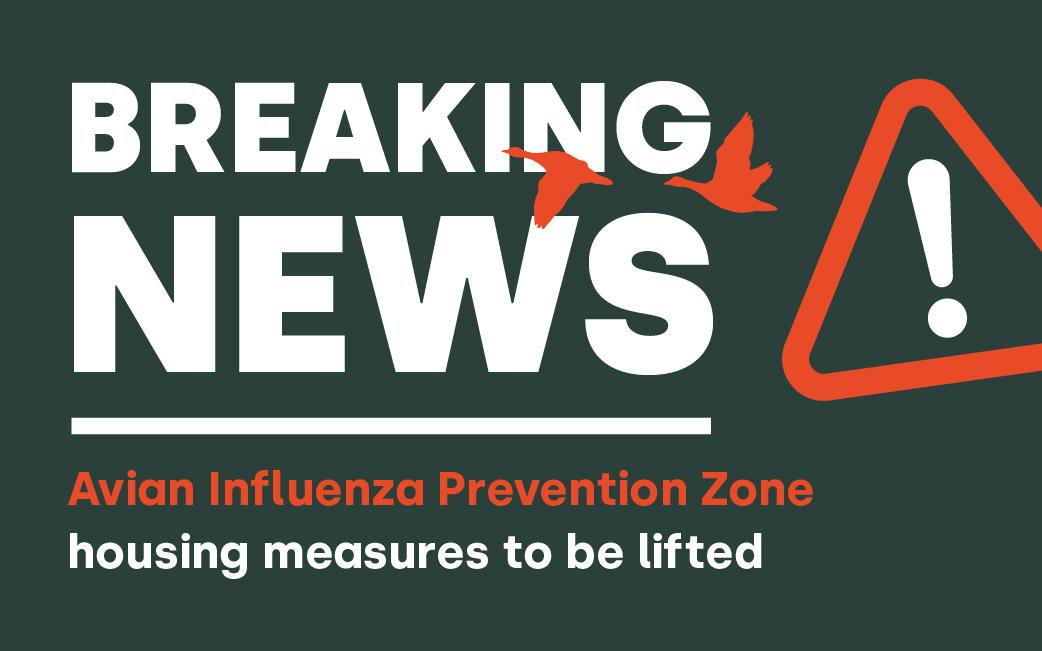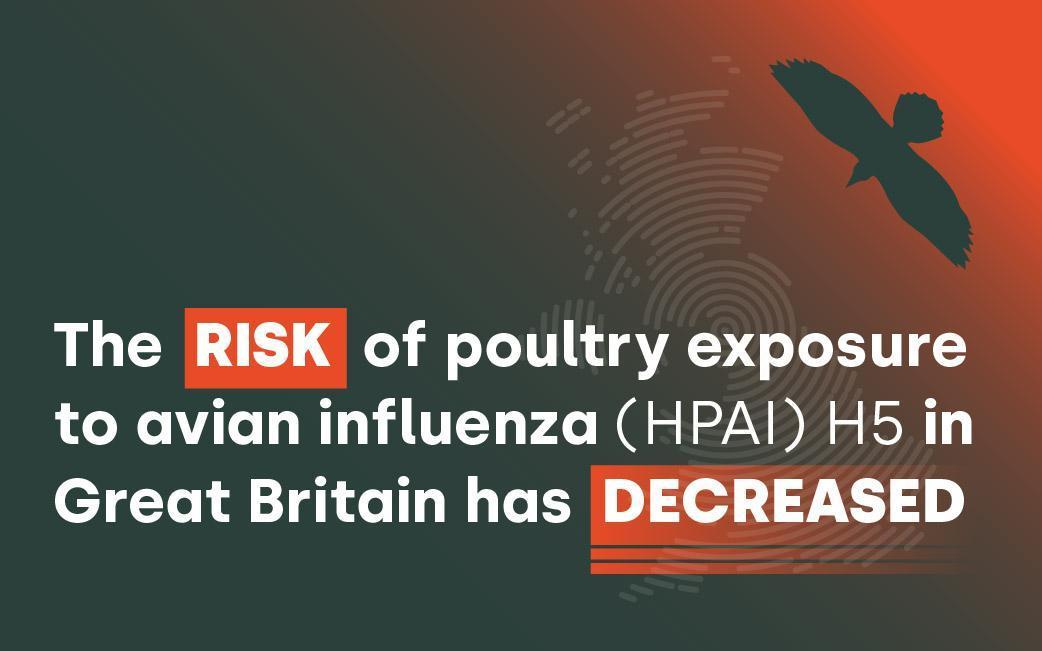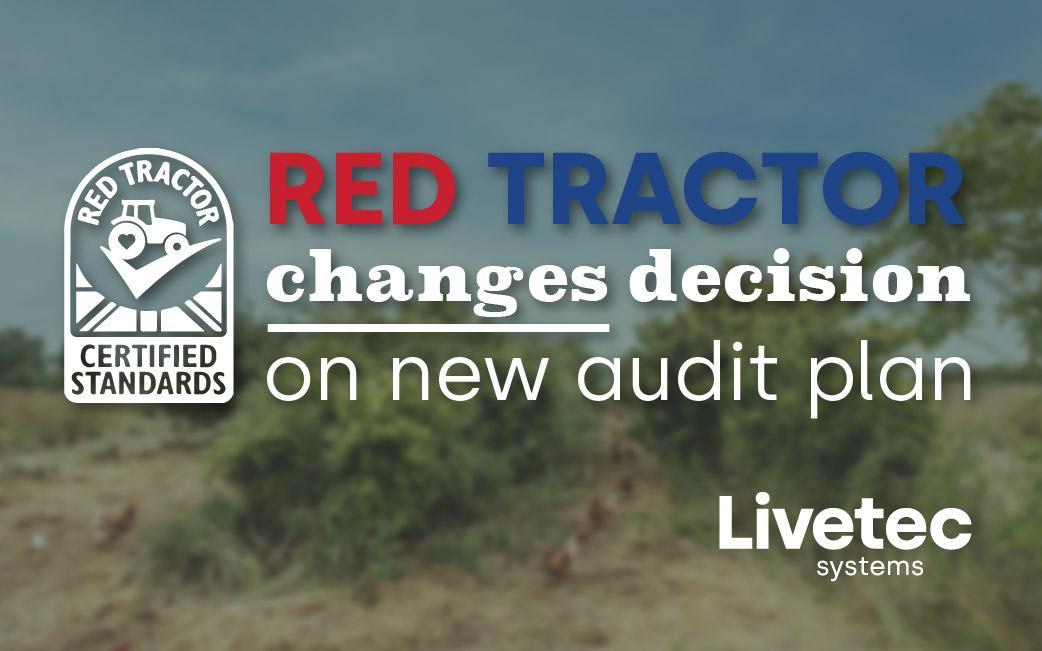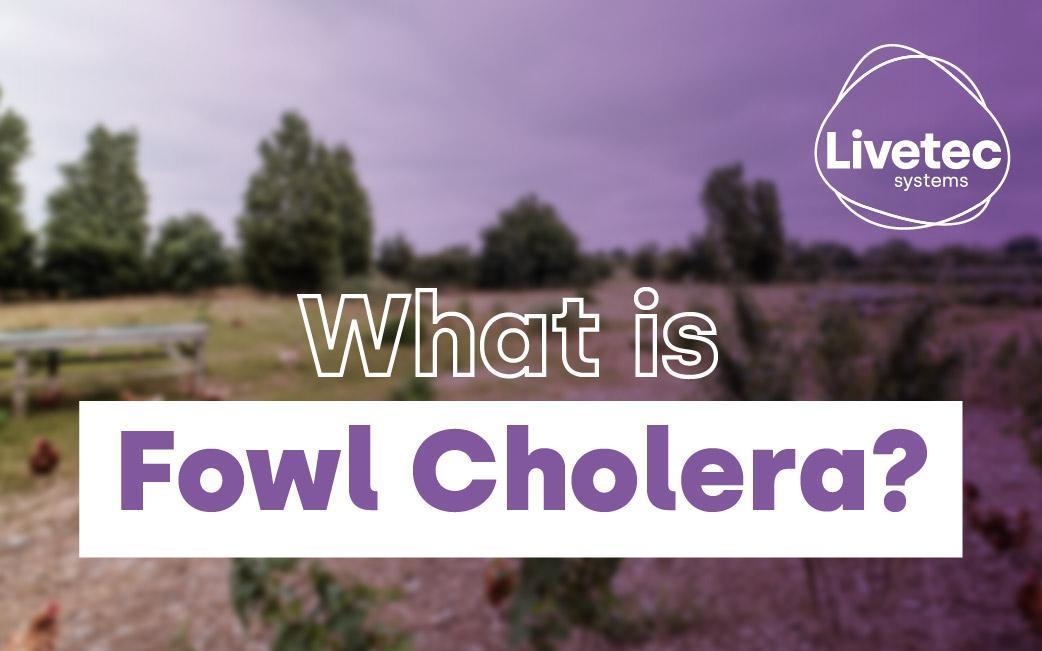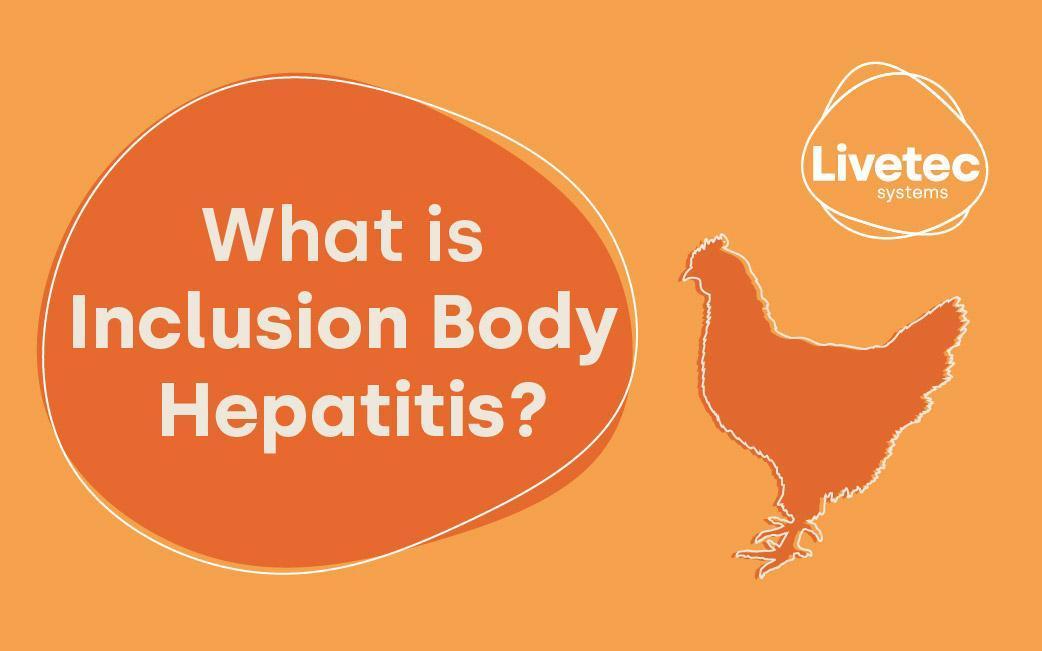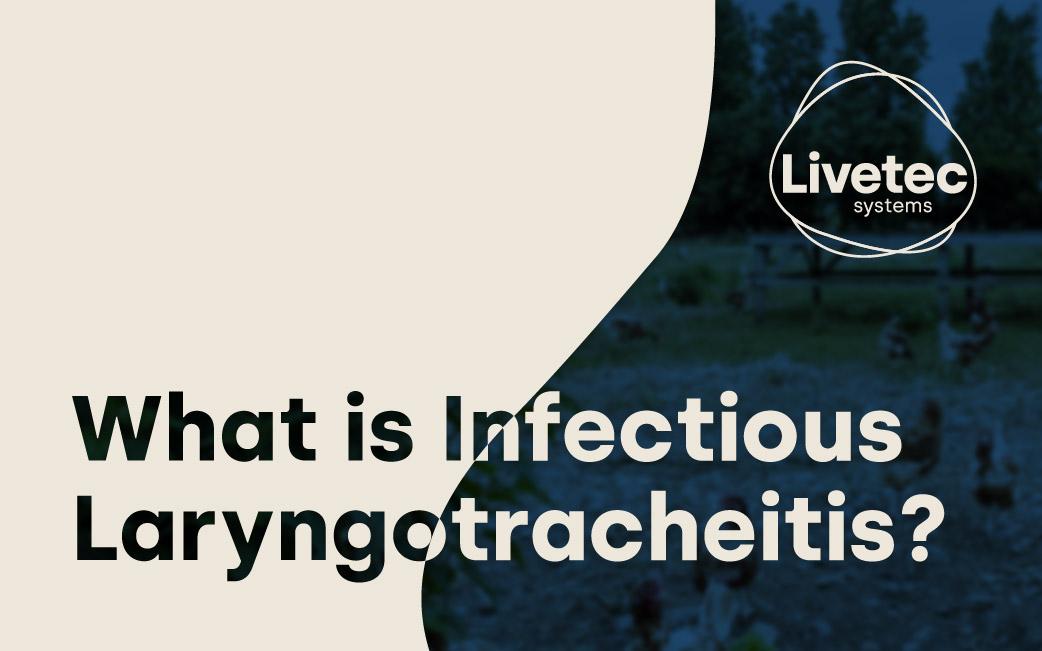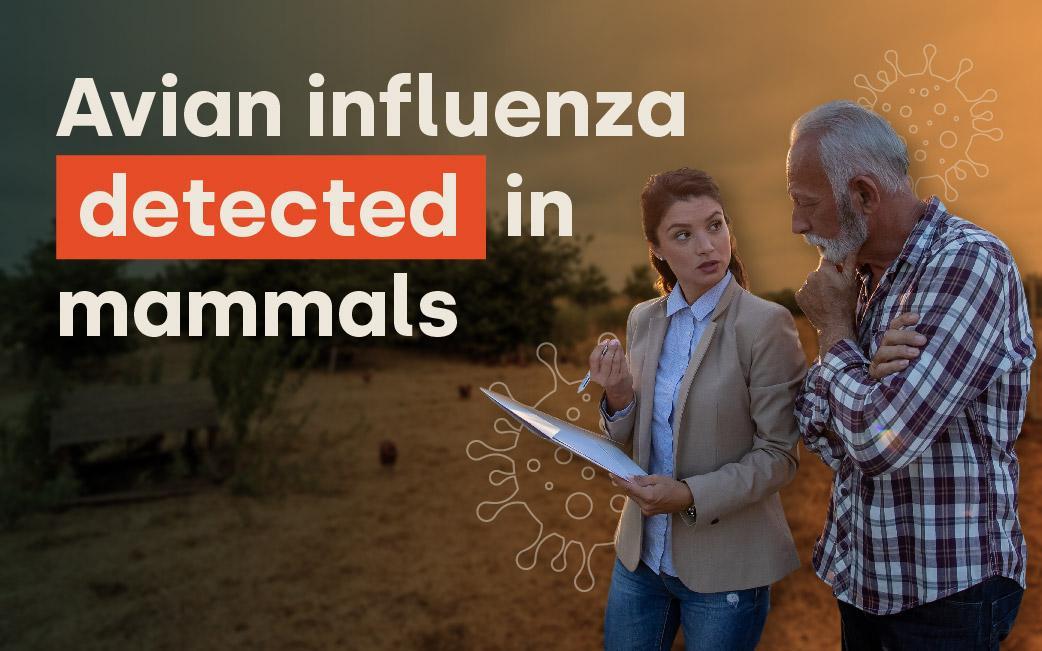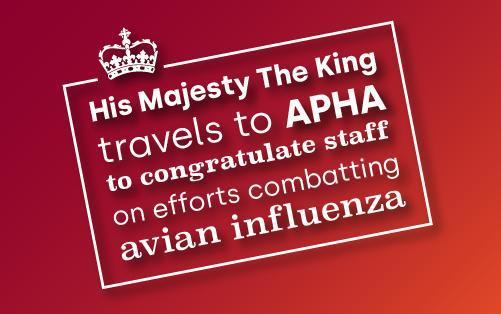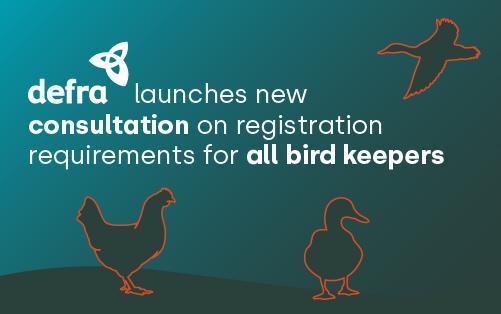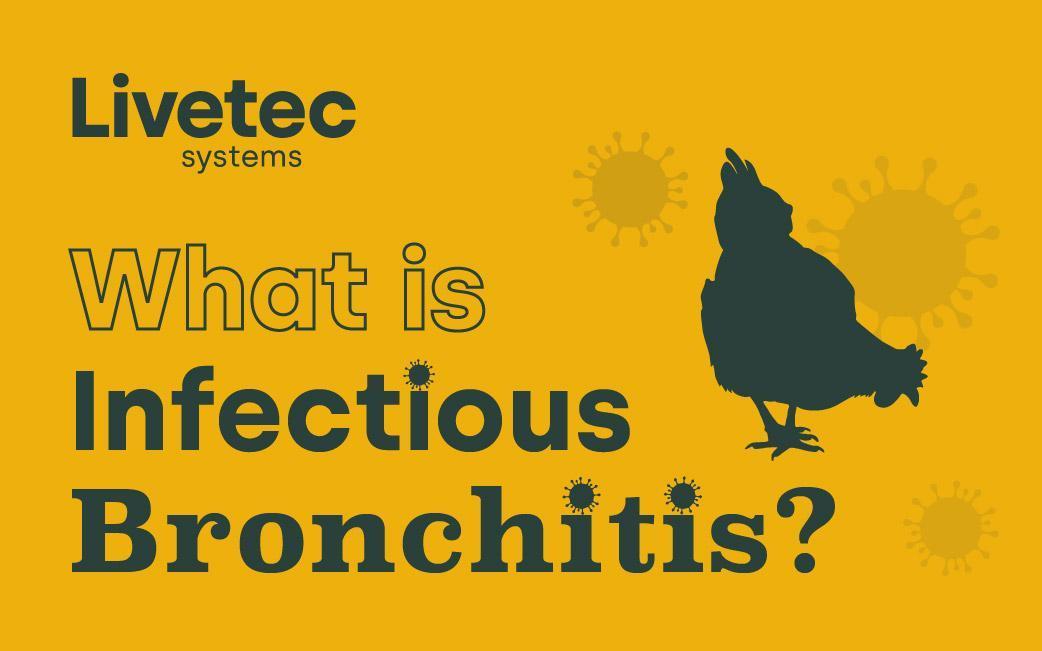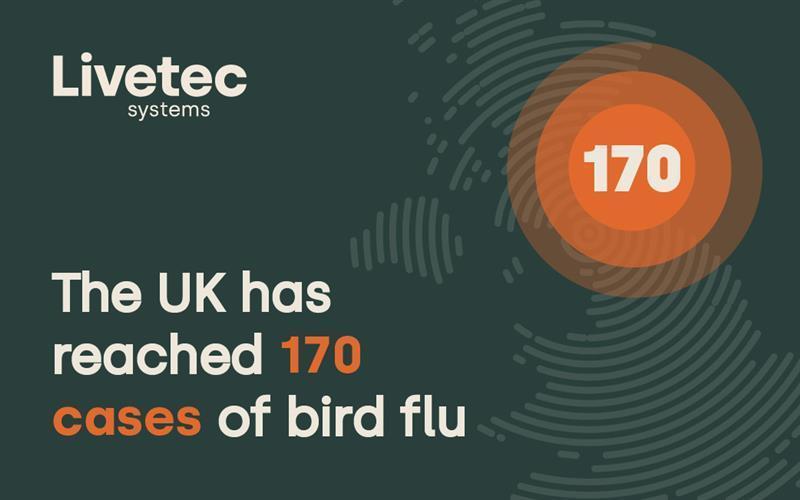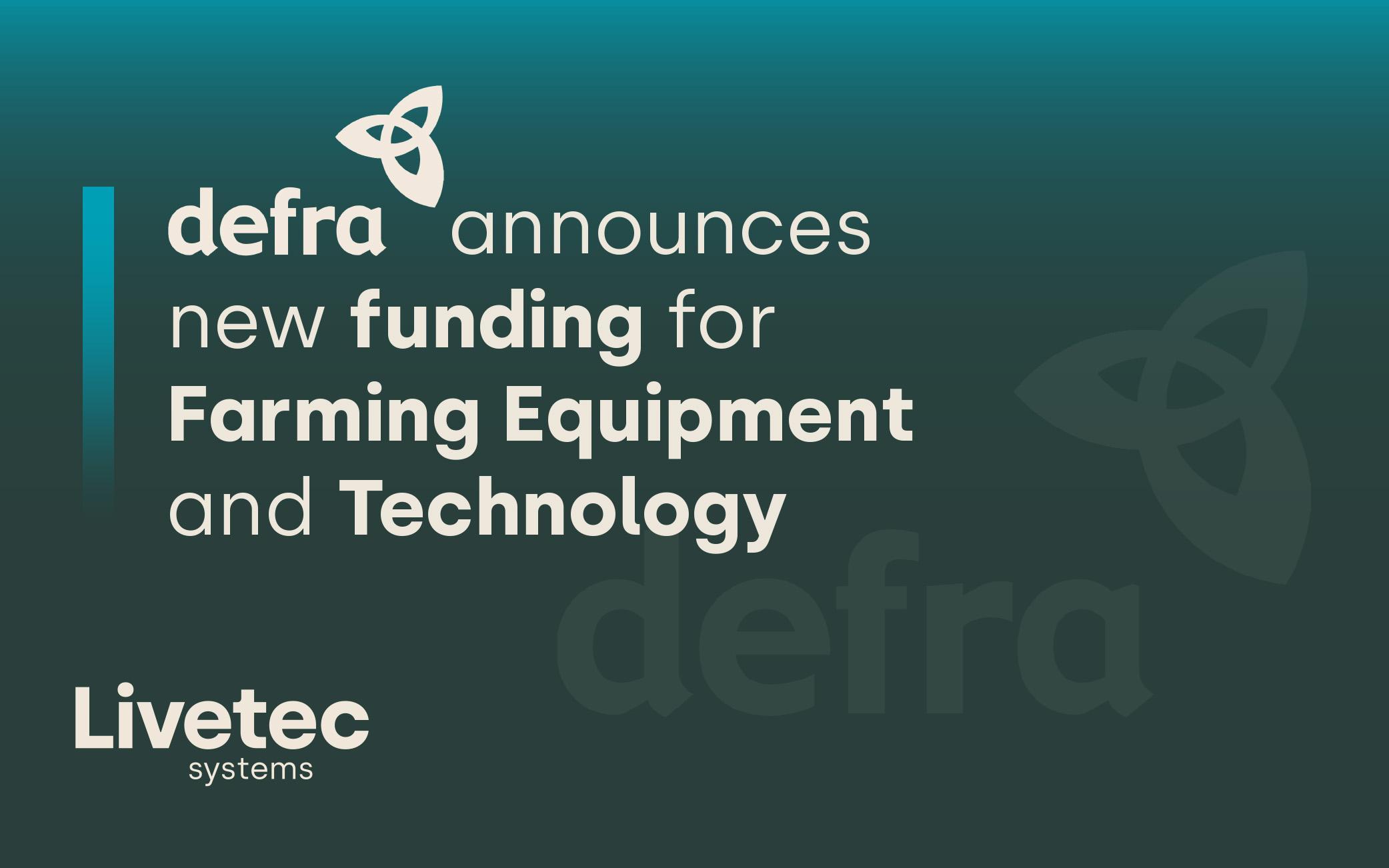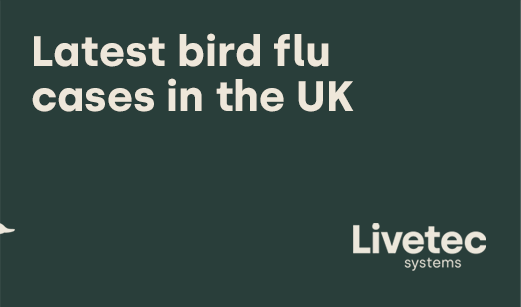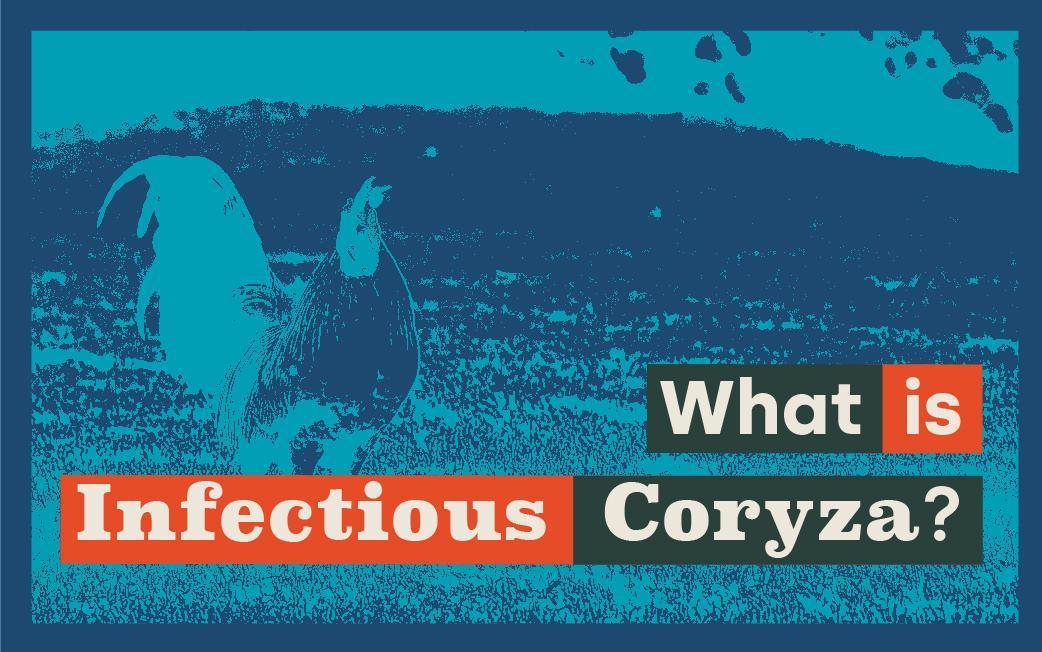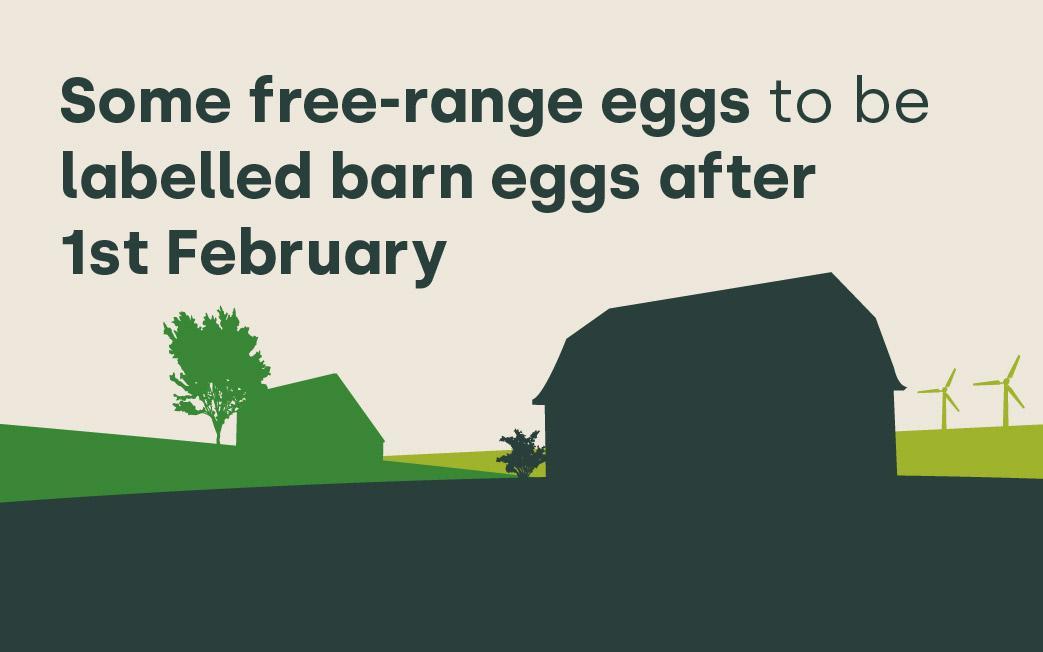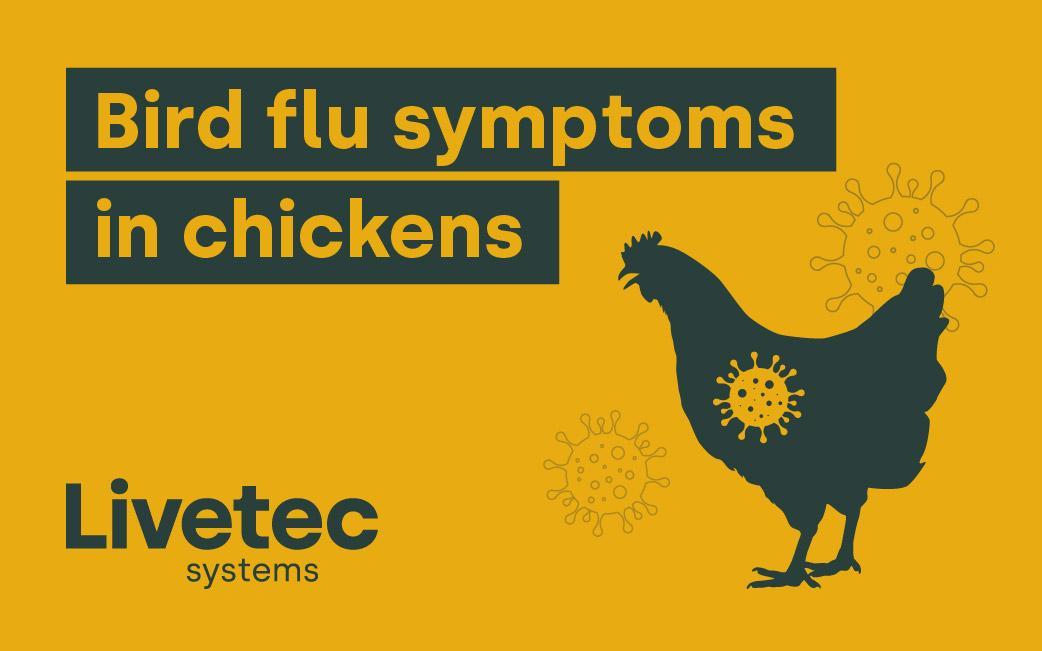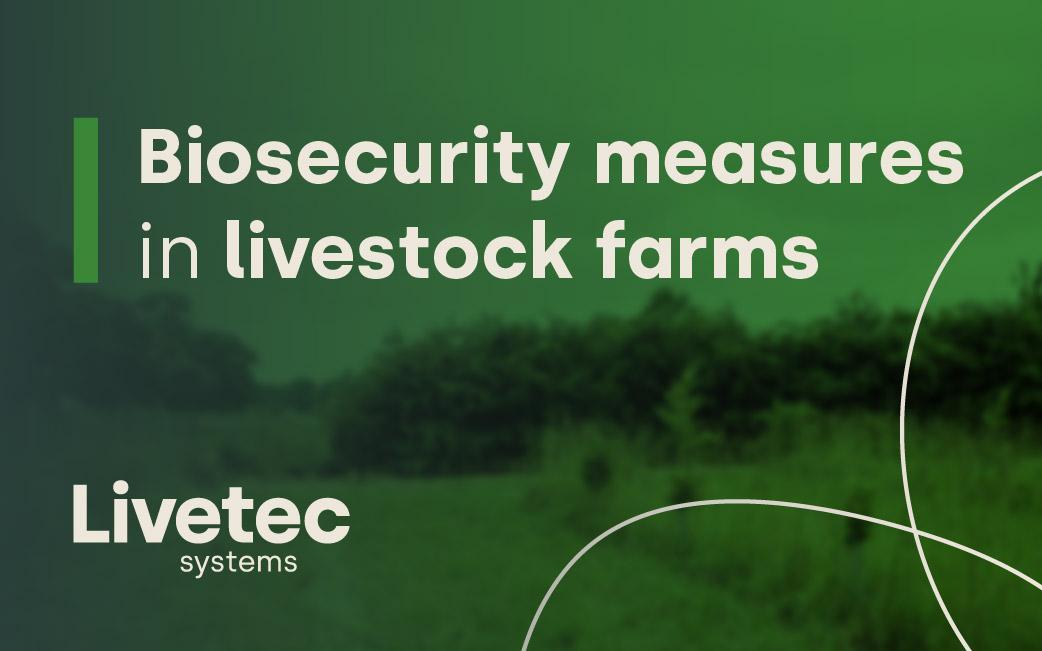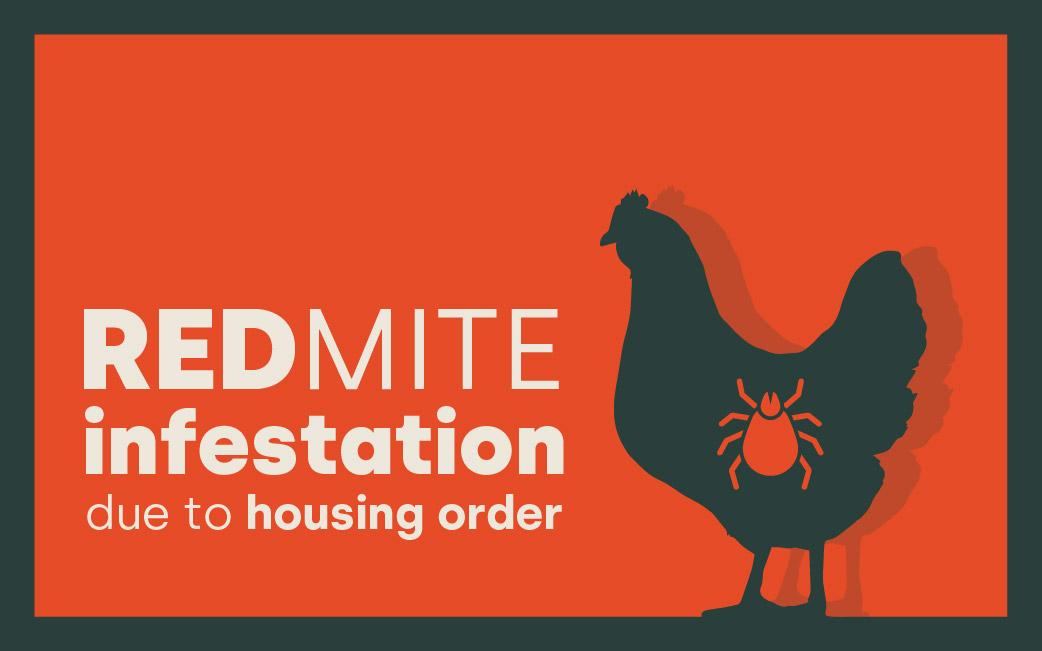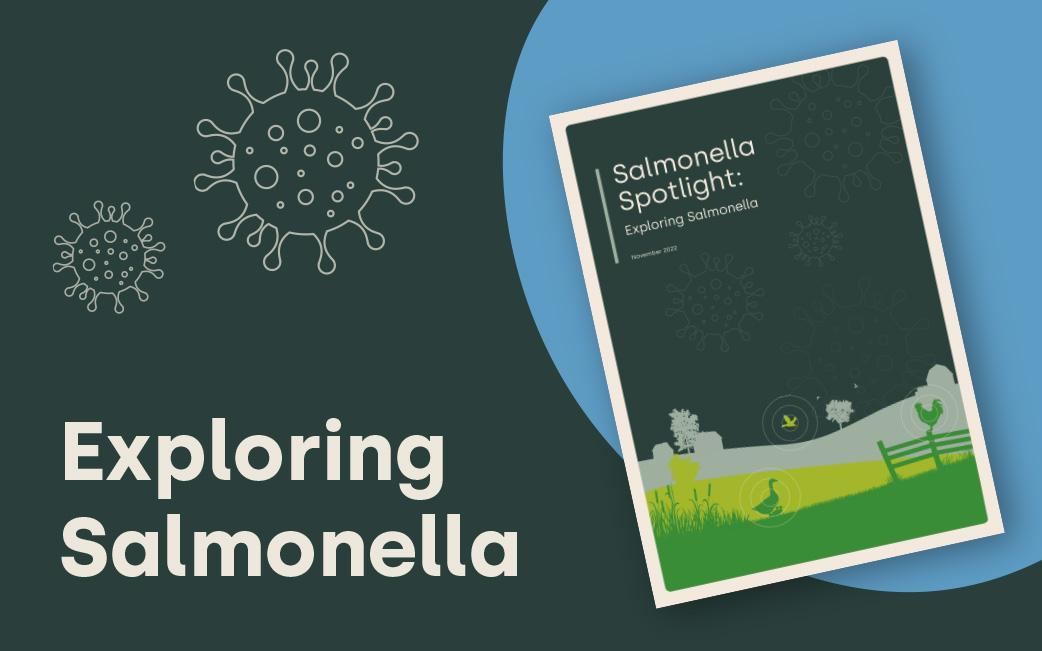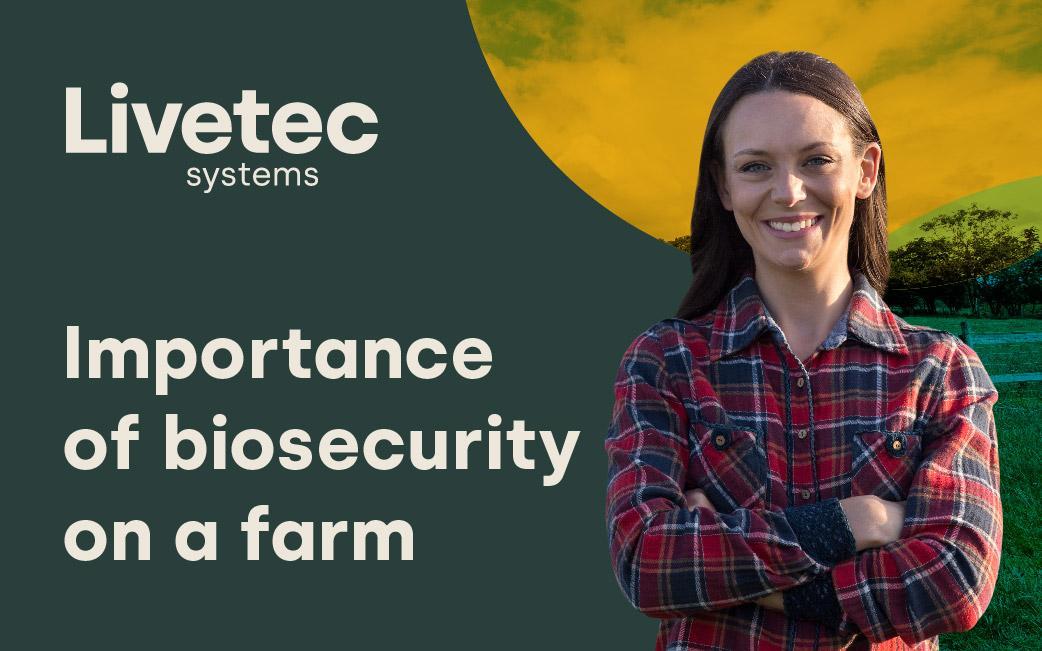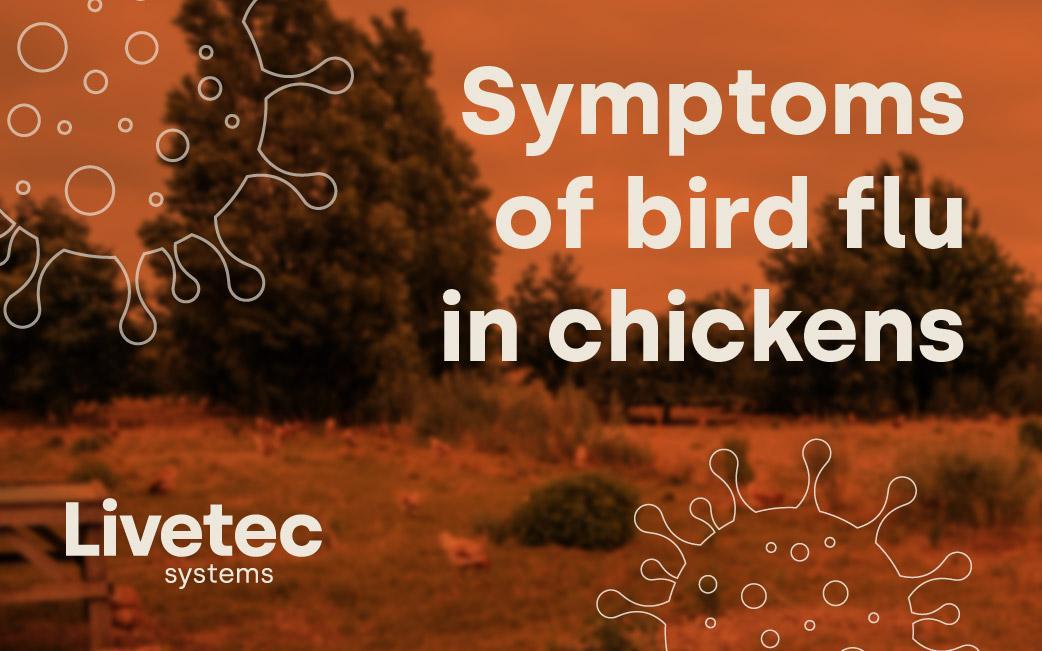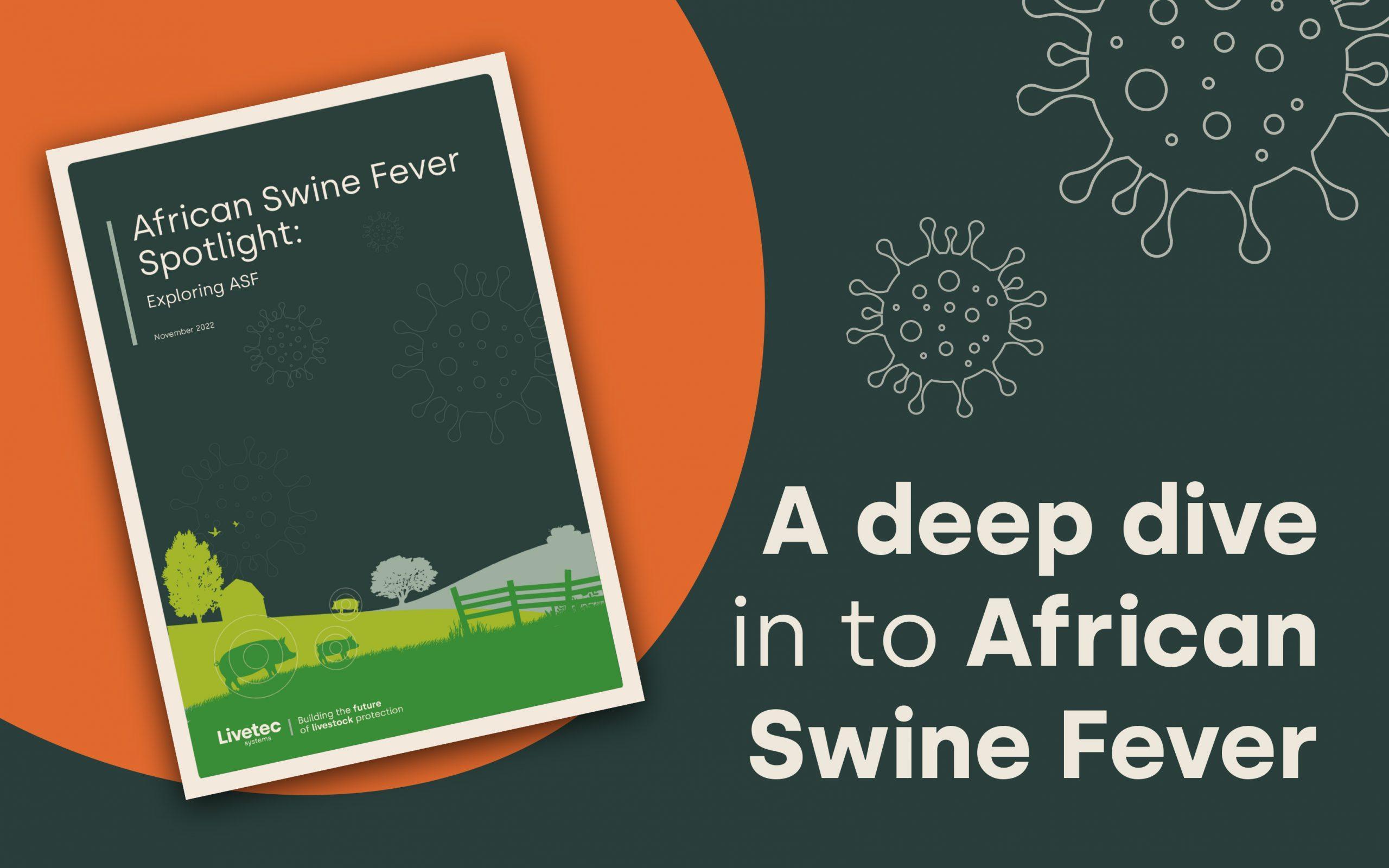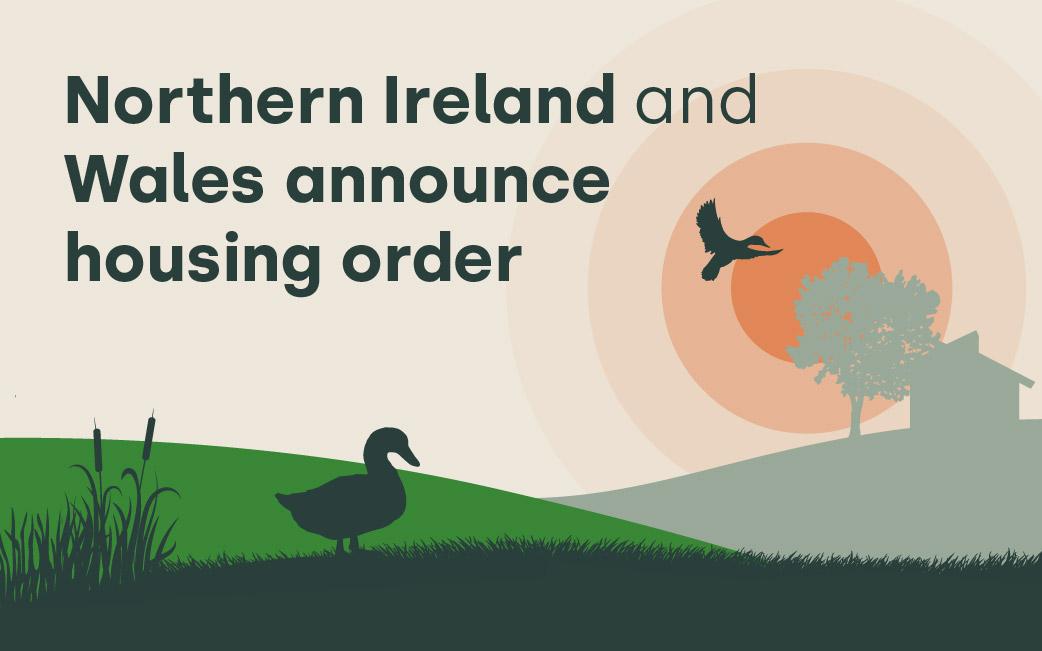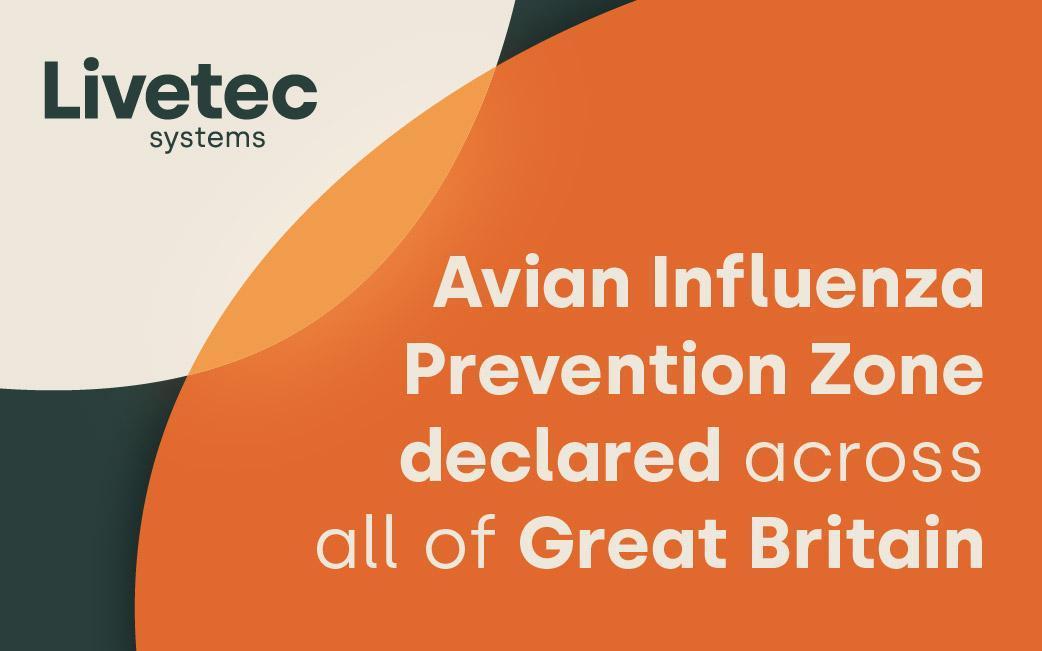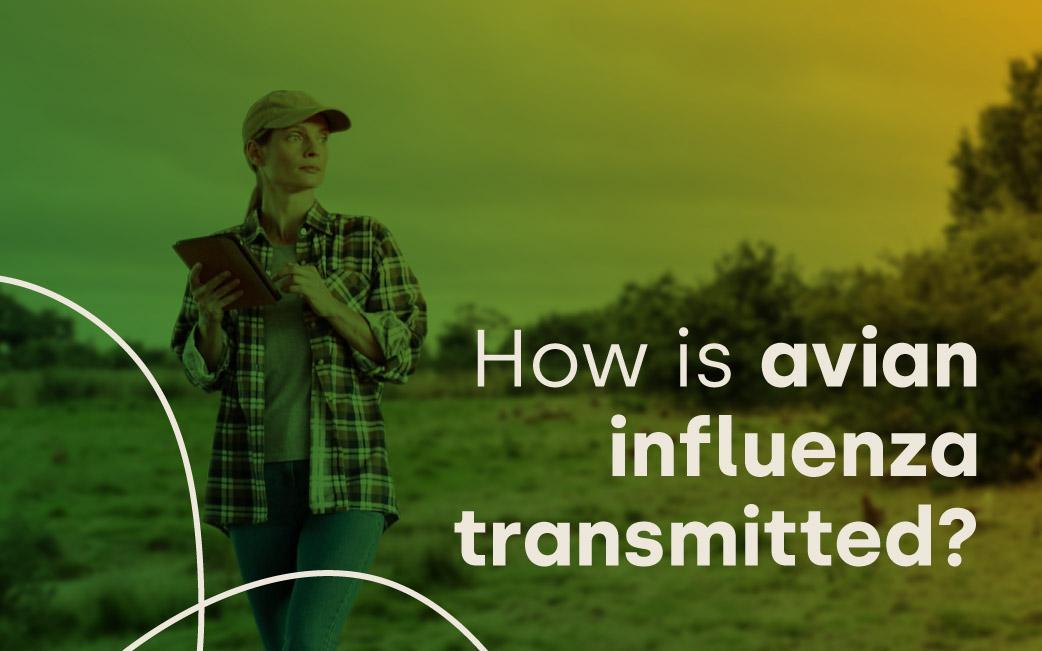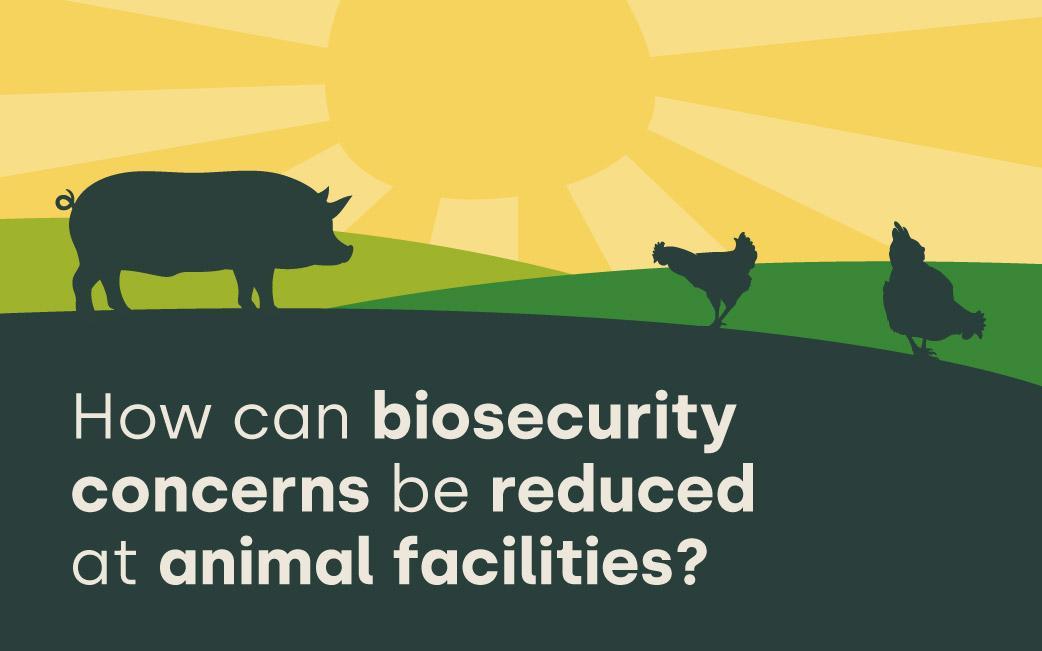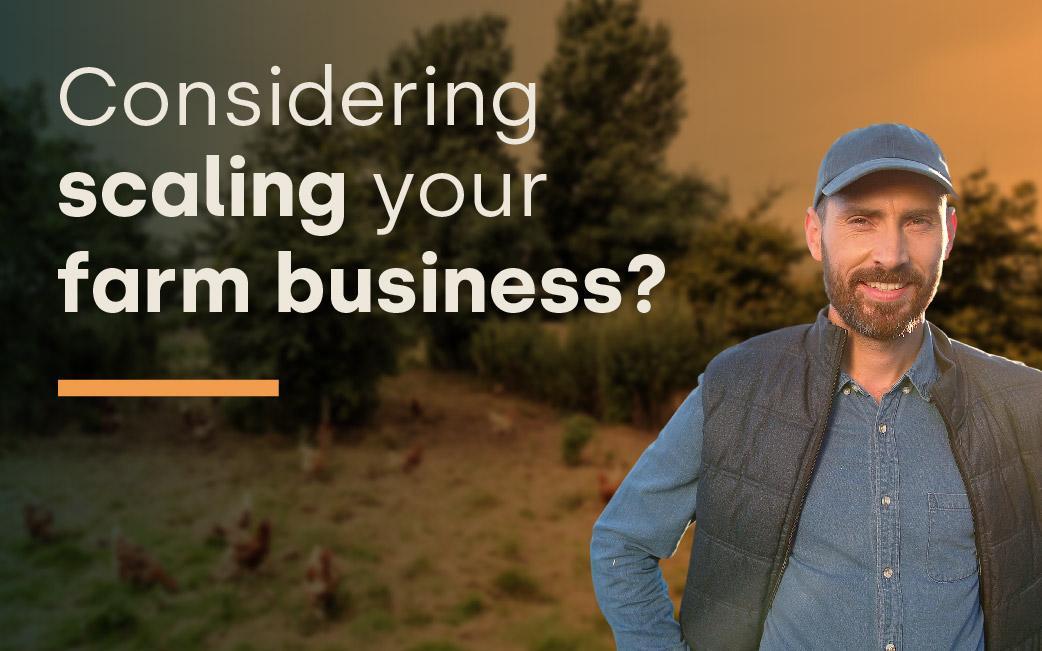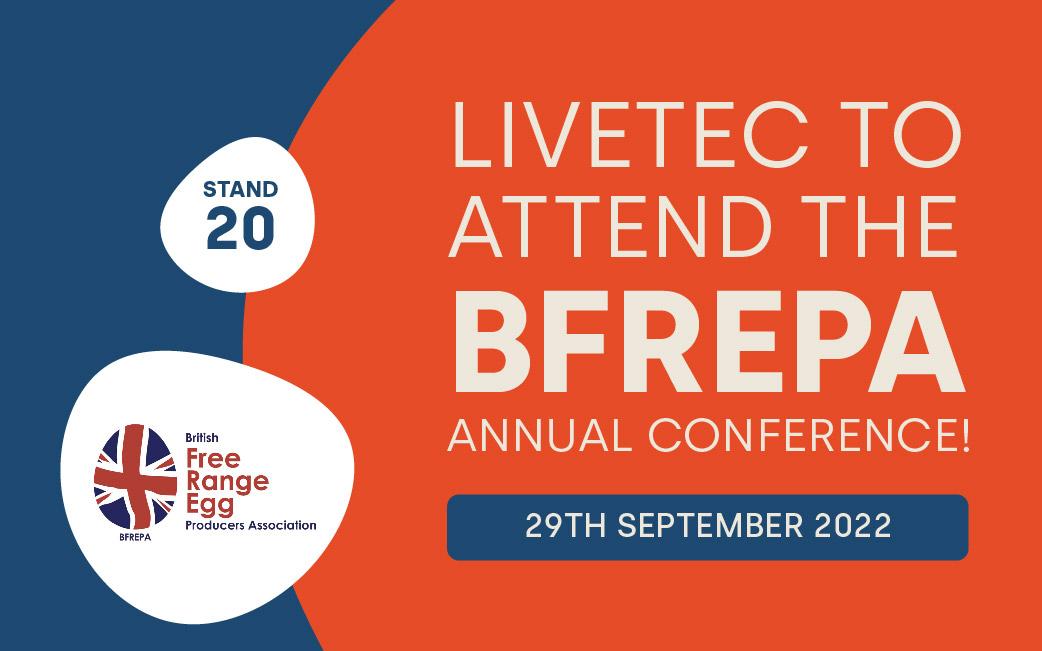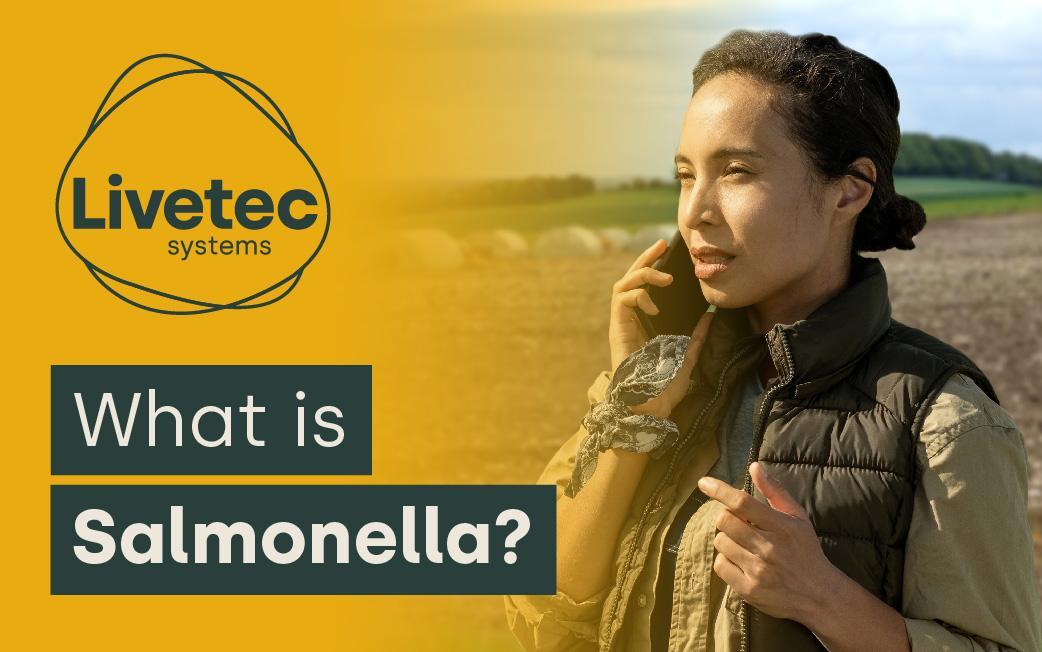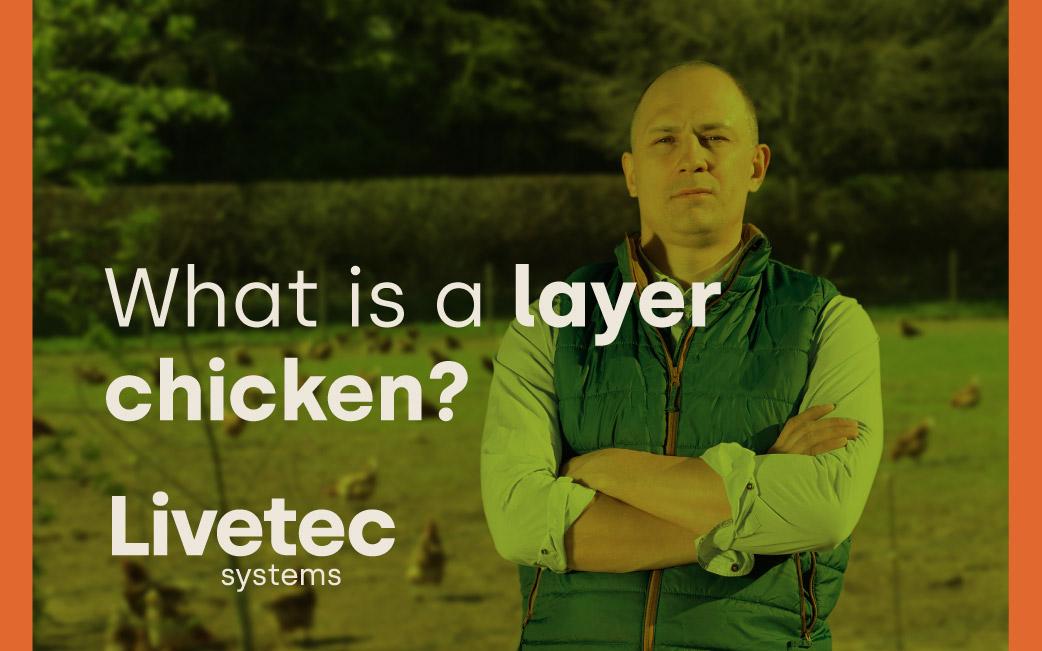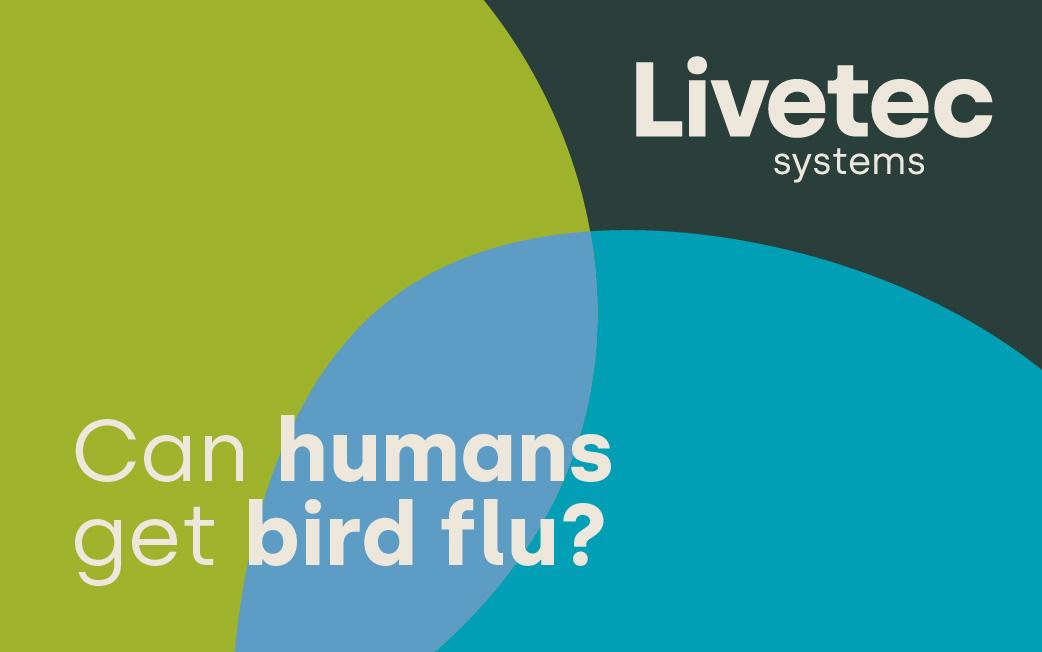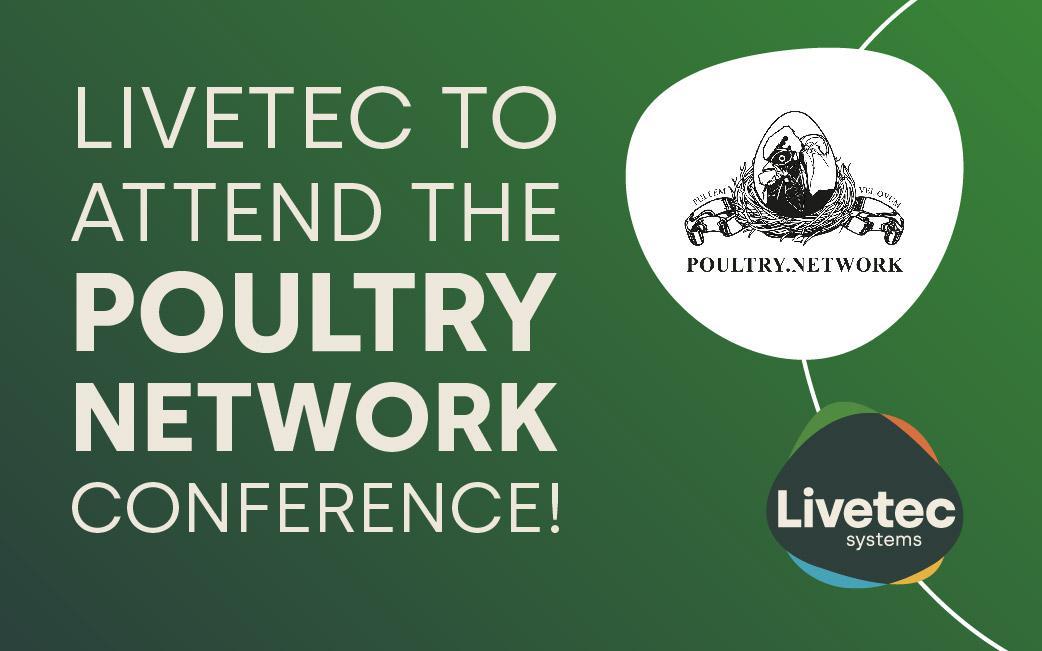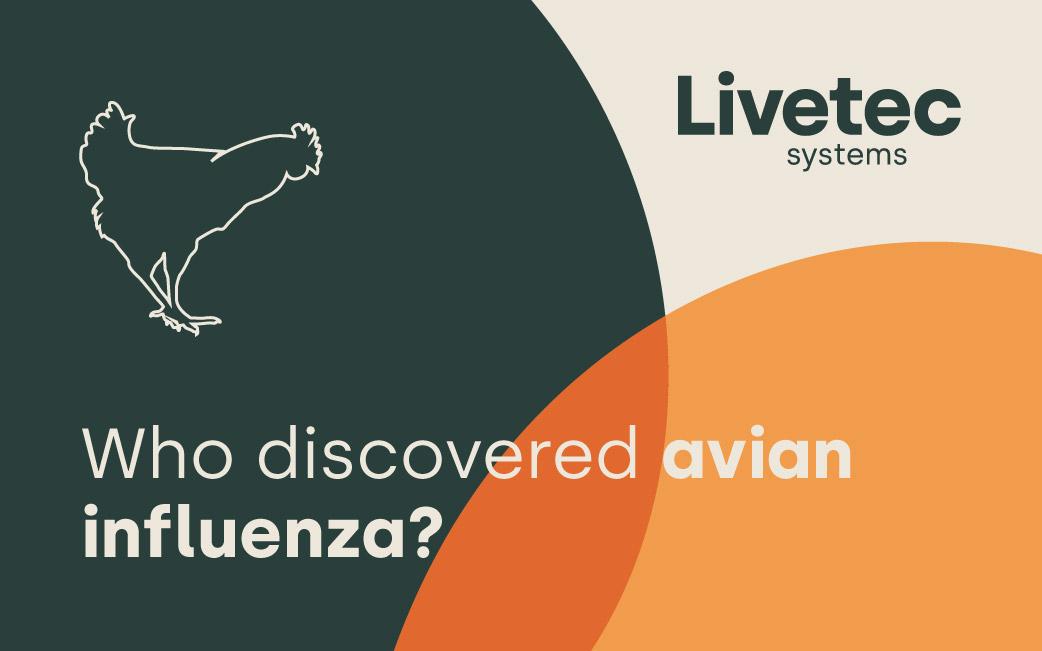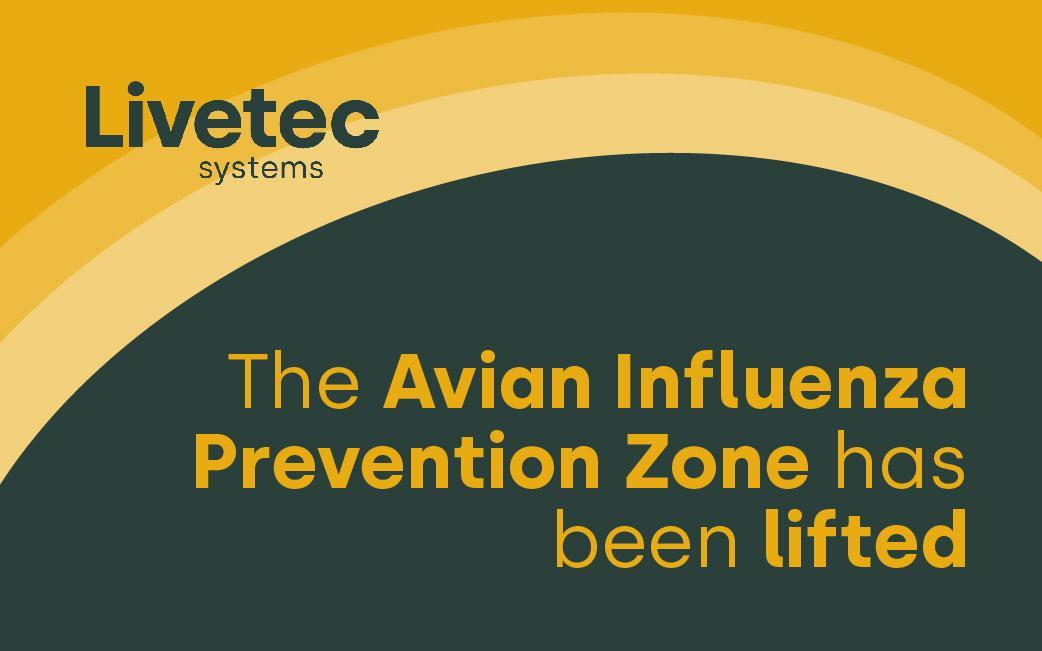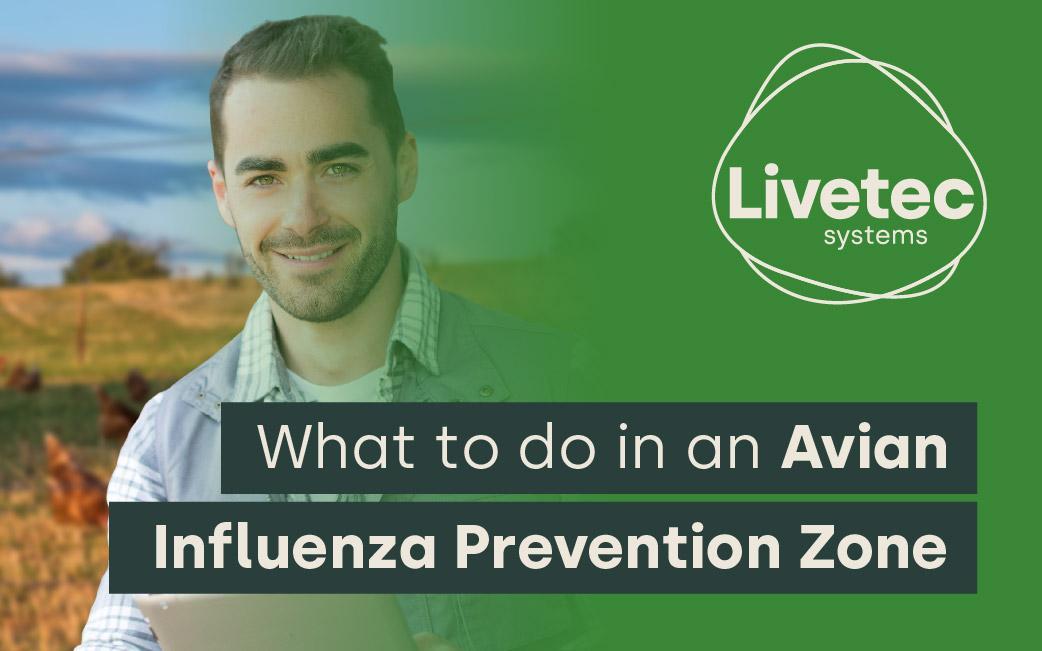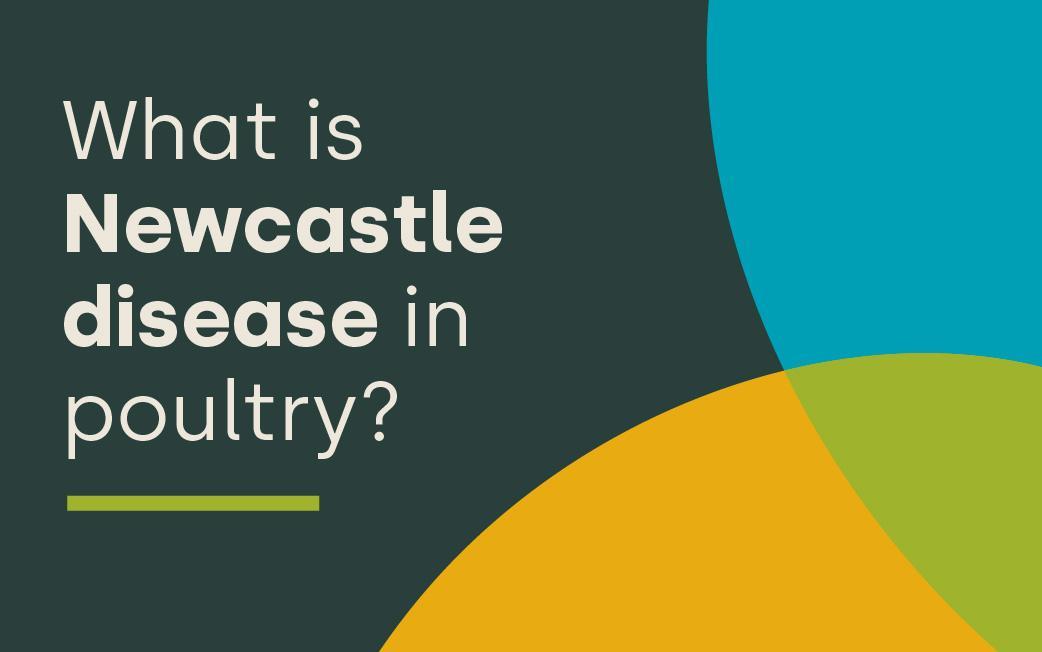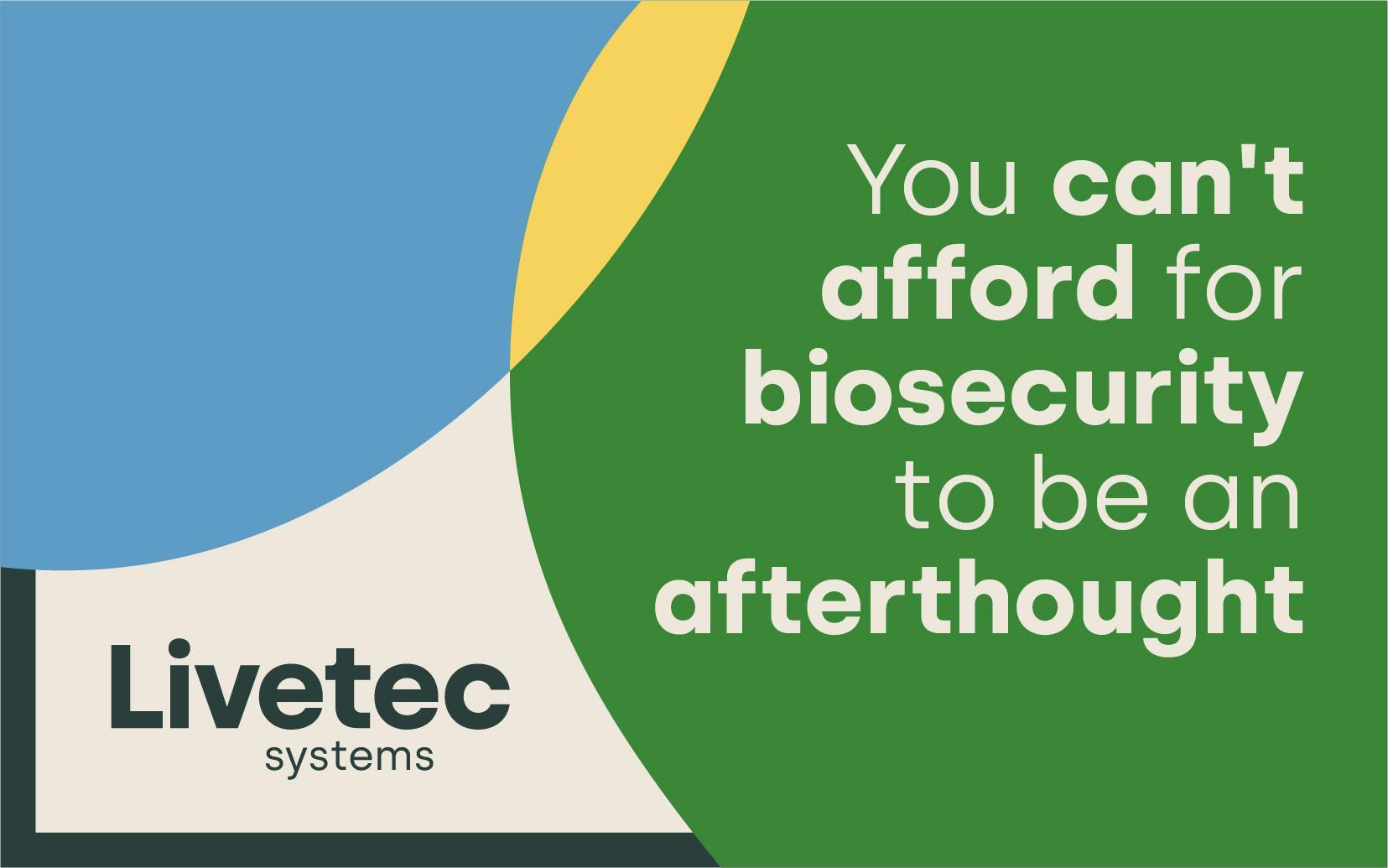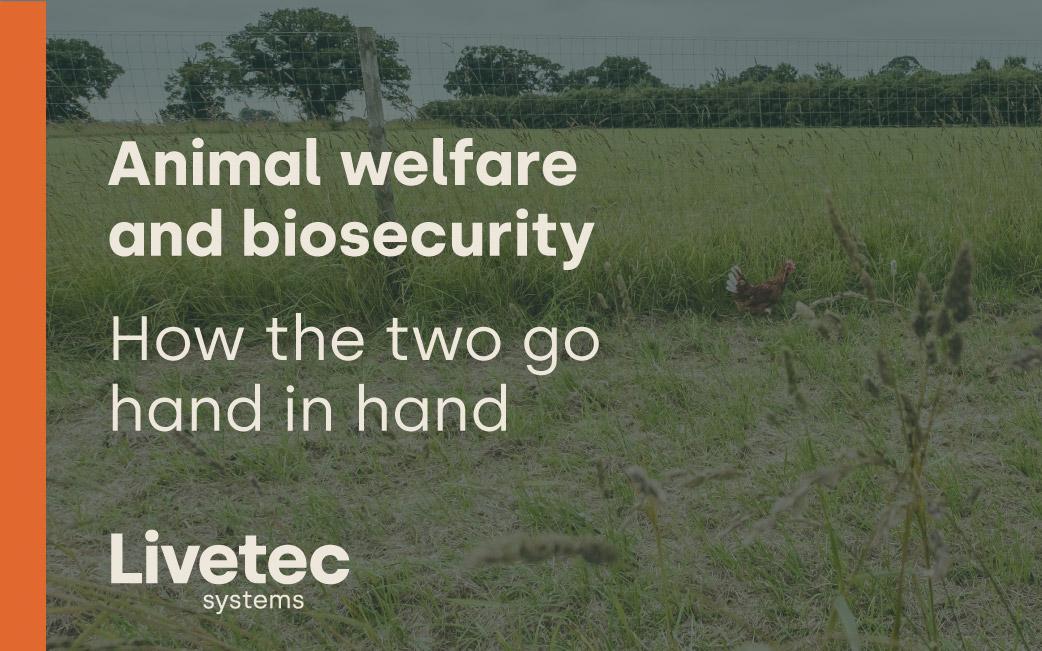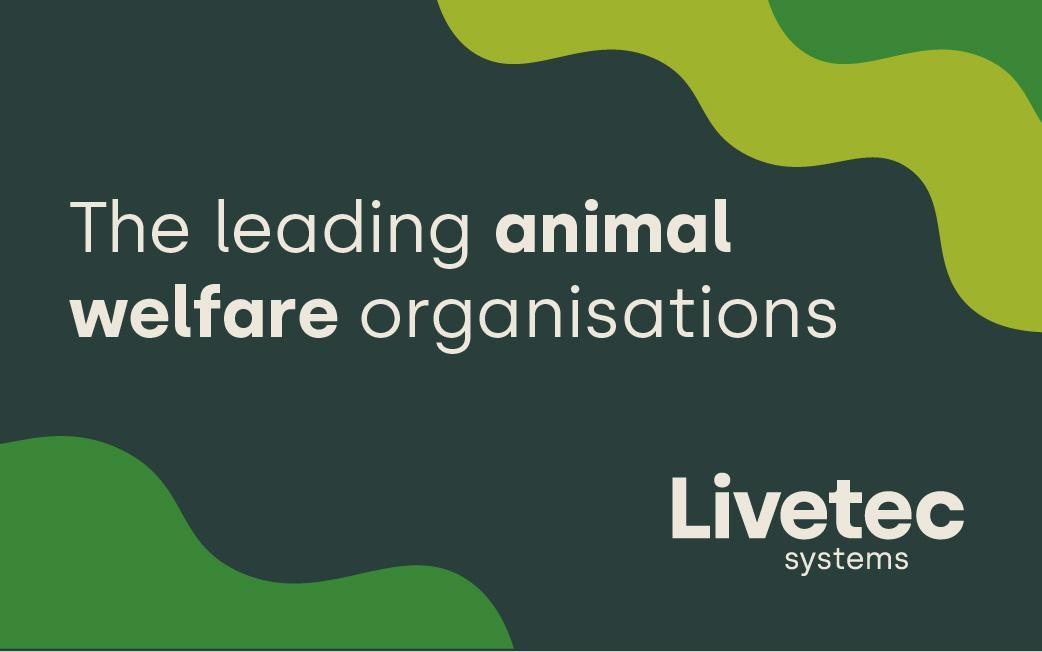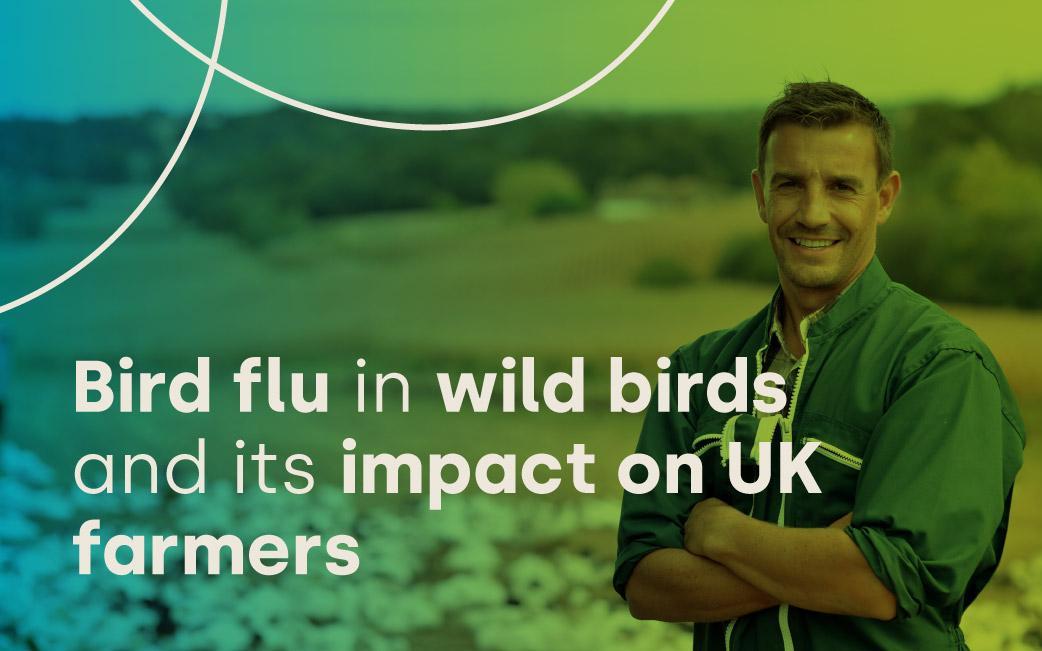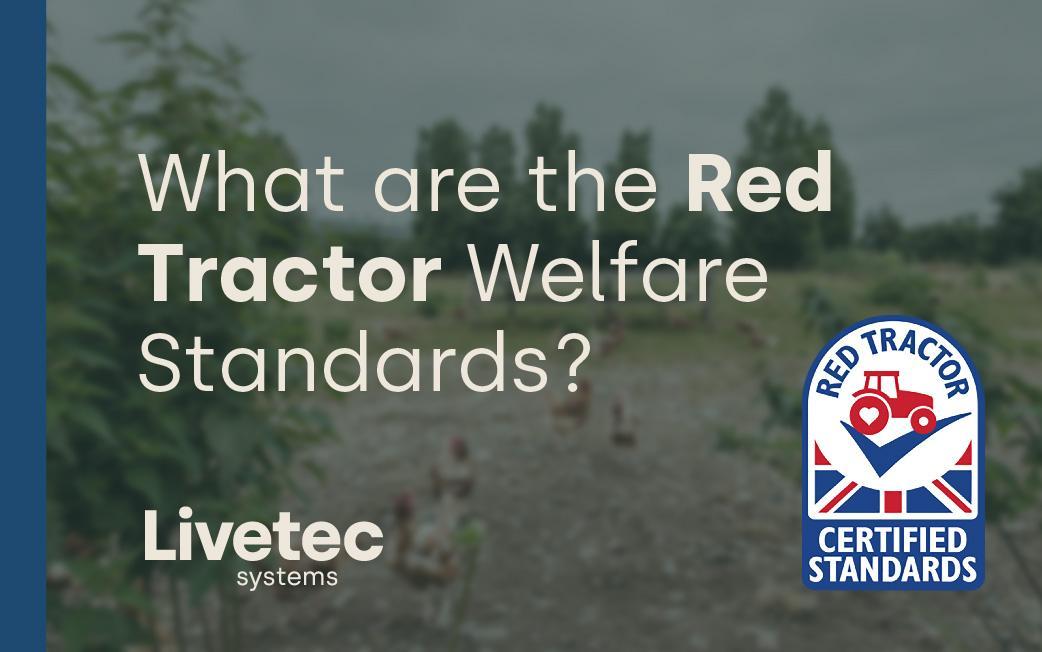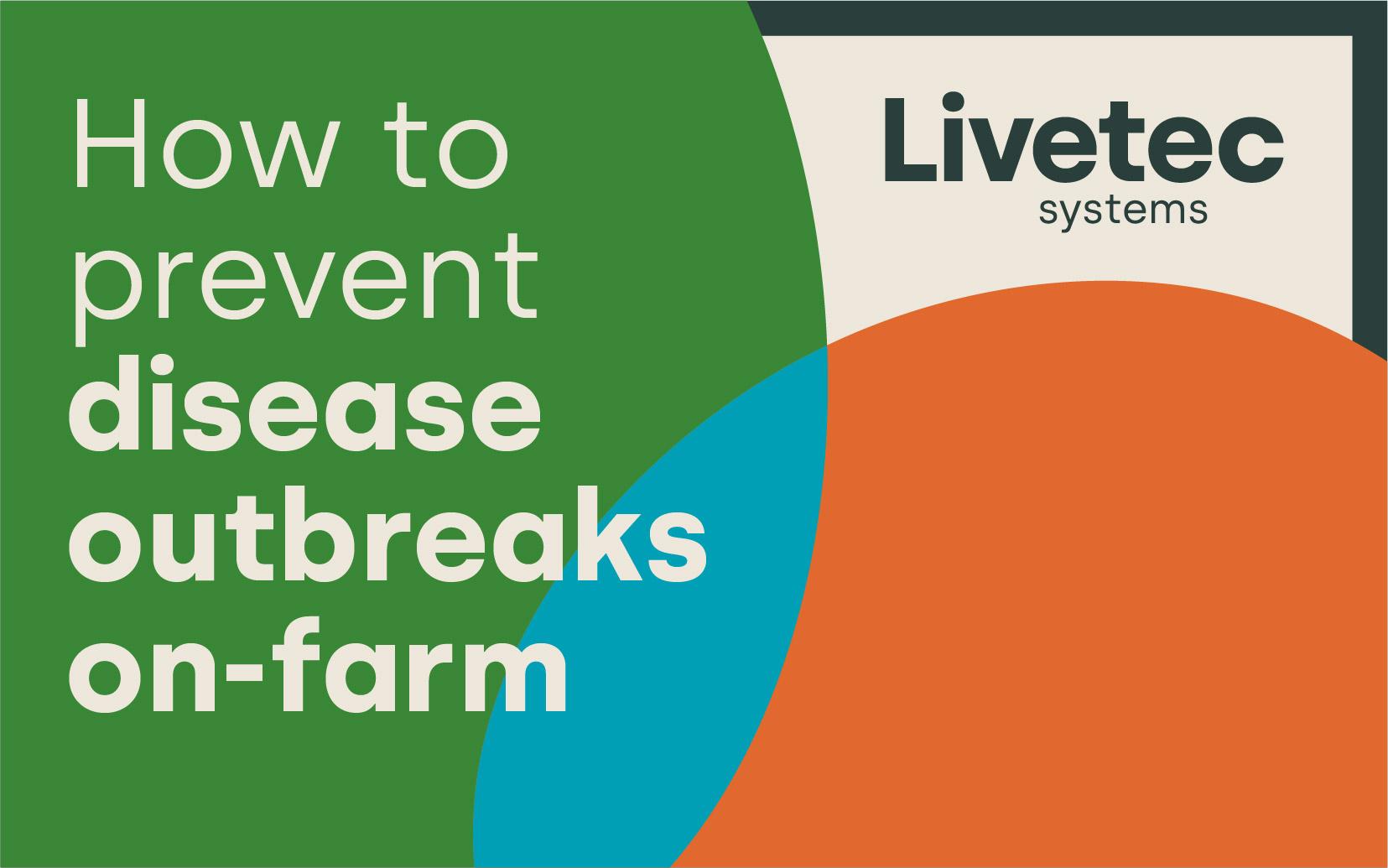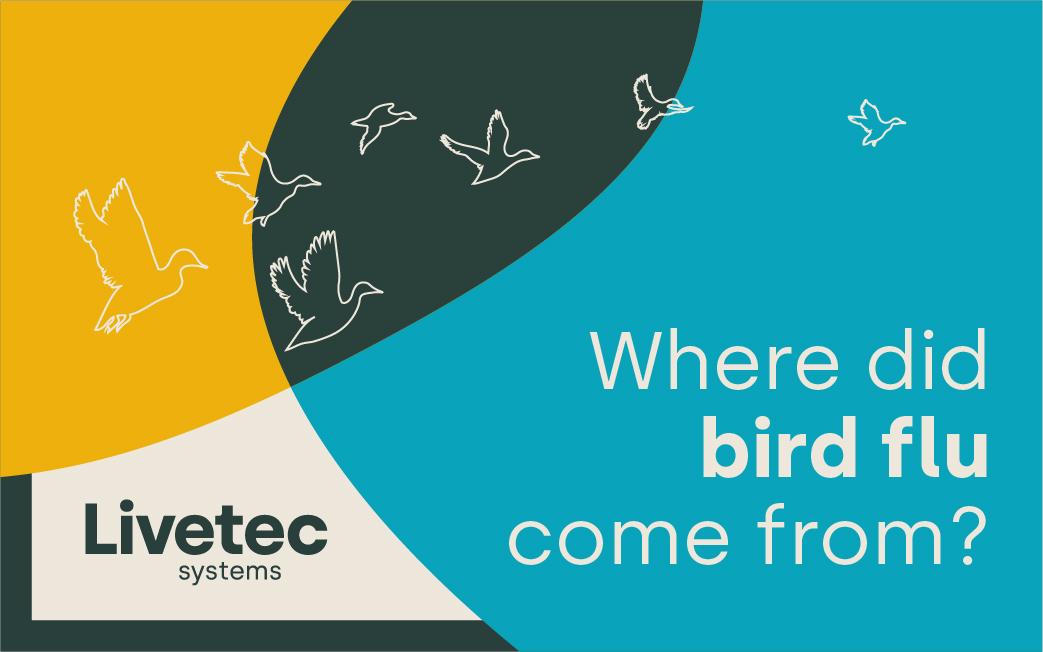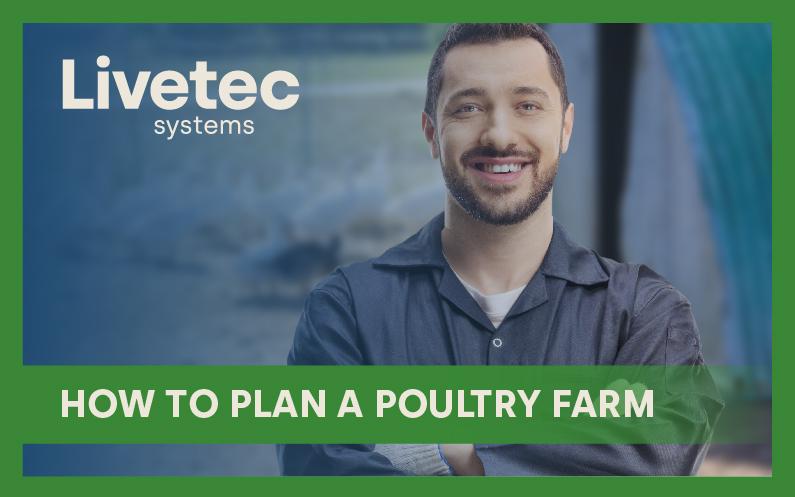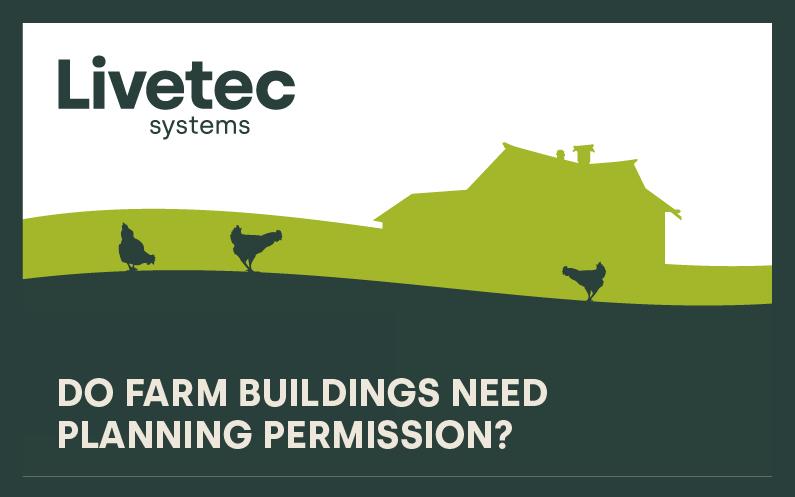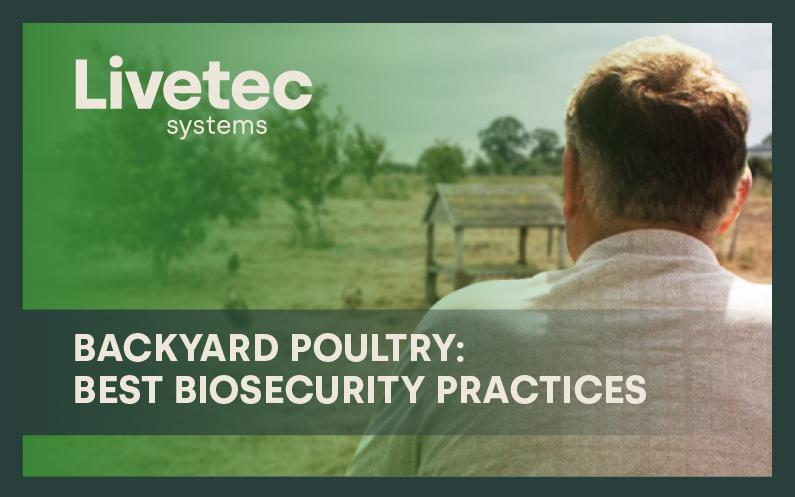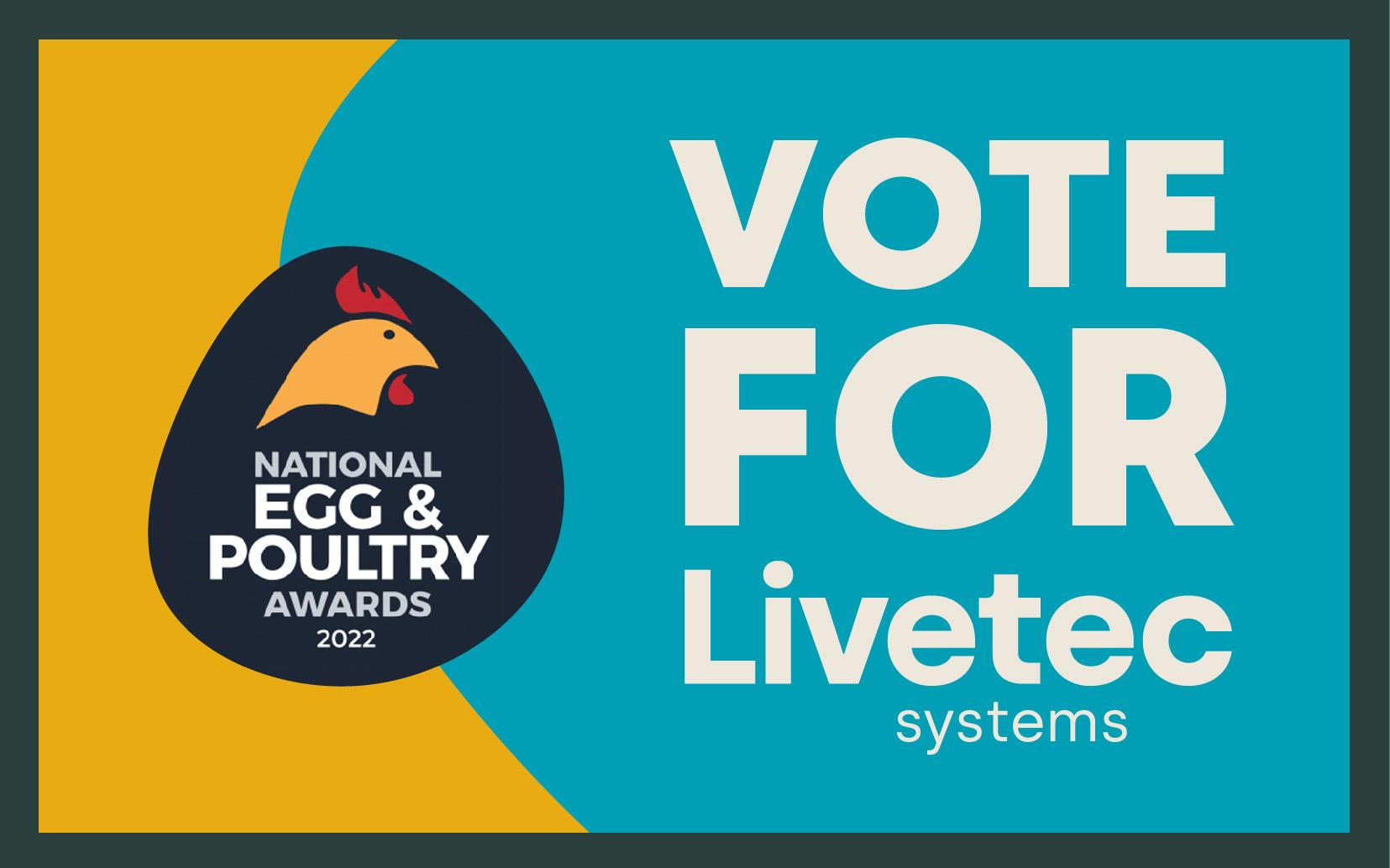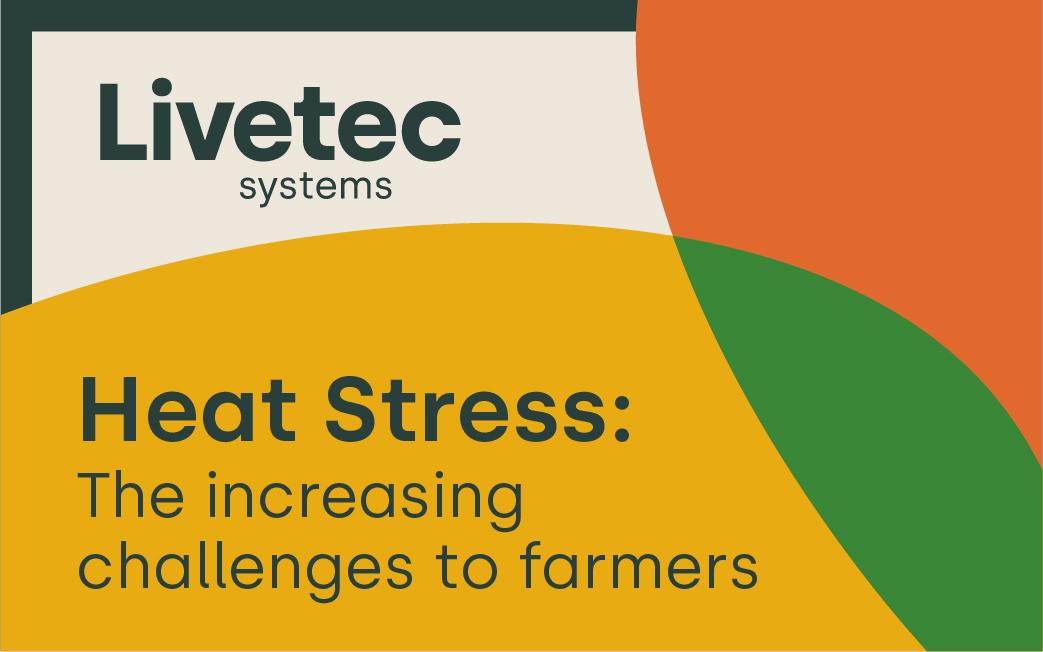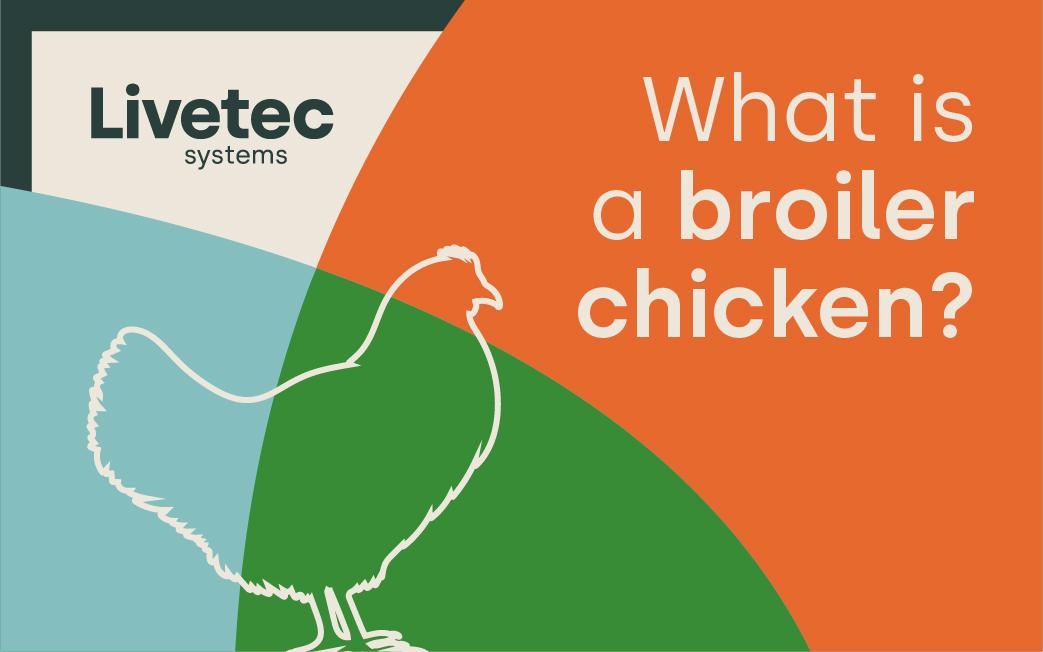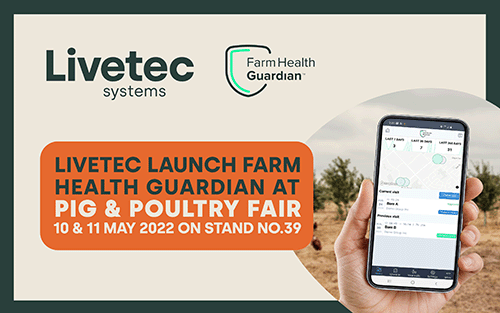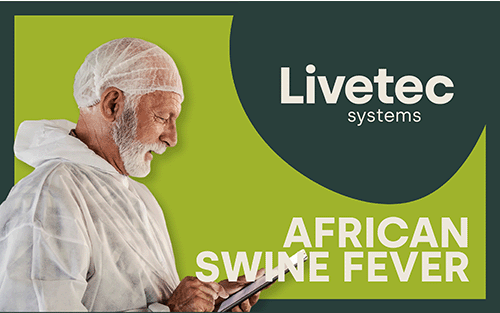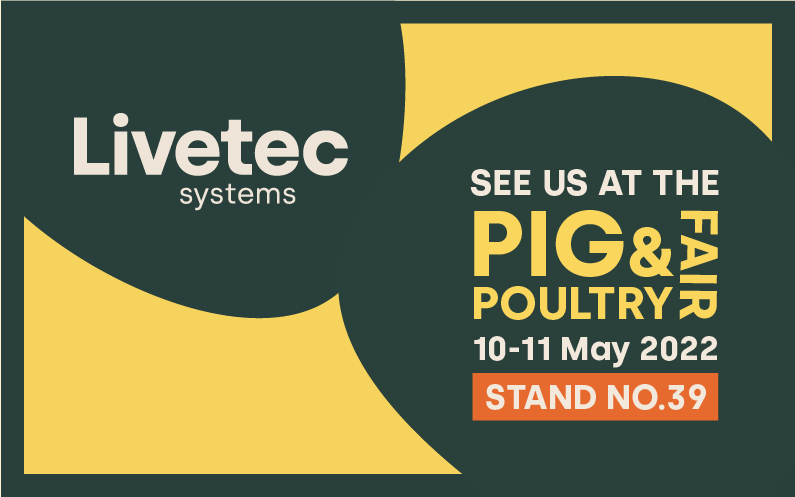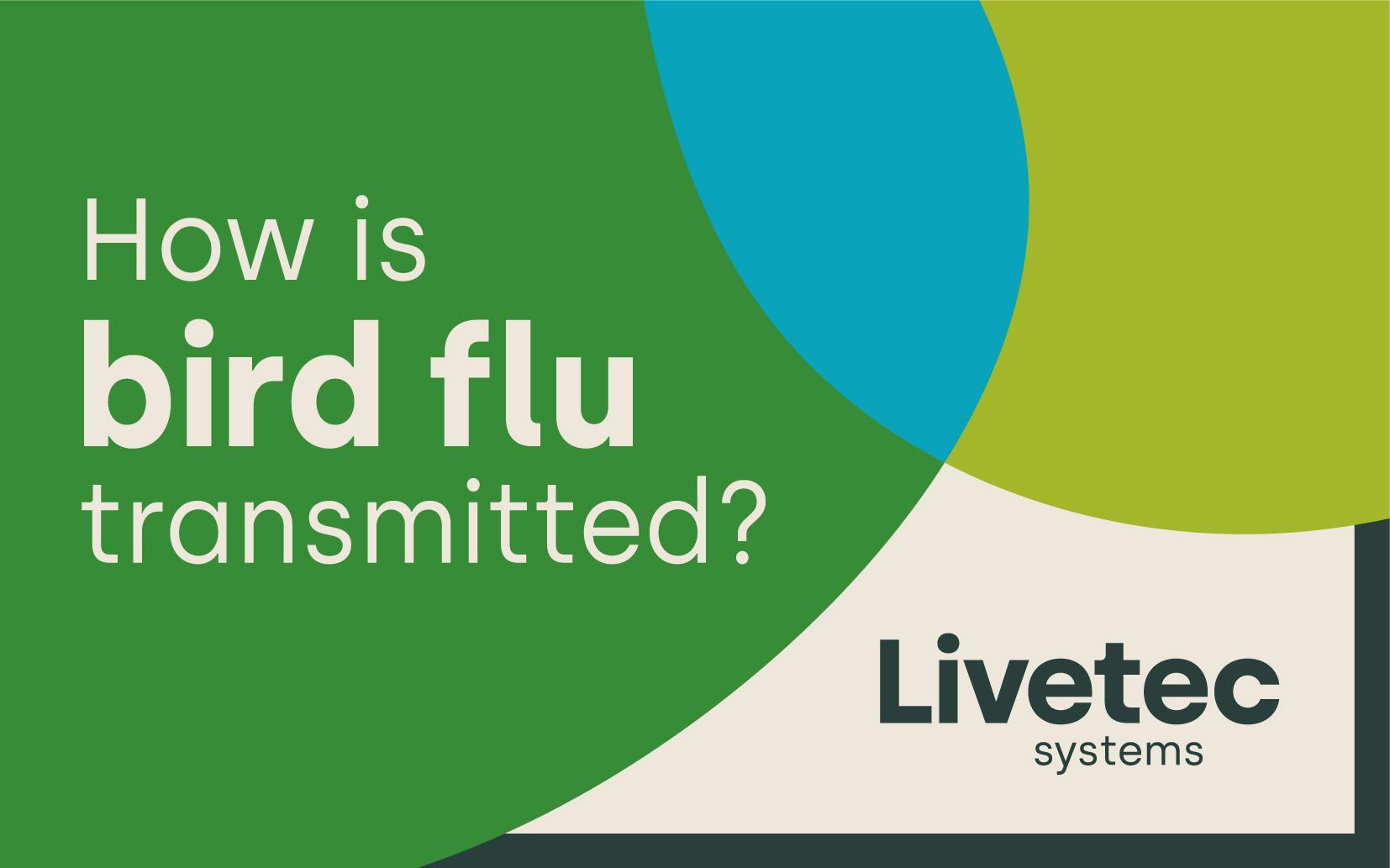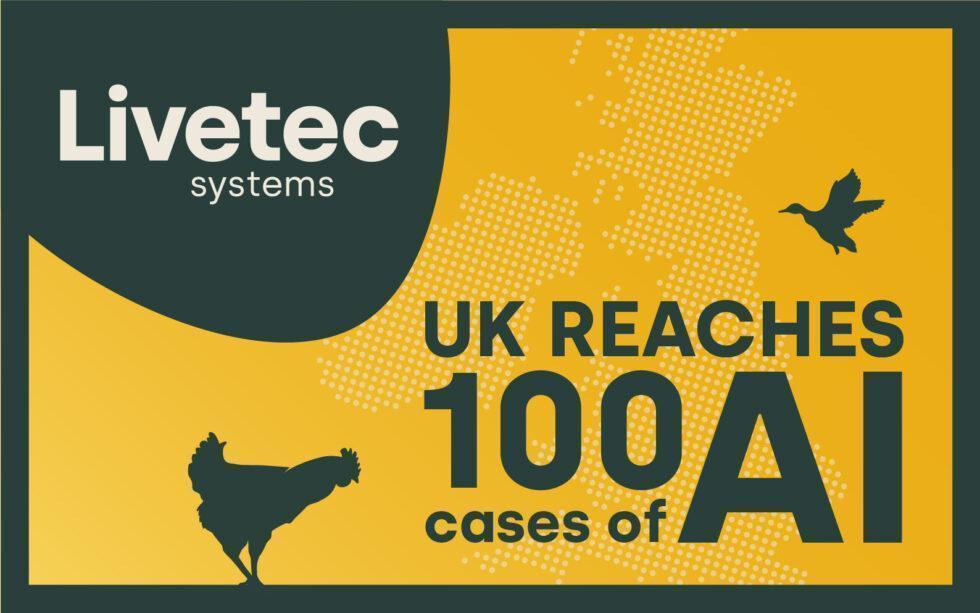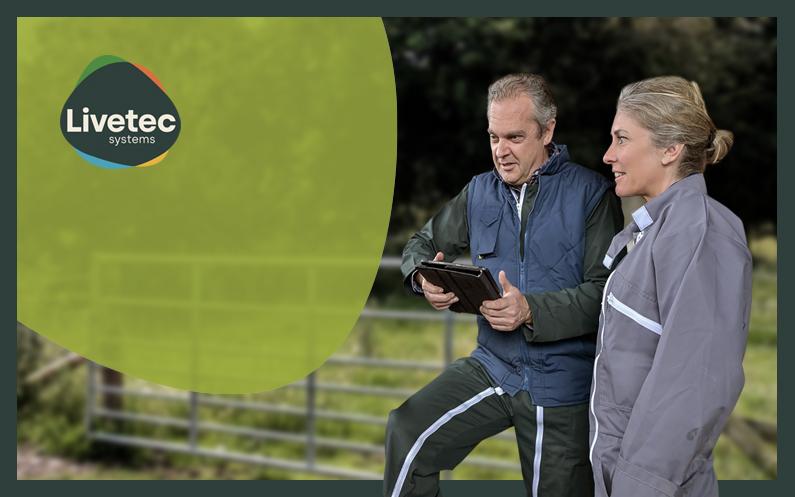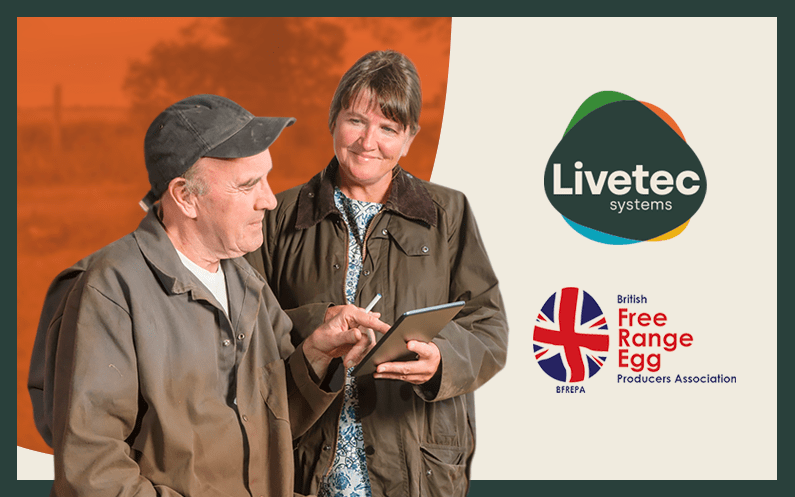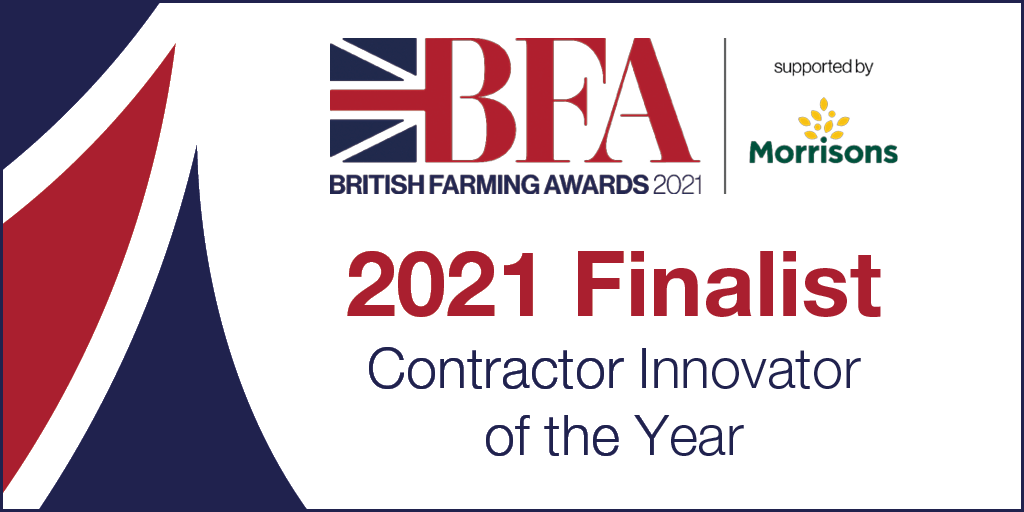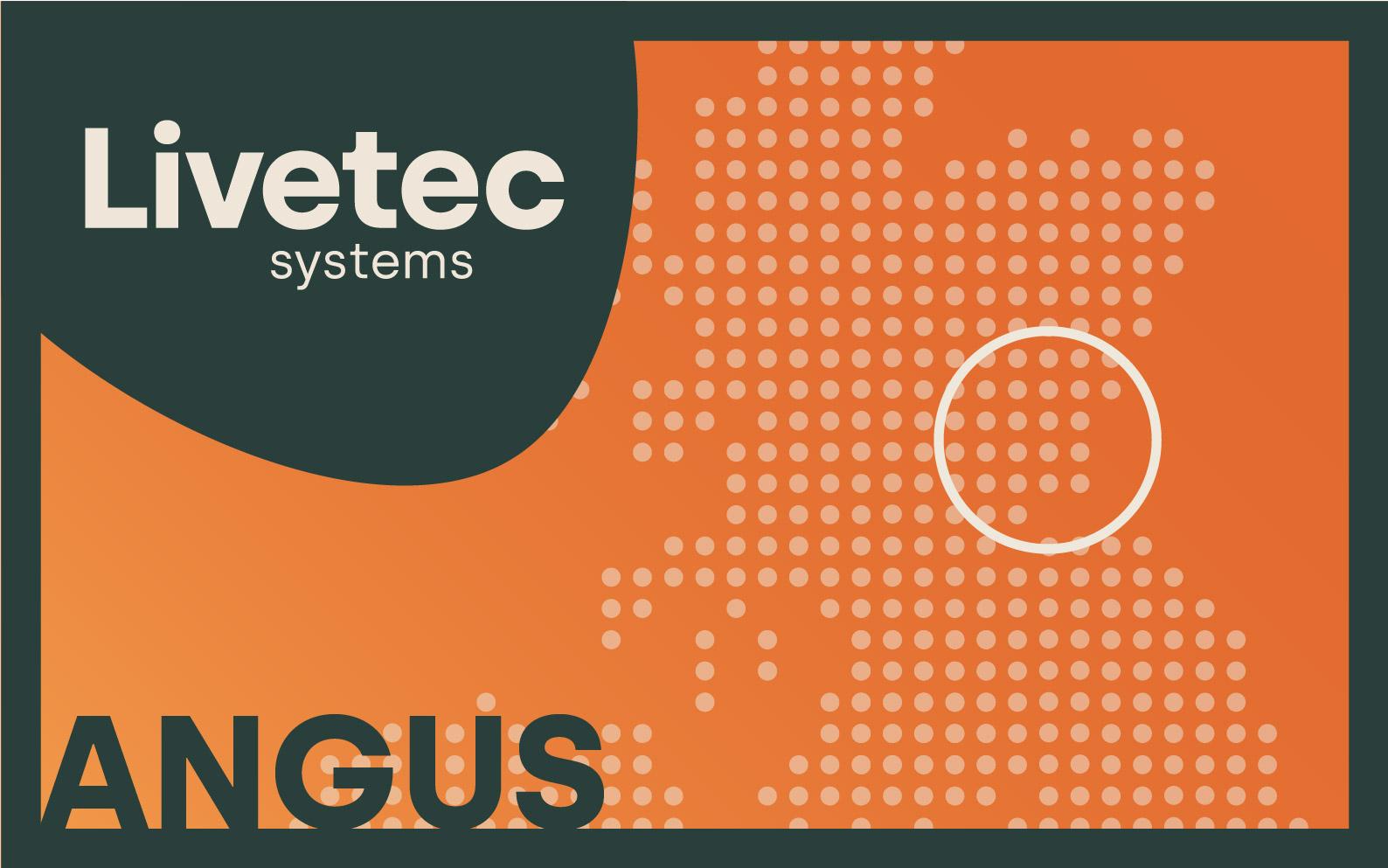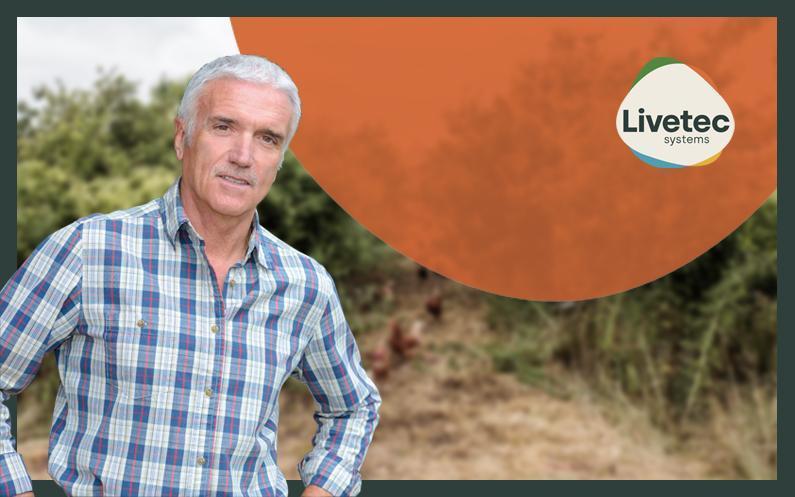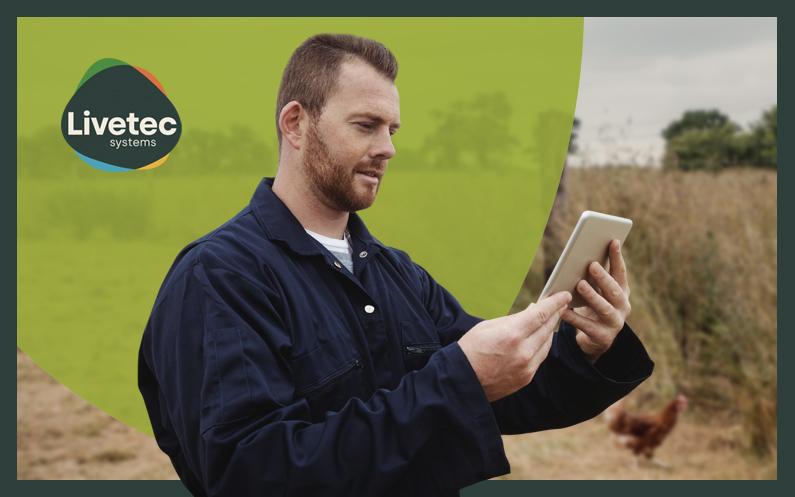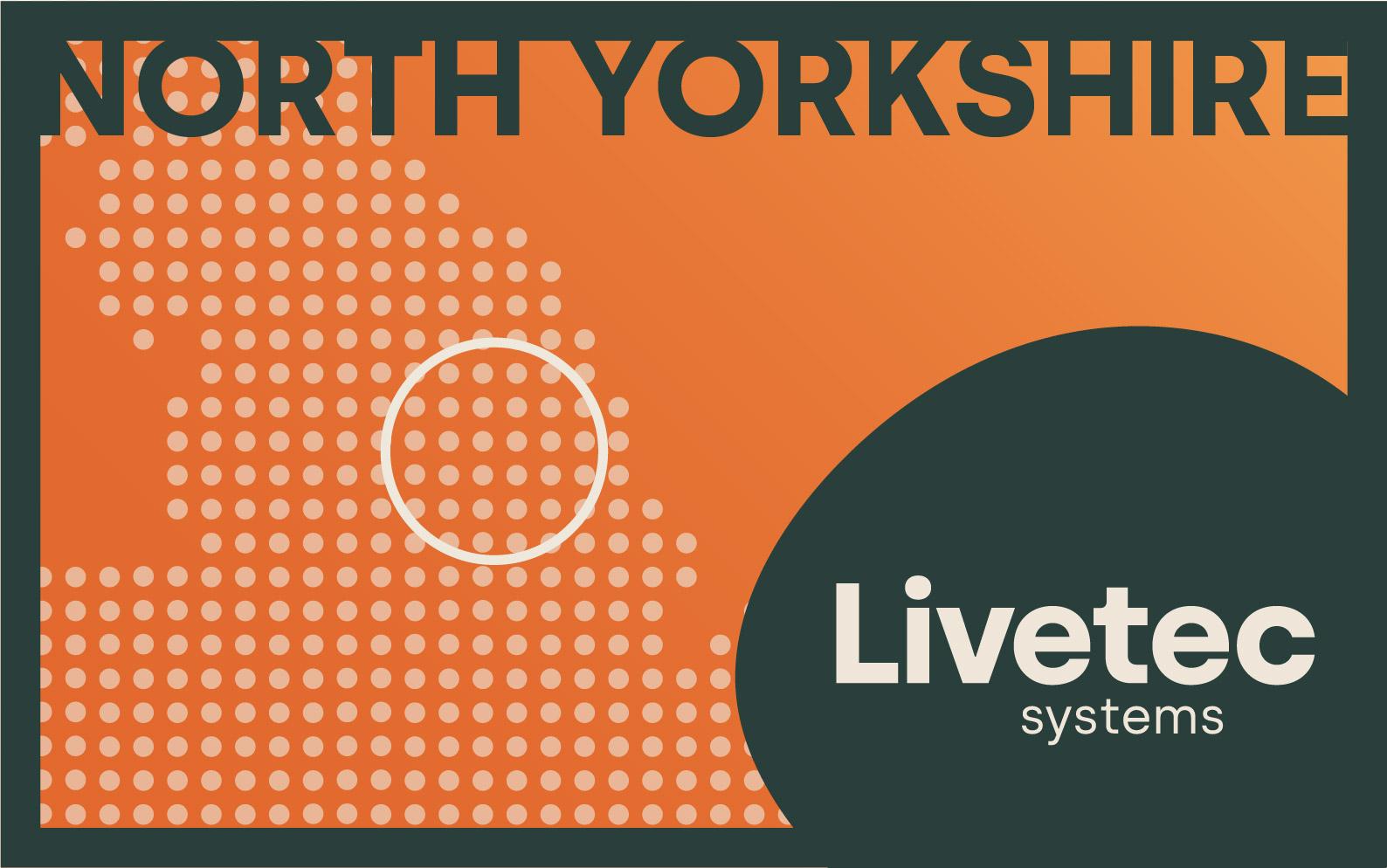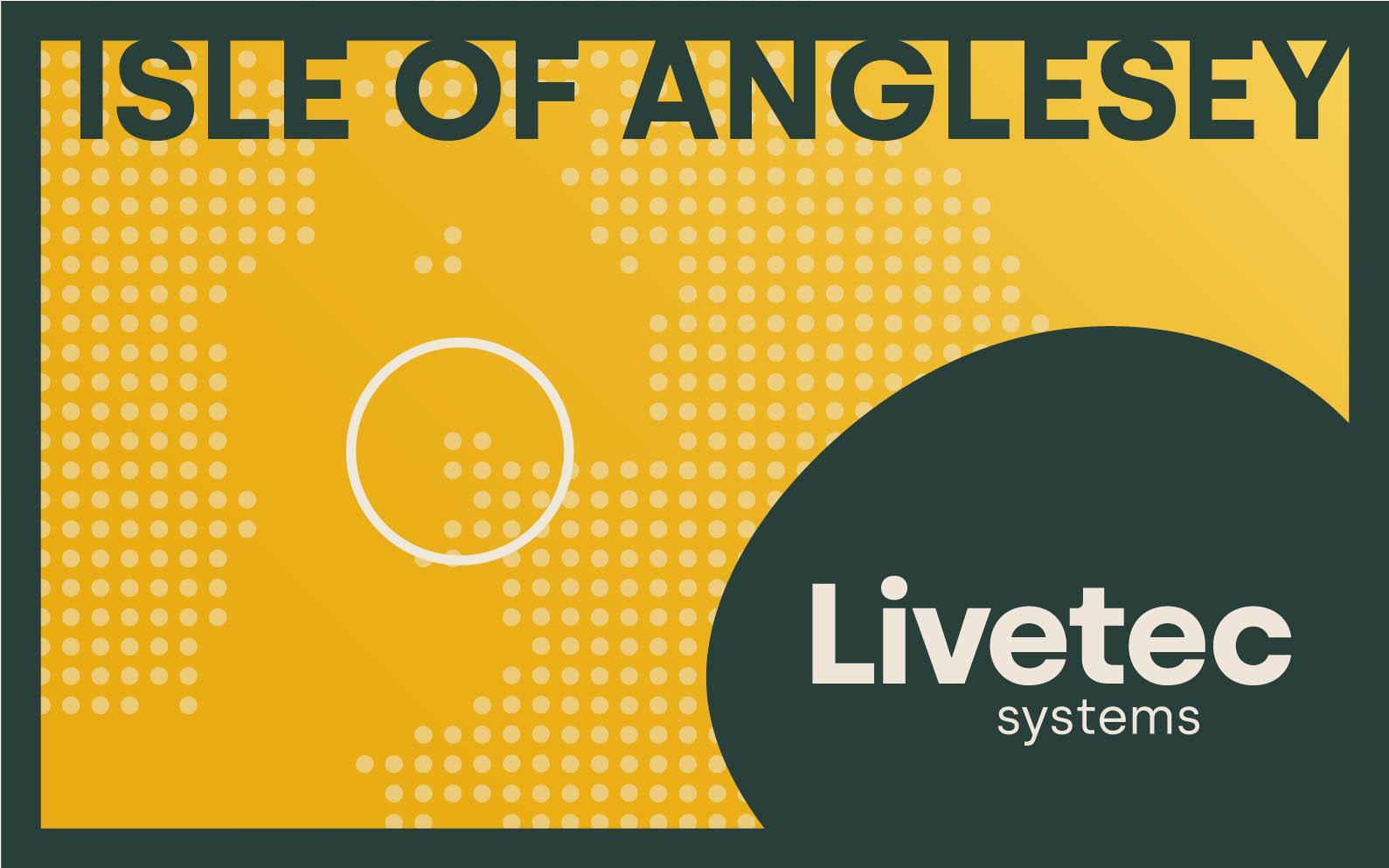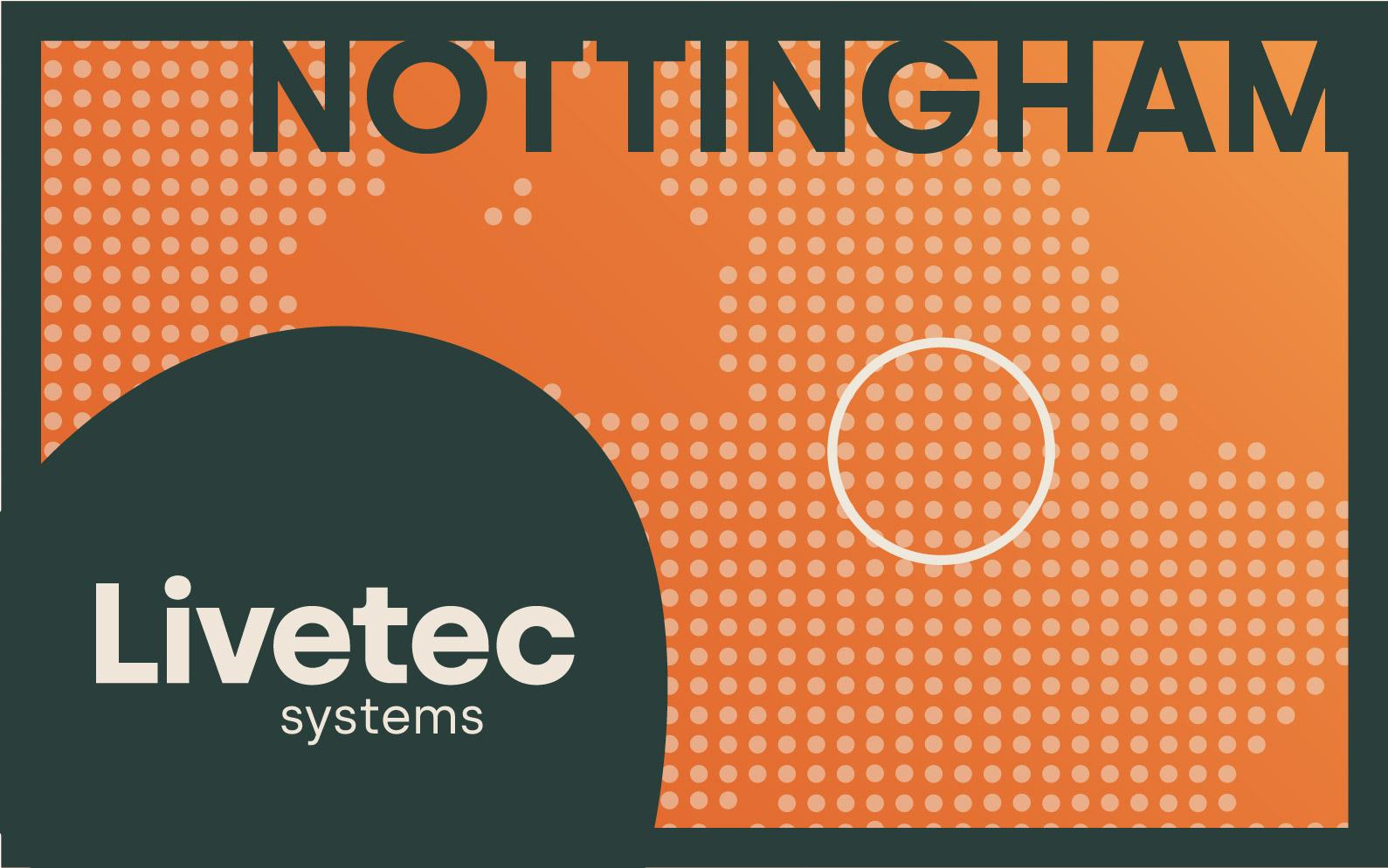Chickens grown for meat are known as broilers, or broiler chickens, and are currently the most popular meat in the UK. Over 20 million birds enter the supply chain each week, and annually the UK processes 1.16 billion of them a year. The broiler market is a continually growing one, with demand for chicken for consumers steadily increasing year on year. When managed efficiently it can be a profitable business for poultry farmers, with them being able to raise multiple flocks each year.
Preparing for your new flock
Sanitation, which is an important aspect of biosecurity, is key when introducing a new flock or new broilers to your existing flock. Before isolating your new flock prior to introducing them to a shed or in advance of introducing a new flock to an existing one, the housing area and sheds should be fully cleaned and disinfected including the floor, ceiling, walls and equipment. Anything that was used when the last flock was housed should always be subject to rigorous cleansing and disinfection.
Water feeds should also be cleaned to remove any bacteria which could have taken hold in the pipes before the new flock is introduced. Having a good cleansing and disinfection protocol, alongside or as part of your comprehensive biosecurity plan will greatly reduce the risk of introducing diseases, such as avian influenza (AI), Salmonella or Newcastle Disease to your flock.
You should also ensure that all equipment has been maintained and is in good working order prior to the flock’s introduction, as the first 20 days can be considered critical for the broiler’s health.
The brooding stage
The brooding stage is a 10 day period within which it can be determined whether or not a flock will be profitable. This period is critical as it can influence the management of the broiler’s health and growth rate. There are four important factors that must be closely managed during the brooding stage:
Heating is imperative at an early stage. The brooding pen needs to be kept at an average temperature of 28°C every day, and if this does not happen, it can lead to a waste of feed and affect your production costs.
Lighting ensures a healthy resting cycle for the birds, encouraging them to eat a healthy amount of feed. Disturbances to the lighting can encourage birds to stay awake for longer and overeat.
Feed should be given to broilers at the same time each day to create a routine, as it reduces stress in the birds and encourages them to feed in a way which is both sustainable and healthy. Easy access to feed should also be prioritised. If birds have to work hard to find food, not only does it increase their stress levels, but it burns more calories meaning they need to eat more to reach the goal weight determined by the farmer.
Water should be provided at a cool temperature and should be easily accessible to the chicks. Water is a critical source of nutrition for broiler chickens, as they drink two to three times the weight of water against the amount of feed they consume.
Housing your broilers
Housing protects your birds from the elements. Housing must be well maintained to ensure wild birds and rodents cannot gain access to the chicken house. Unwanted visitors like wild birds and rodents increase the likelihood of fatal diseases being introduced to your flock.
The sheds must also be well ventilated with a well maintained environmental system for both hot and cold weather. It should be able to capture moisture, have ample air movement and plenty of light, with a system to regularly replace litter.
Choosing your litter wisely
There are multiple types of litter available to poultry farmers including sawdust, wood shavings and rice bran to name a few. Choosing the right litter for your pens is important, as it provides comfort to the birds and keeps them calm allowing them to focus on feeding and growing. Poultry farmers must also be aware of the concerns around certain types of litter, with some having the ability to cause respiratory diseases and disorders as well as blindness. Typically wood shavings are considered to cause less irritation due to them being larger.
Stock rates for broiler chickens
A way to reduce your production costs can be achieved by the amount of birds you house, known as stocking rate. This should be carefully considered as broilers need a certain amount of space to grow and remain happy as well as healthy. Miscalculating or overstocking can affect the birds health and you will suffer reduced growth and ultimately the final weight of the birds.
Feeding your broiler chickens
With the cost of feed increasing considerably in the past few months, what has always been considered one of the most expensive parts of the rearing process, has become even more draining on the profitability of a flock. Broiler chickens should be fed two types of feed, a starter diet and the broiler finishing diet, each of which should be of good quality. Feeding broilers good quality feed, consistently will ensure they reach a healthy weight, to your desired timescale.
Biosecurity is essential for disease prevention
Poultry farmers have to be extra vigilant when it comes to disease prevention. AI, for example, can easily decimate an entire flock if not properly managed, which has been continually highlighted throughout the recent 2021 to 2022 season. Biosecurity protocols are essential in mitigating the risk of infection, and it is critical that bird owners take all the necessary precautions to protect their poultry.
While diseases are always a cause for concern, there are steps that you can take to reduce the risk of infection. By following the best practices for disease prevention, you can help keep your flock healthy and avoid potential disasters.
Protecting your broiler flocks with a Livetec biosecurity plan
Livetec are industry leaders in on-farm biosecurity. Our experienced team has a wealth of on-farm experience and is backed by extensive scientific research, making us your ideal partner in protecting your farm from disease.
Our tailored biosecurity solutions offer an exhaustive review of your current measures, conducted on-farm by our in-house experts. We identify all of the current on-farm and external biosecurity threats, pinpoint any vulnerabilities and devise a comprehensive plan to mitigate the risks.
Contact Livetec to find out more about our bespoke biosecurity solutions.

